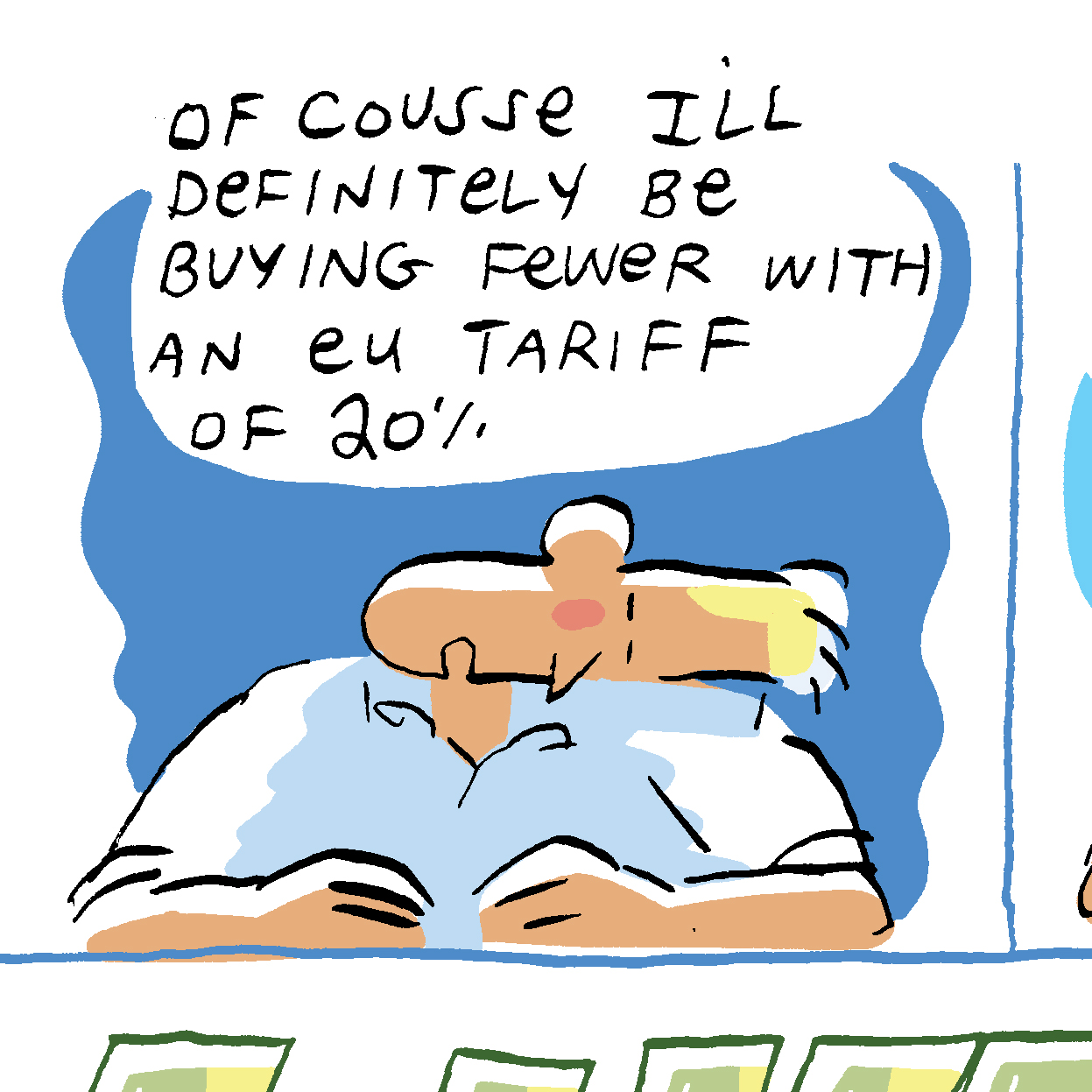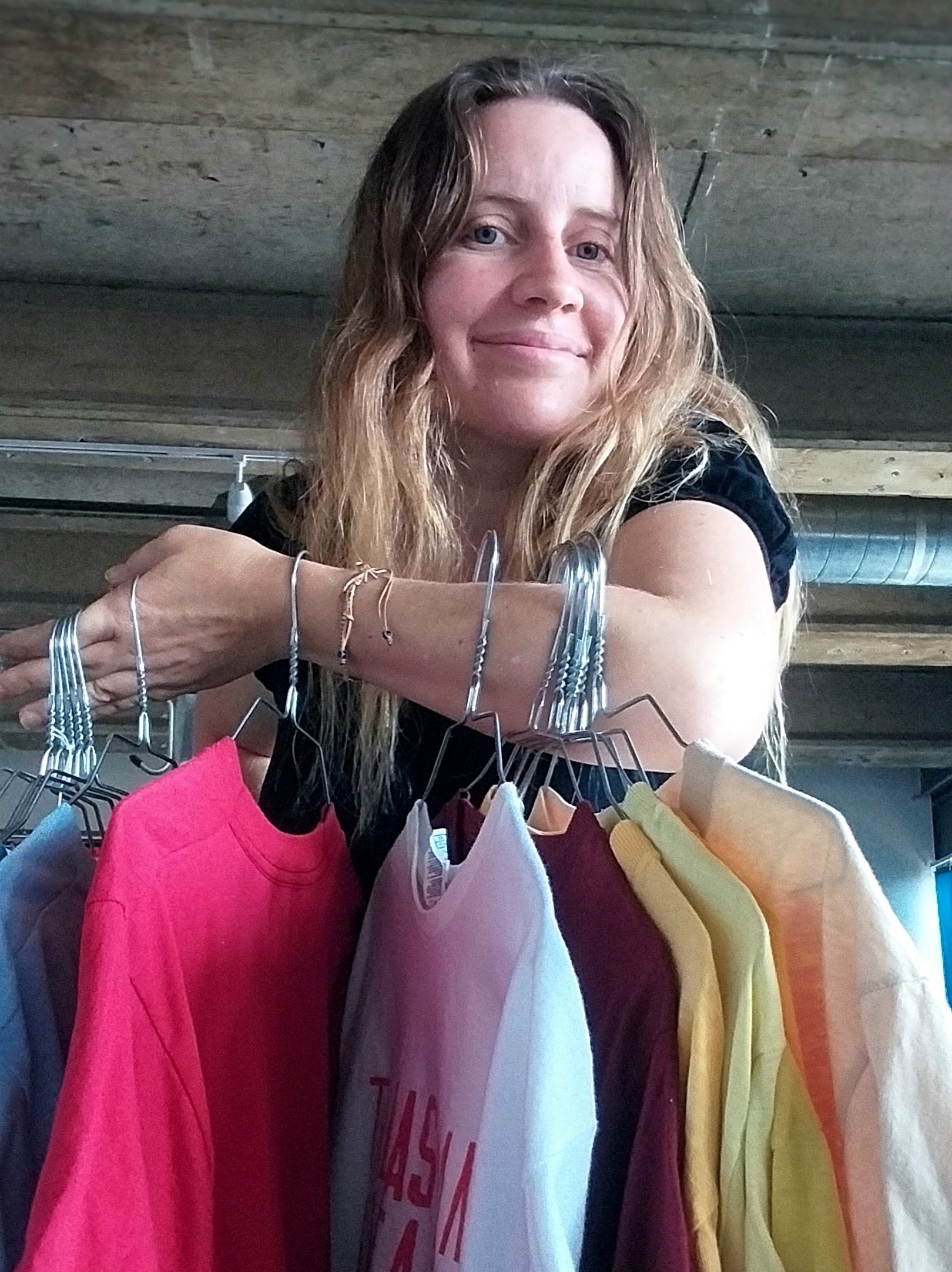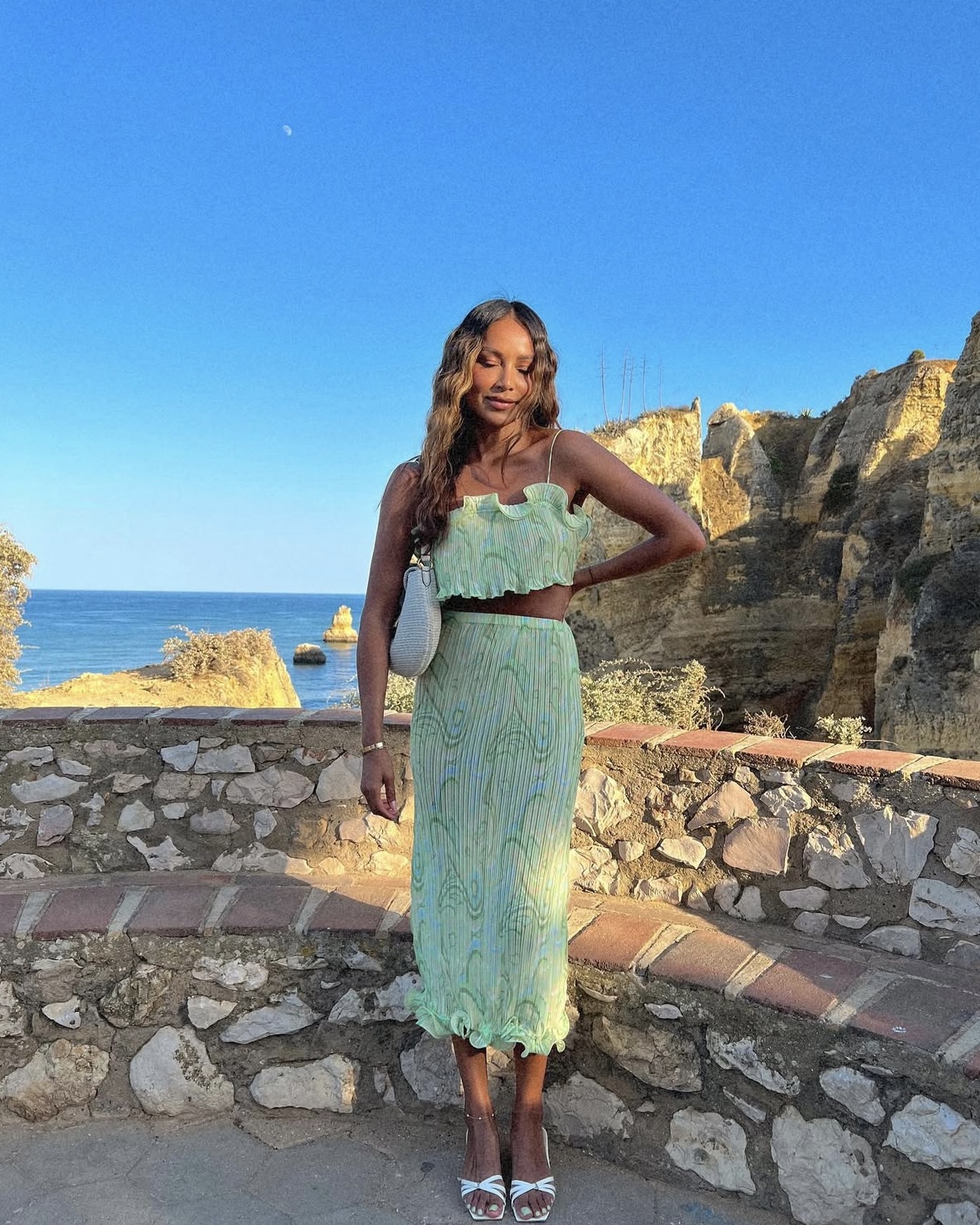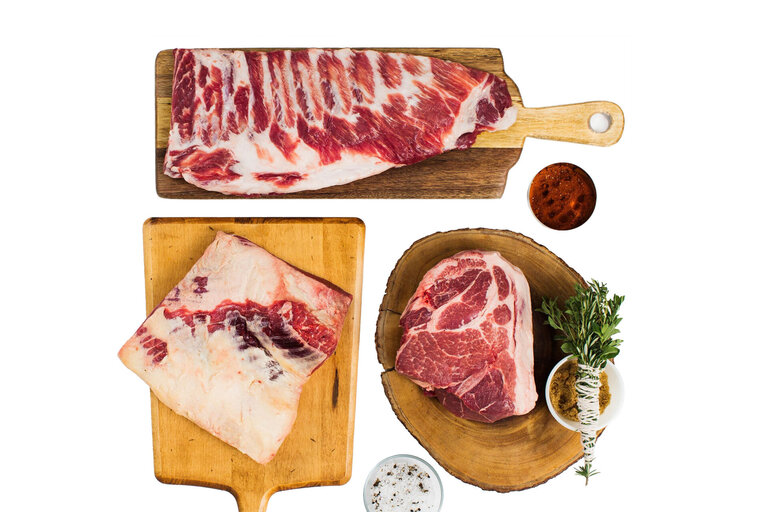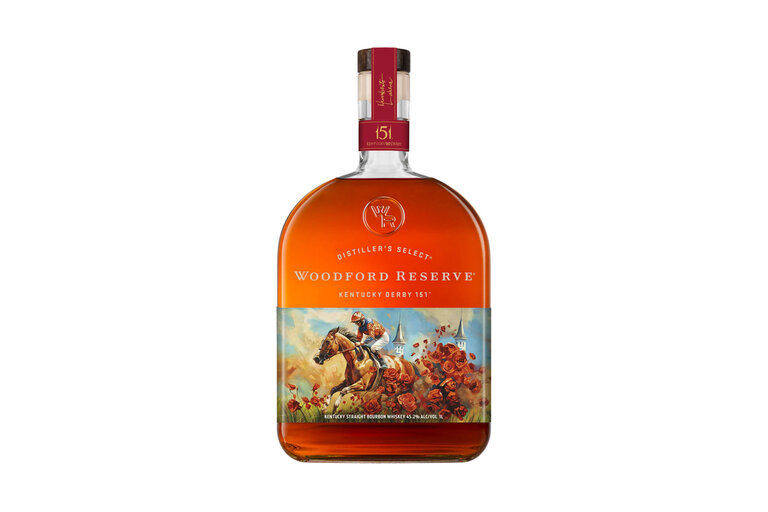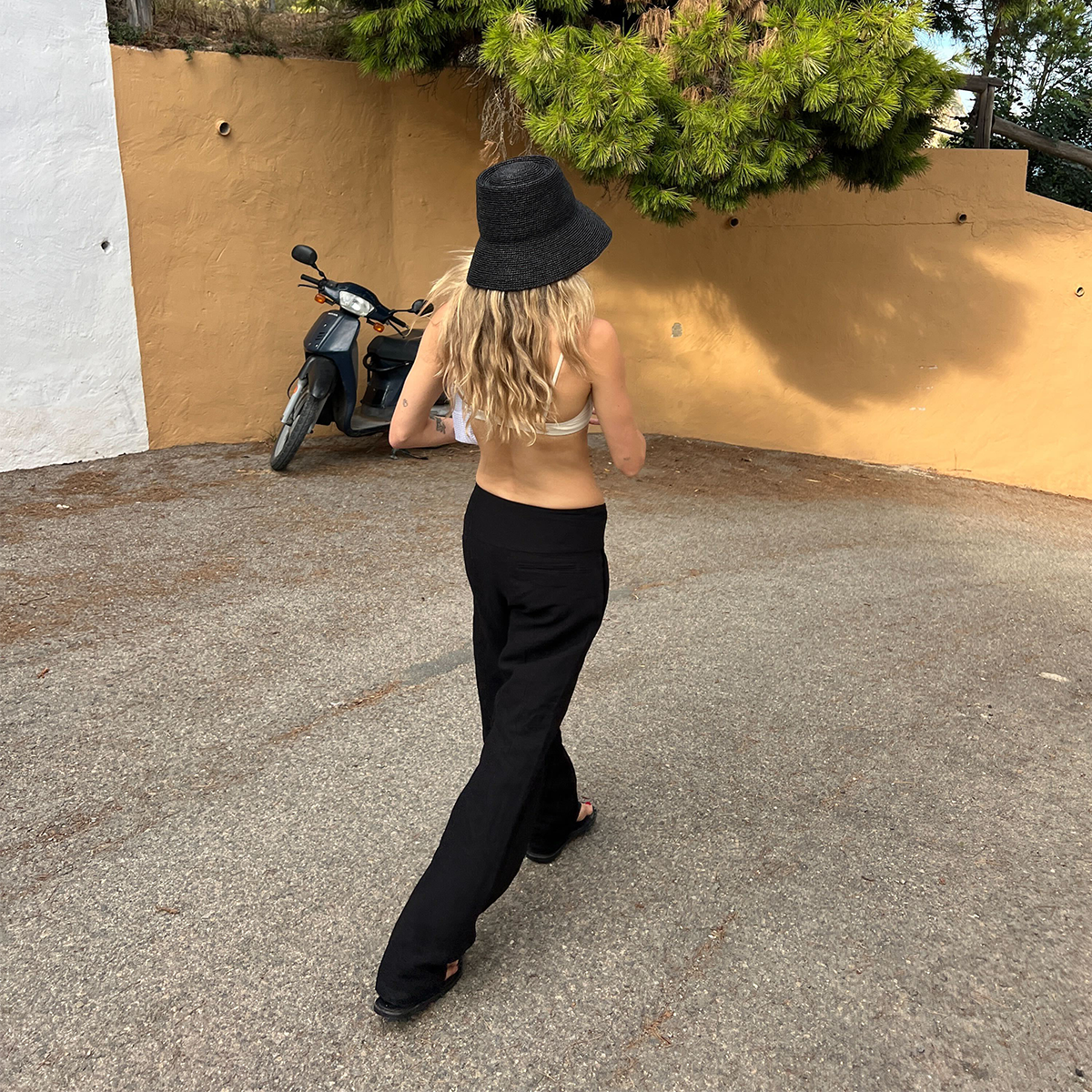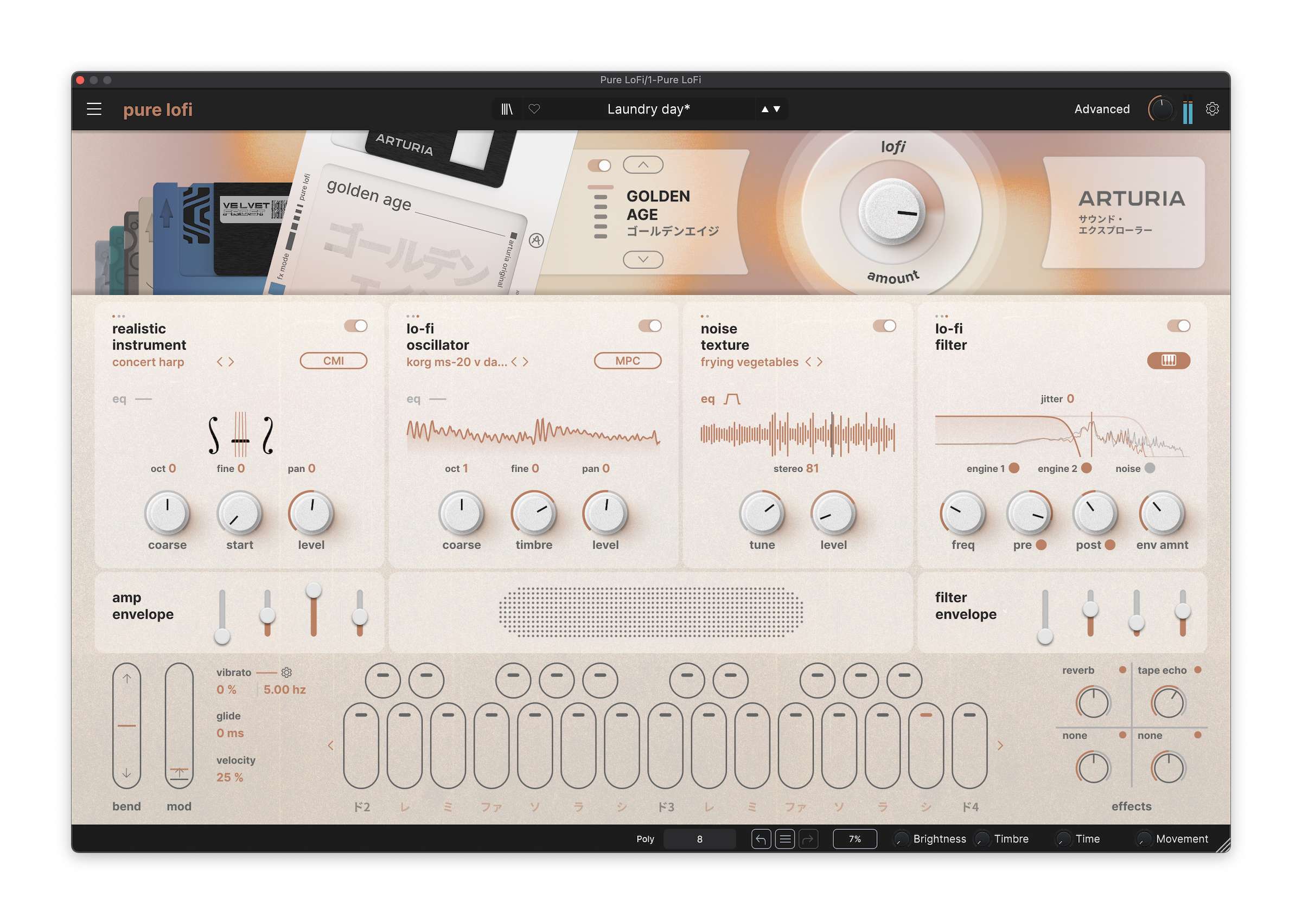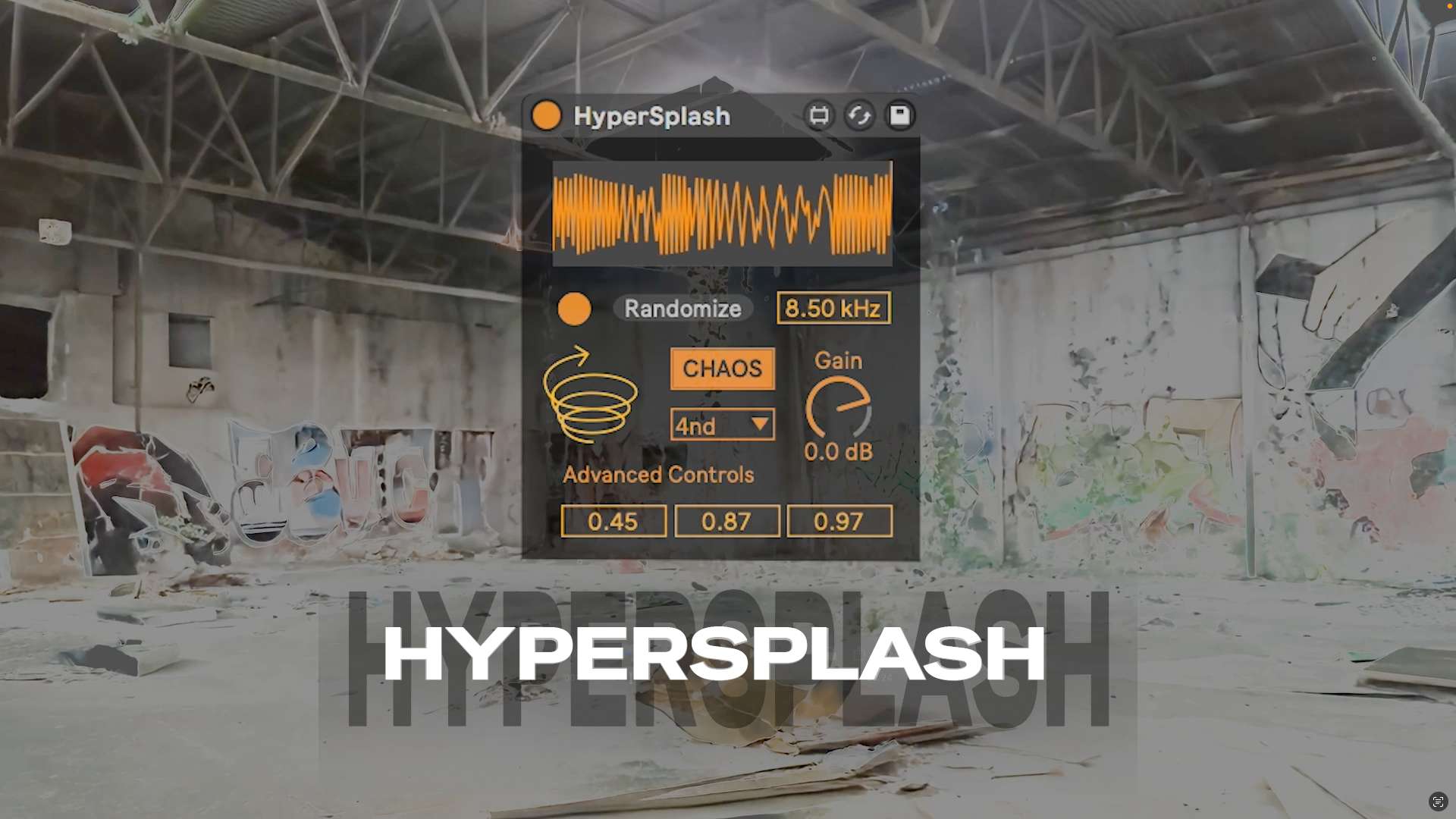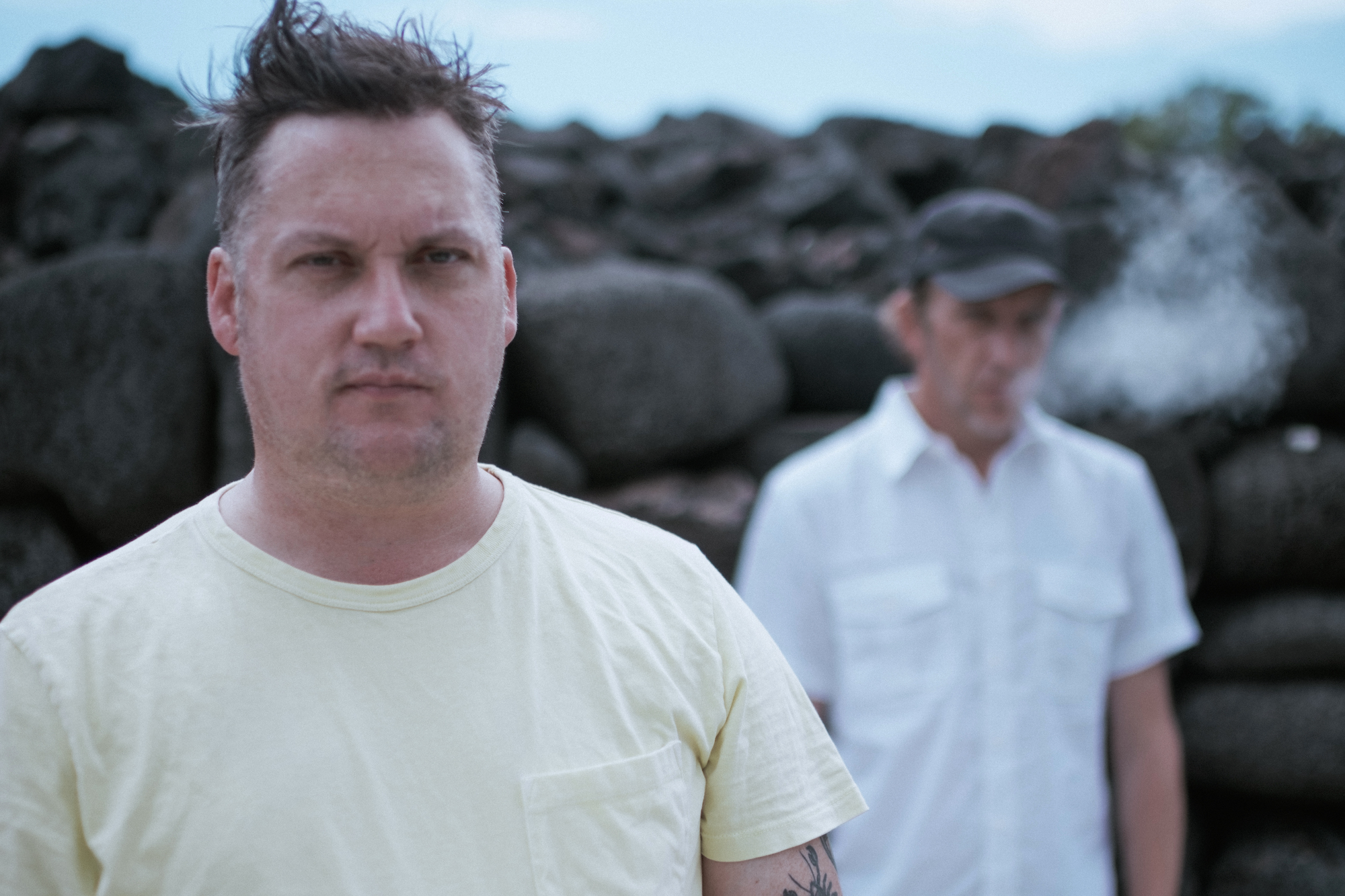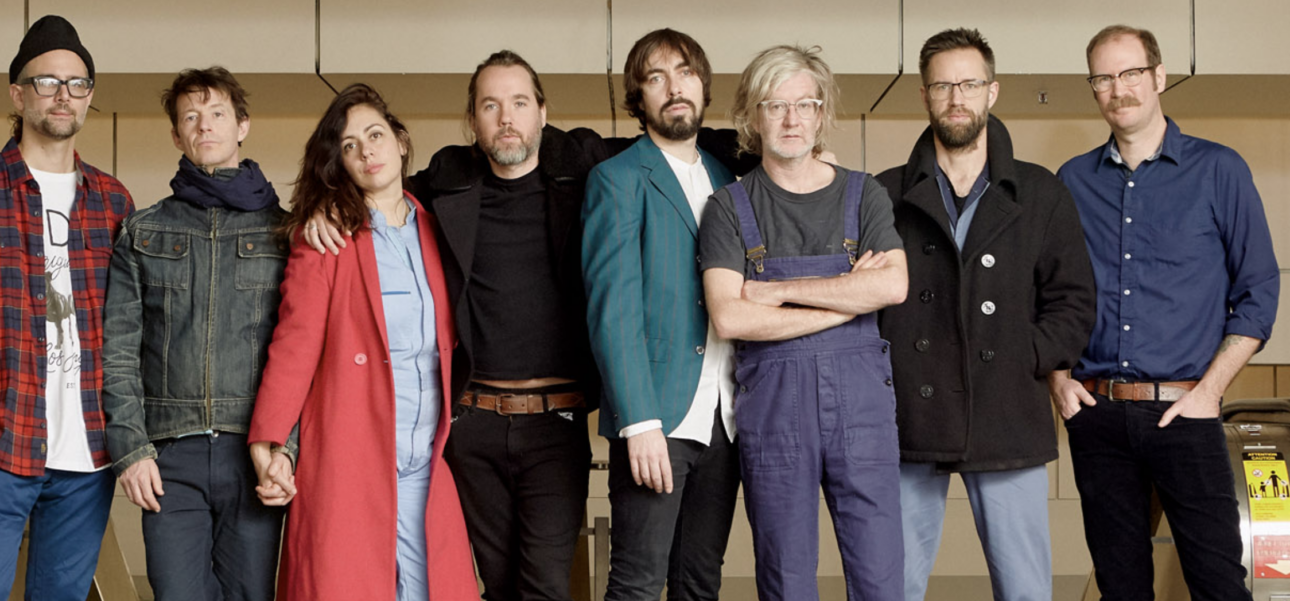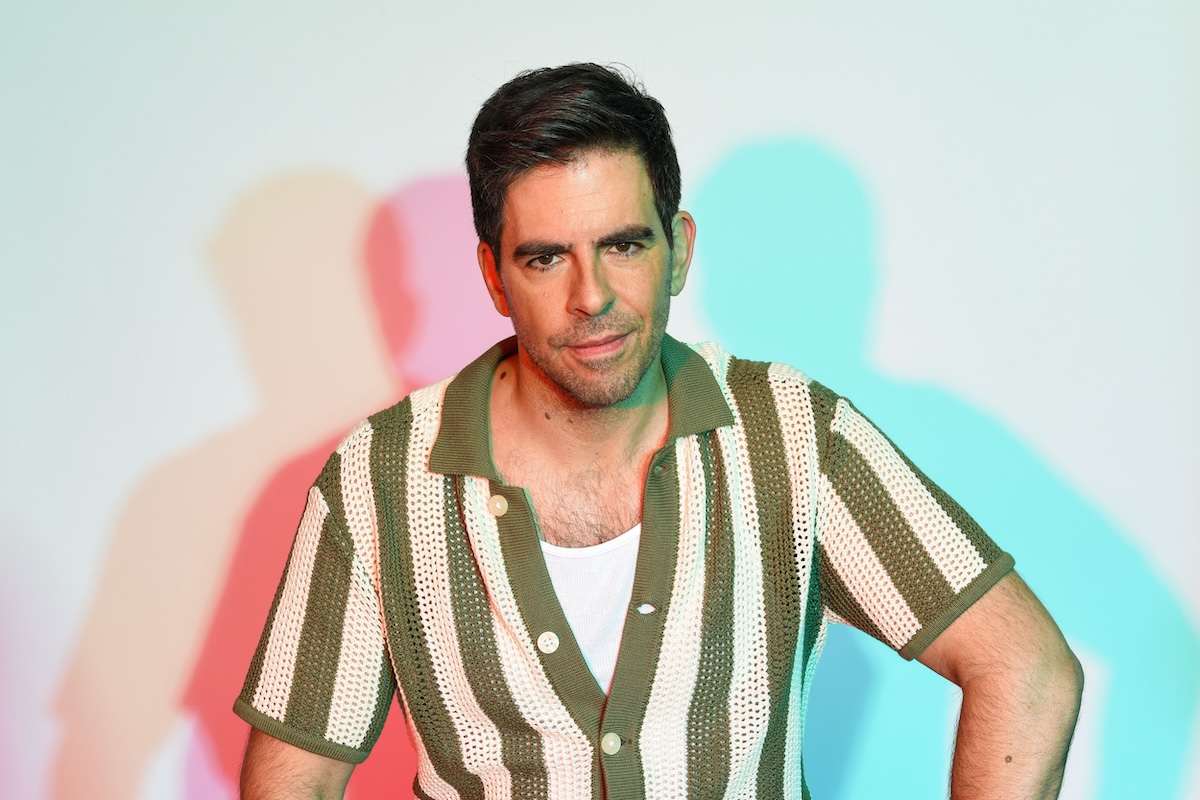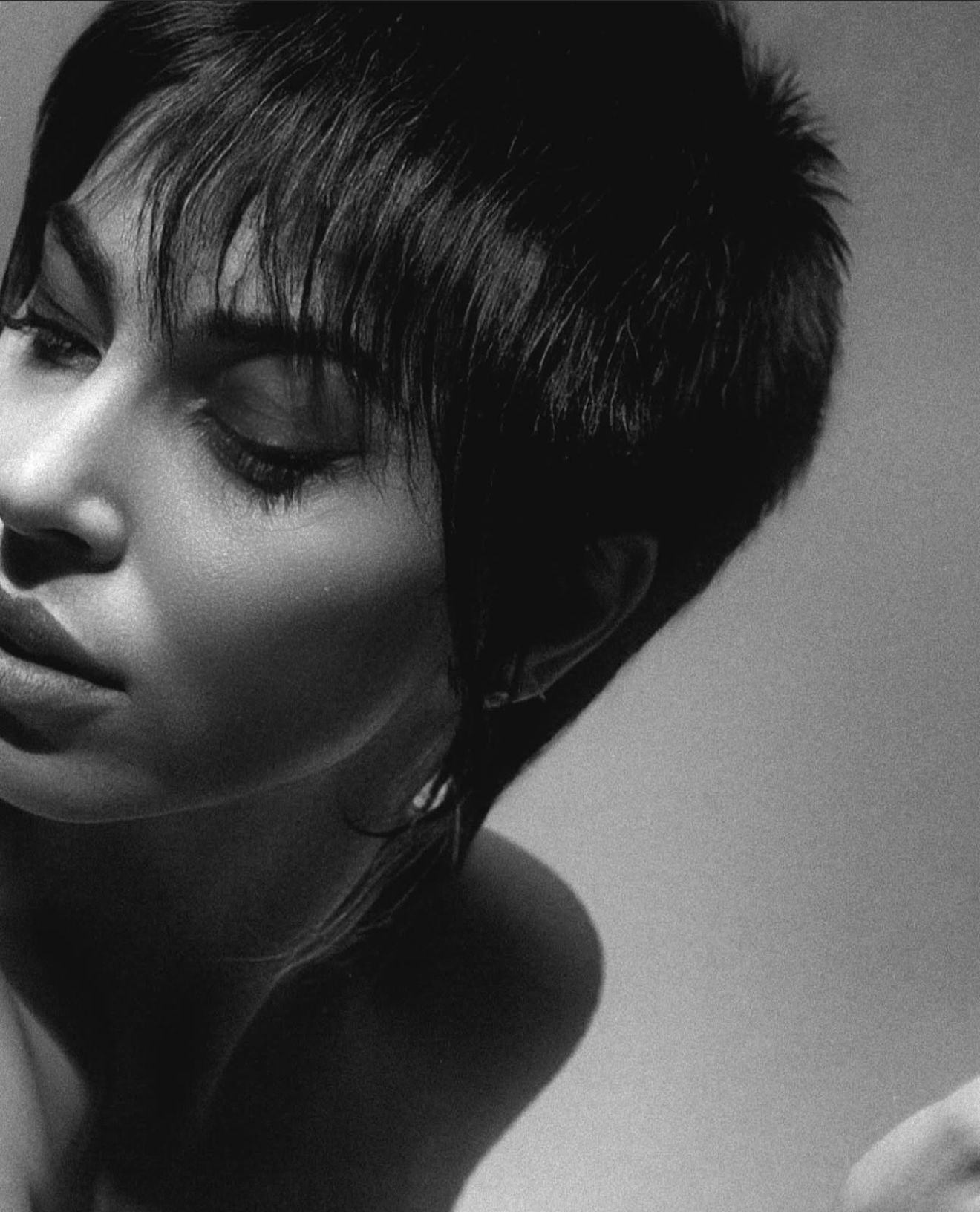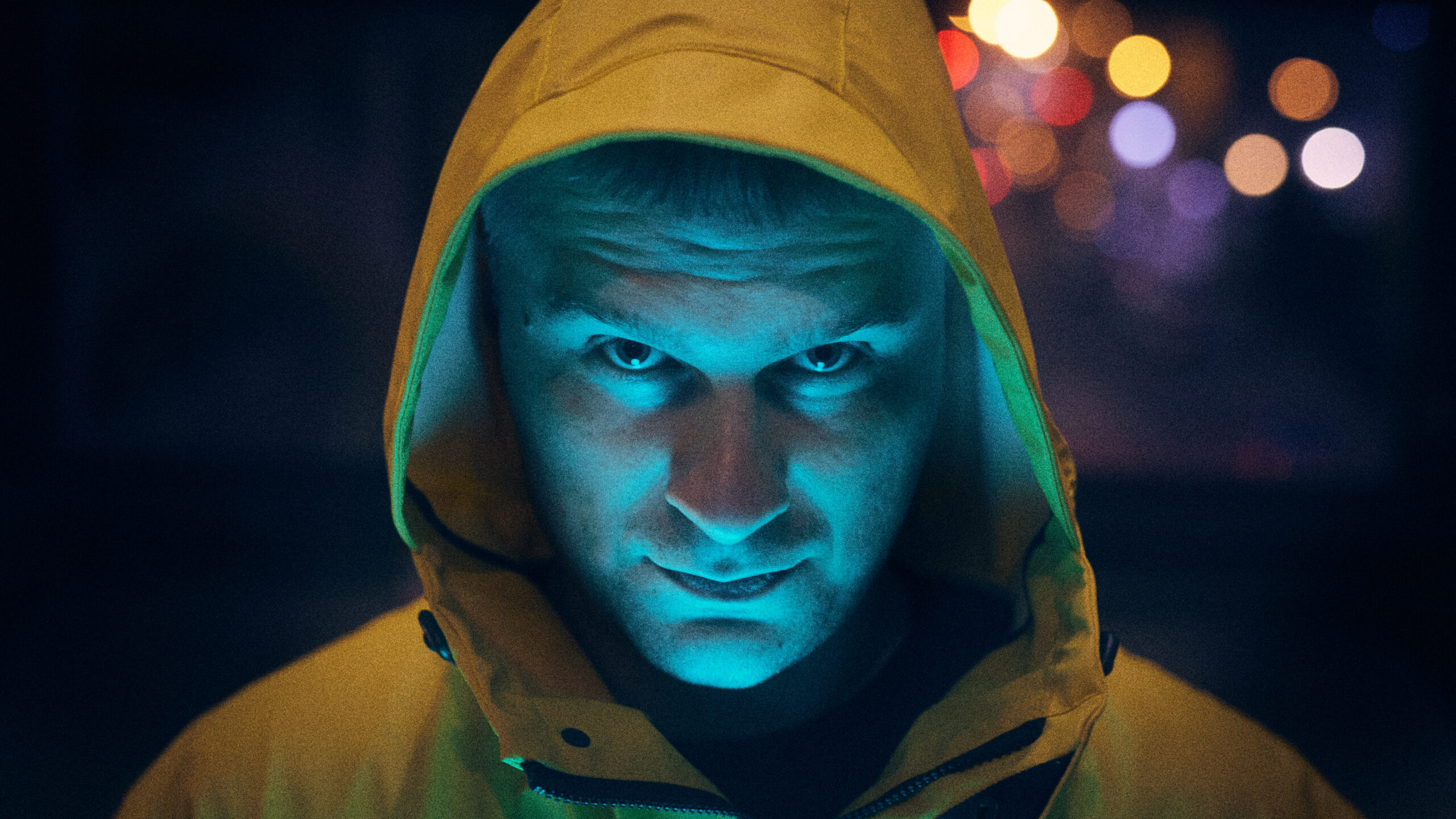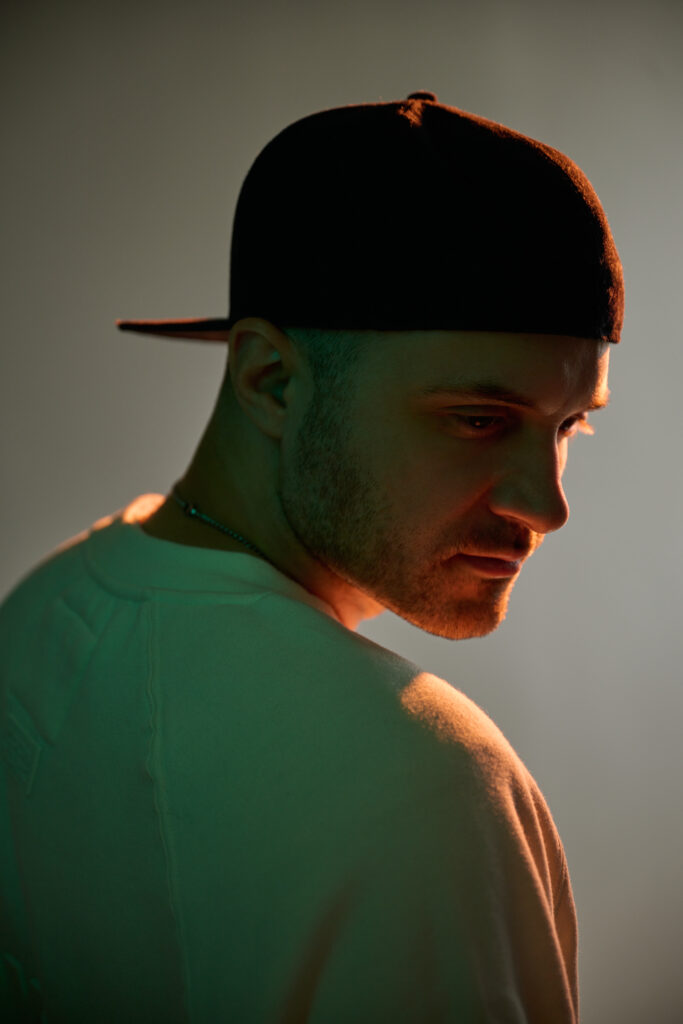‘The Chosen’ Creator Prepares Fans for the Last Supper: ‘I Don’t Love Filming, I Love Having Filmed’
As his show gets more popular and shooting gets more demanding, Dallas Jenkins sticks to his mission of revealing the humanity in Jesus Christ's story The post ‘The Chosen’ Creator Prepares Fans for the Last Supper: ‘I Don’t Love Filming, I Love Having Filmed’ appeared first on TheWrap.
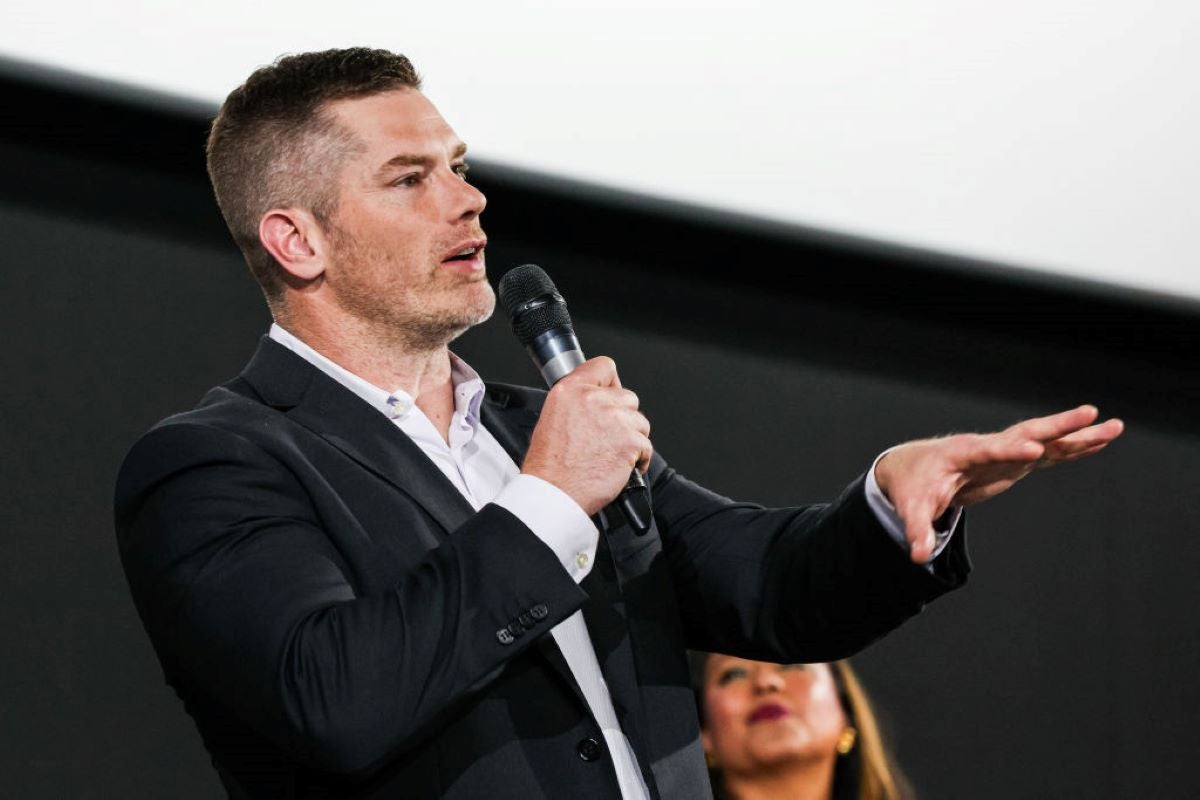
It’s only a week into shooting Season 6 of his hit indie Christian TV series “The Chosen,” and Dallas Jenkins is already feeling the toll of his most demanding shoot yet.
After eight years developing and shooting 40 episodes that go deeper into the Gospel story, Jenkins has arrived at the most famous part of Jesus Christ’s tale: his crucifixion. It has been brought to life many times over the decades in films ranging from “Jesus Christ Superstar” to “The Passion of the Christ,” but doing it on a crowdfunded budget brings its own unique challenges.
“Our schedule is 20 days longer than it normally is, because we have so many night shoots. In the Gospel, there’s three hours of darkness that takes place when Jesus is on the cross,” Jenkins told TheWrap. “Our budget is bigger than ever, but not in a good way. We’ve had to go to the fans and ask those who are donors for more money because our original estimated budget wasn’t big enough to cover this number of shoot days at night.”
But as Jenkins upends his sleep cycle for the weeks ahead — he’s forcing himself to stay up at late as 3 a.m. — he does so with the anticipation of when he will get to show the fruits of his team’s labor to fans of “The Chosen,” who have not only expanded outside the U.S. but have made the show into a box office force thanks to its theatrical release by Fathom Entertainment.
“I don’t love filming, I love having filmed,” Jenkins explained. “I’m experiencing the best and worst parts of my job all at the same time. Right now the best part is revealing the show to the world, and getting some great feedback. It’s helping me get through the most demanding shoots we’ve ever had, seeing the feedback and impact that we’re having all over the world.”
This month, Season 5 of “The Chosen” was released in three batches of episodes by Fathom, combining to gross $43.3 million in North America. That tops the $31.5 million made by Season 4 the year prior.
The latest season covers the Holy Week portion of the Gospel story, starting with Jesus’ return to Jerusalem on Palm Sunday and culminating in his betrayal by Judas Iscariot. Each episode opens with a moment from his famed Last Supper with his apostles, in which he emotionally tries to prepare his closest followers for what is to come.
Jenkins spoke with TheWrap about bringing the Last Supper to life, how “The Wire” and its creator David Simon influenced his approach to adapting the Gospel, and how his original mission with “The Chosen” has been his anchor as its popularity has risen. The interview has been edited for clarity.
How long have you been thinking about how “The Chosen” was going to adapt Holy Week? Did you have an idea when you started the show or were you just taking it one episode at a time?
Well, I follow the mantra that David Simon spoke of when he was writing “The Wire,” saying that he “writes to the end.” He means that they’ve got the ending in mind from the beginning, and are writing toward that point. They know the end of the whole show, the end of each season, the end of the 1st episode. And that’s how we approach “The Chosen.” We thought about how Season 7 was going to end when we first sat down to write Season 1, even though we didn’t know yet if we would be able to make seven seasons.
So we weren’t thinking about Holy Week when we started the show, but we were thinking about how to set up the character arcs and story beats and, no pun intended, Easter eggs that are going to make some of these big moments from Scripture really pay off and have emotional, personal and intimate relevance.
But I wouldn’t say that we come to Holy Week or the Crucifixion in Season 6 or whatever going, “Oh, boy, here it is. This is big. We really got to get this right.” We have felt that every episode. We’re building this thing from scratch.We’re trying to build an audience from nothing. We don’t have, you know, billions of dollars at our disposal like a huge studio does. So we’ve always just felt every episode, every scene really matters, because we can’t take anything for granted.
Does adapting Scripture require a different approach than one might take adapting some other form of literature?
I think that on one hand, the fact that it’s so been around for so long and is so classic — and the story of Jesus in particular has been done so many times — there’s a baked-in structure to the story that we can’t change. Then, as a believer and as someone who knows that over half of our audience are going to be believers, there’s a even stronger obligation to not stray from the intention and character of Jesus and the Gospels.
But on the other hand, the genre of biblical storytelling has in many ways worked in our favor. It has its own approach to it, its own tone that you associate with biblical storytelling. It’s more formal and stiff. It’s a bit more emotionally distant. There are certain expectations that we can easily subvert just by treating it like a normal show. So the shows that have influenced “The Chosen” are “The Wire,” “Friday Night Lights,” shows like that. By making a normal television show with this as the source material, by definition, we get that wow factor, that feeling that people are seeing a classic story being told in a way they’ve never seen before.
That approach really comes through in the moments from the Last Supper that begin every episode this season. You have established moments like the breaking of the bread and the revelation that Judas will betray Jesus, but there is dialogue that expands on it. Tell us a bit about how you and the cast worked on those scenes.
I think those scenes show the essence of “The Chosen”: revealing the humanity in Scripture. I don’t want to say we’re making it human, because the Bible was always human. It’s just that with the nature of religion, sometimes we formalize and distance ourselves a bit with stained glass windows, the formality of church, the formality of religious art. So we’re focusing on the humanity that actually was there.
The Last Supper is the best example because it’s a very long section in the Bible, and there’s a big speech that Jesus gives that is confusing at times. It feels formal. It feels like a sermon at times. But we know for a fact, because they were human beings, that this was also Jesus with his best friends in a very intimate moment, less than 24 hours before he’s going to be tortured and killed. So what would that be? How would they handle this? So we start with the words from Scripture. We know that’s going to happen no matter what. And then we figure out how to unpack it and lead into it so it doesn’t feel like when Jesus starts saying the words from Scripture that he’s quoting it. And so we infuse that throughout the whole sequence.
Then, when it comes to Jonathan [Roumie]’s approach, he knows he can’t connect with the divinity of Jesus. He can only connect with humanity and then we just trust that the actions of Jesus’ divinity carry the weight of that. Jonathan can’t act divine in a scene like the Last Supper. He focuses on the immense weight of everything that would cause Jesus to act in the way that he does in the scene. It’s his last time with his disciples before he dies. He knows what their future is. He knows that there’s someone sitting right next to him who’s going to betray him. He also knows that his close friends and students are confused and can’t get it and can’t understand it, so he has to just give him all these truth bombs before he goes, knowing that a few days later, it will all make sense.
So all of that is infused into something that we’ve previously seen as just a painting. You know, 12 disciples and Jesus sitting on one side of a table eating unleavened bread in a very formal setting. It can be difficult as an actor and a director to be that weighty for that long, but it’s also gotten easier in some ways to just go, “Here’s the stakes, here’s what you’re dealing with during this whole scene and with every word that you say, here’s what’s hanging over your head.” And that makes it inevitable. There’s no other way to play it other than the way he plays it.

Since you released the holiday special “Christmas With The Chosen,” your show has received a theatrical release that is becoming increasingly popular with fans. Has that theatrical option changed your filmmaking approach in any way, knowing that some people will be able to see this on a big screen?
Not really. This season we used widescreen cameras for the first time, but that was more because we felt the story demanded it with its growing scope rather than because of the theatrical release. And while we’re thrilled by its success in theaters, the majority of our viewers still watch the series by streaming, so it would be a mistake putting all our eggs in the theatrical basket.
As you’ve cultivated this growing fanbase, has the theatrical release played a big factor?
The growth we’ve seen is in two ways. One, yes, this season, there has been an increase in viewers who haven’t seen it in theaters before. They’re longtime viewers of the show, but they see the scope of the season — it’s Holy Week, it’s big, it’s broad — and feel that it demands to be seen on the big screen, and so we’ve seen more people go to the theater this season than we ever have. And I would imagine that our growth in our audience overall over the last year has contributed to that as well. Going into Season 5, we have more people who are watching the show than we did going into Season 4.
What we see also, though, is a lot of people streaming Season 1 because of the attention that theatrical is getting. The word of mouth has been so positive, and the fact that we are getting to Holy Week and the crucifixion is drawing attention and raising interest in getting caught up.
Here in the States, we’re 20-25% over last year already, so we’ll probably end up around 30%. But internationally, we’re up over 100% over last year. In India, for example, it was just going to screen for one day on about 48 screens, and the reaction from fans was so loud that they started a campaign for more screens, and the number of screens more than tripled. It’s been incredibly gratifying to see.
Finally, just tell us a bit more about working with Jonathan Roumie over these past eight years. What are your standout memories from seeing him perform as Jesus?
I’ve been blown away by Jonathan since I first cast him as Jesus over 10 years ago in a short film for my church’s Good Friday service. We filmed it in a rock quarry in Elgin, Illinois, and I remember thinking, “This is the best portrayal of Jesus I’ve ever seen, and he’s only on screen for like five minutes.”
With “The Chosen,” I get to show the world what I’ve known for a long time, and on a much larger scale. In terms of what stands out, I would say the Last Supper was a sequence that impressed me, because there’s so much Bible dialogue, and Bible dialogue is harder because it sounds like the Bible, right? It’s a little bit more formal, and so when Jonathan is able to repeatedly find the heart, find the humanity, find the authenticity, even when he’s giving words that are delivered from the stage in churches all over the world every year, that always impresses me and blows me away. Lots of actors have delivered the Gospel as it is written. Jonathan makes it human and intimate and nuanced and small, and that’s what impresses me the most.
The post ‘The Chosen’ Creator Prepares Fans for the Last Supper: ‘I Don’t Love Filming, I Love Having Filmed’ appeared first on TheWrap.




![‘Thorns’ – ‘Hellraiser’ Inspired Horror Movie Starring Doug Bradley Releases in May [Trailer]](https://bloody-disgusting.com/wp-content/uploads/2023/04/thorns.jpg)

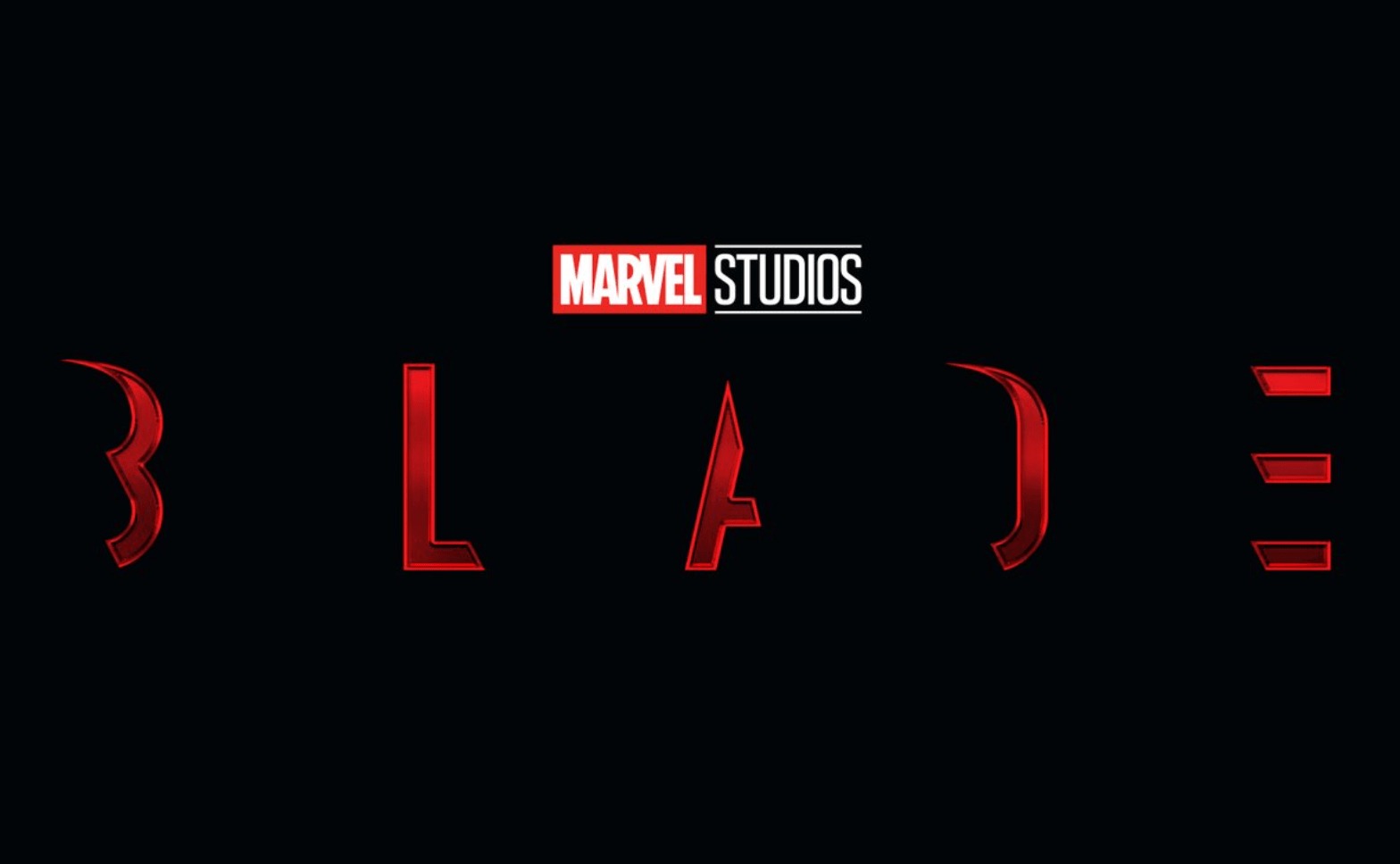












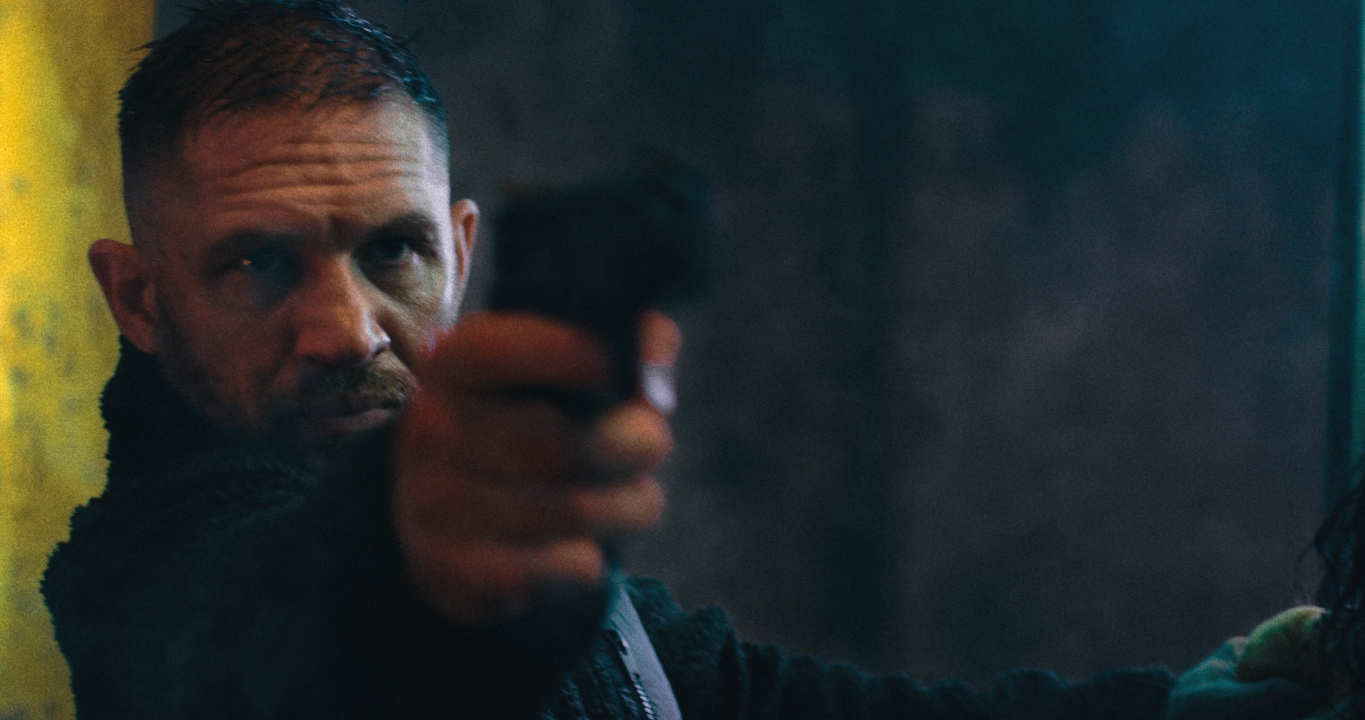

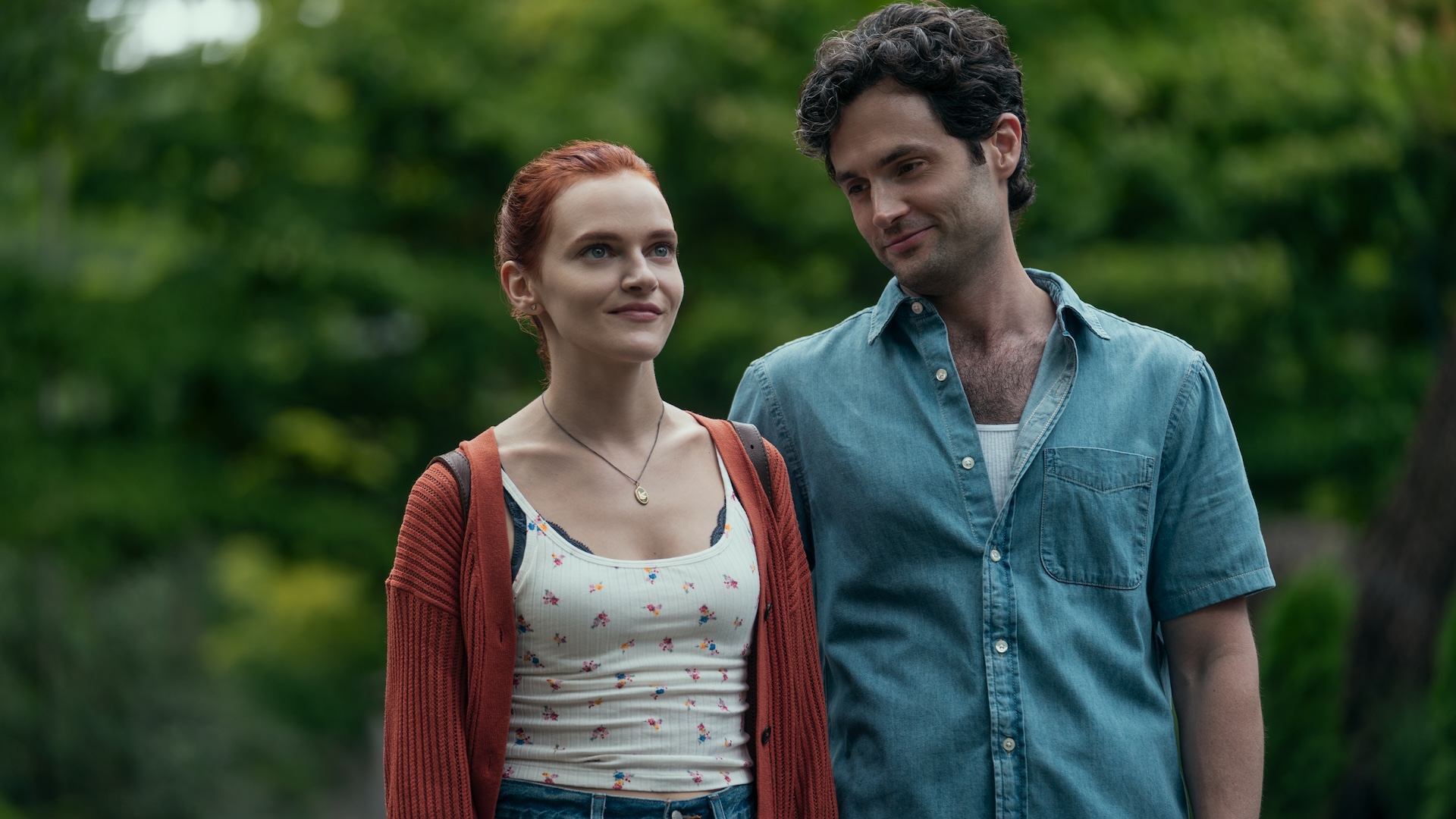
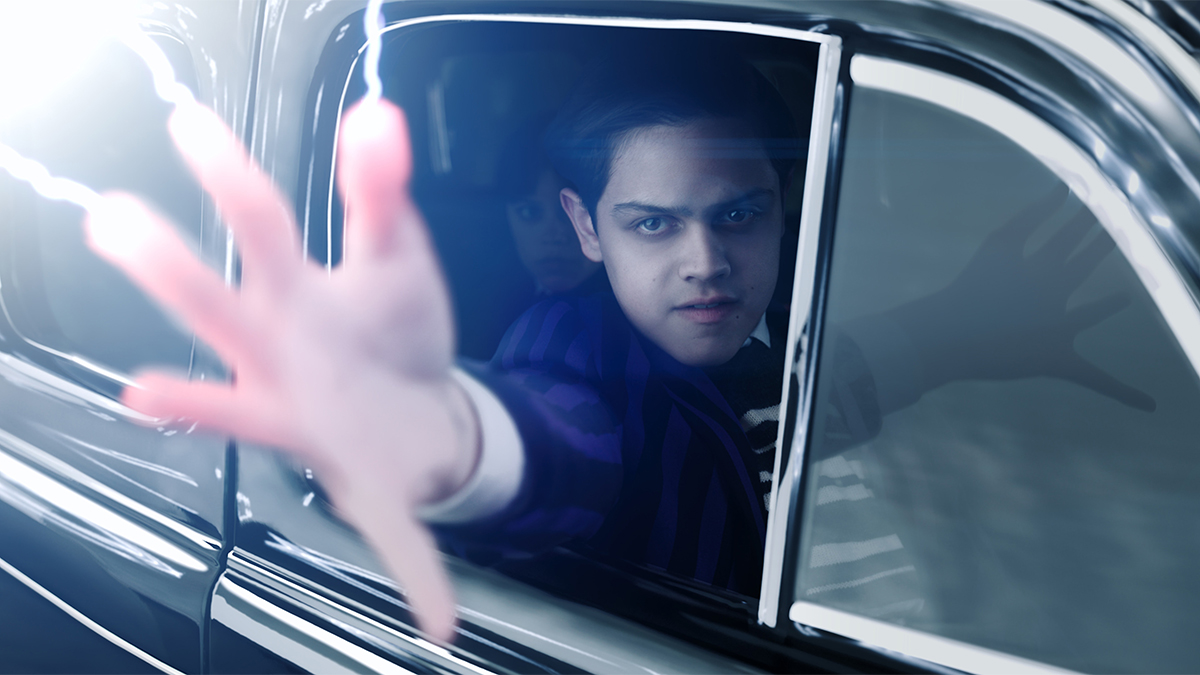




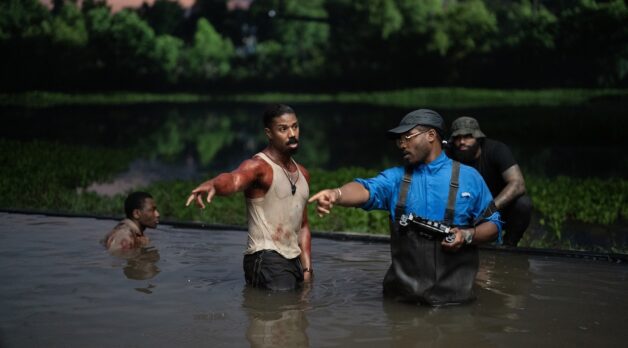

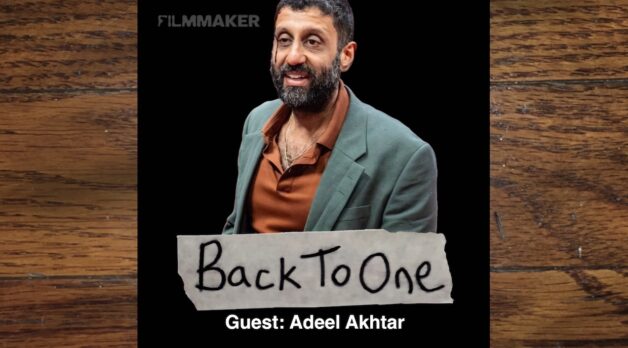
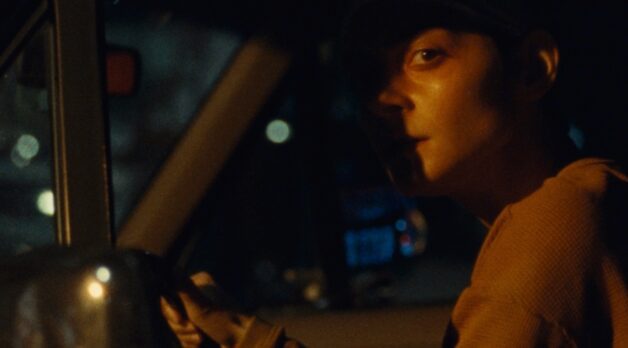









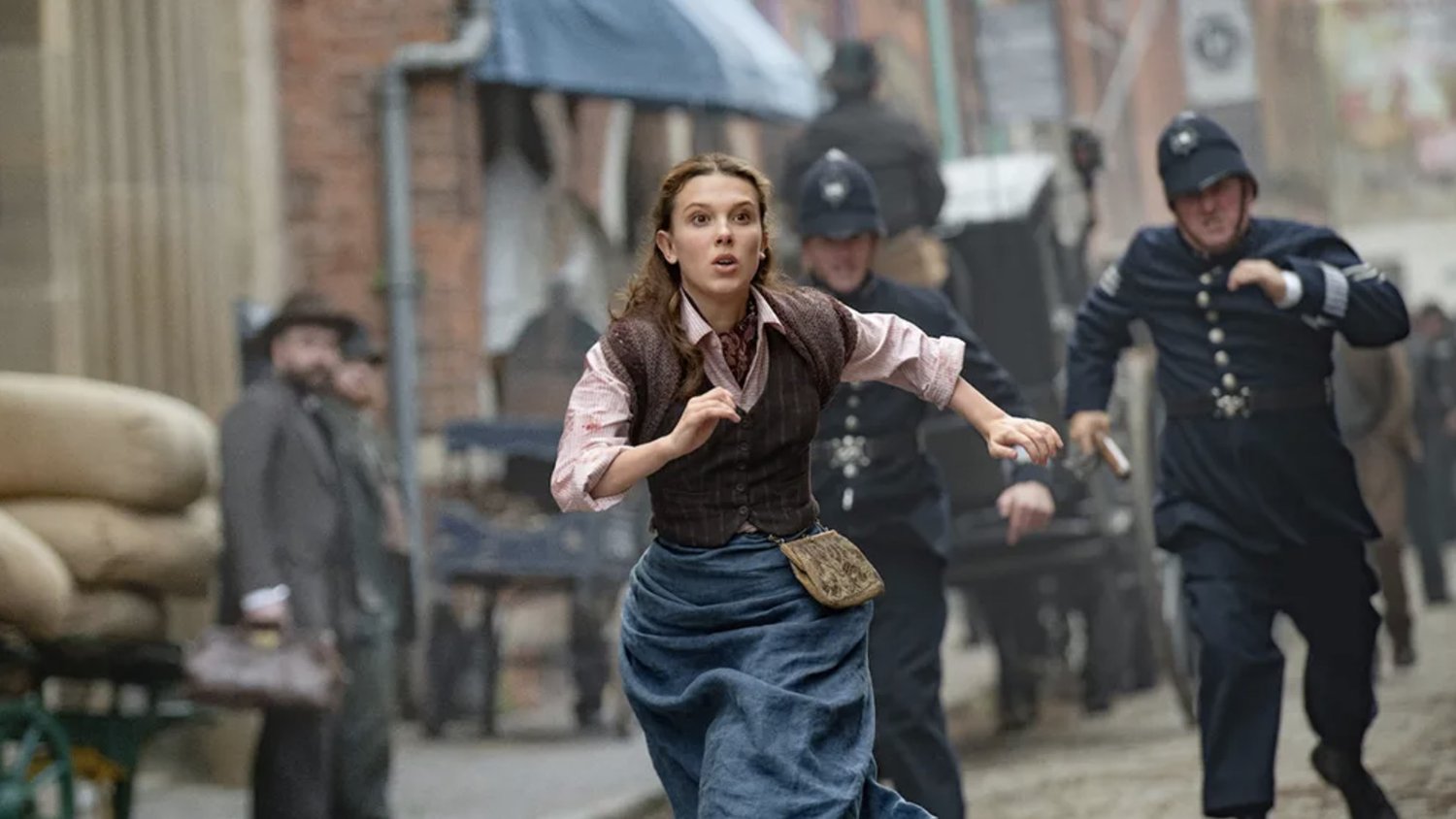












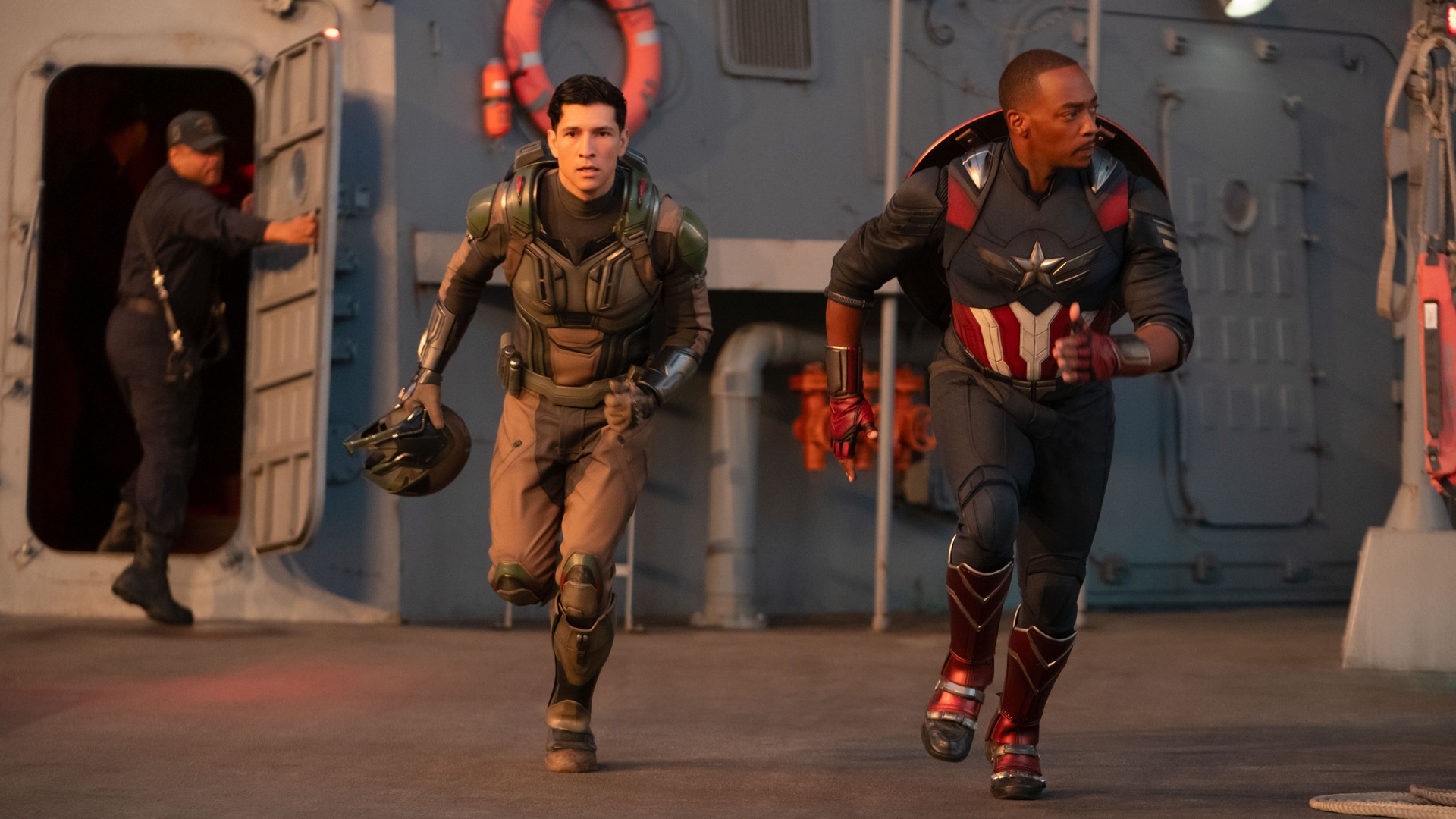

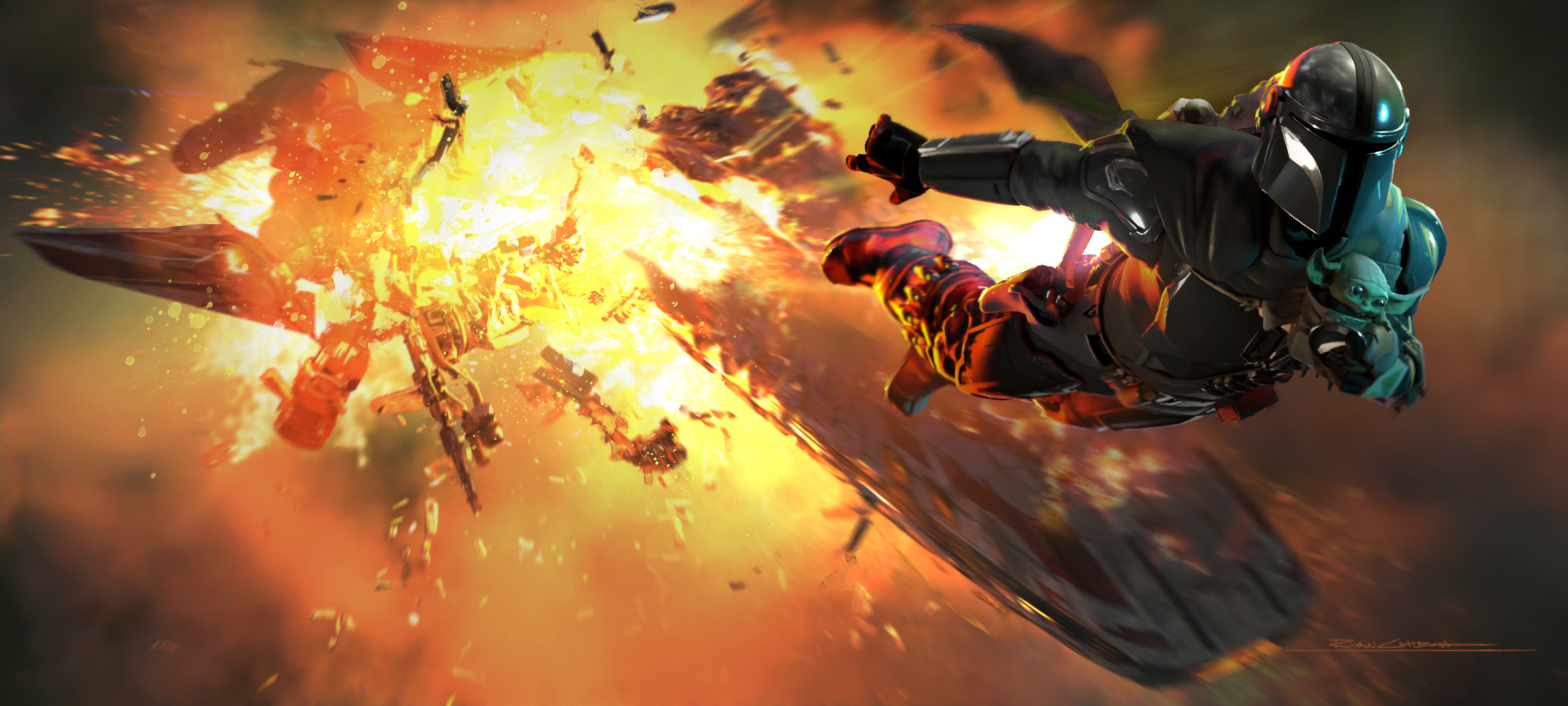
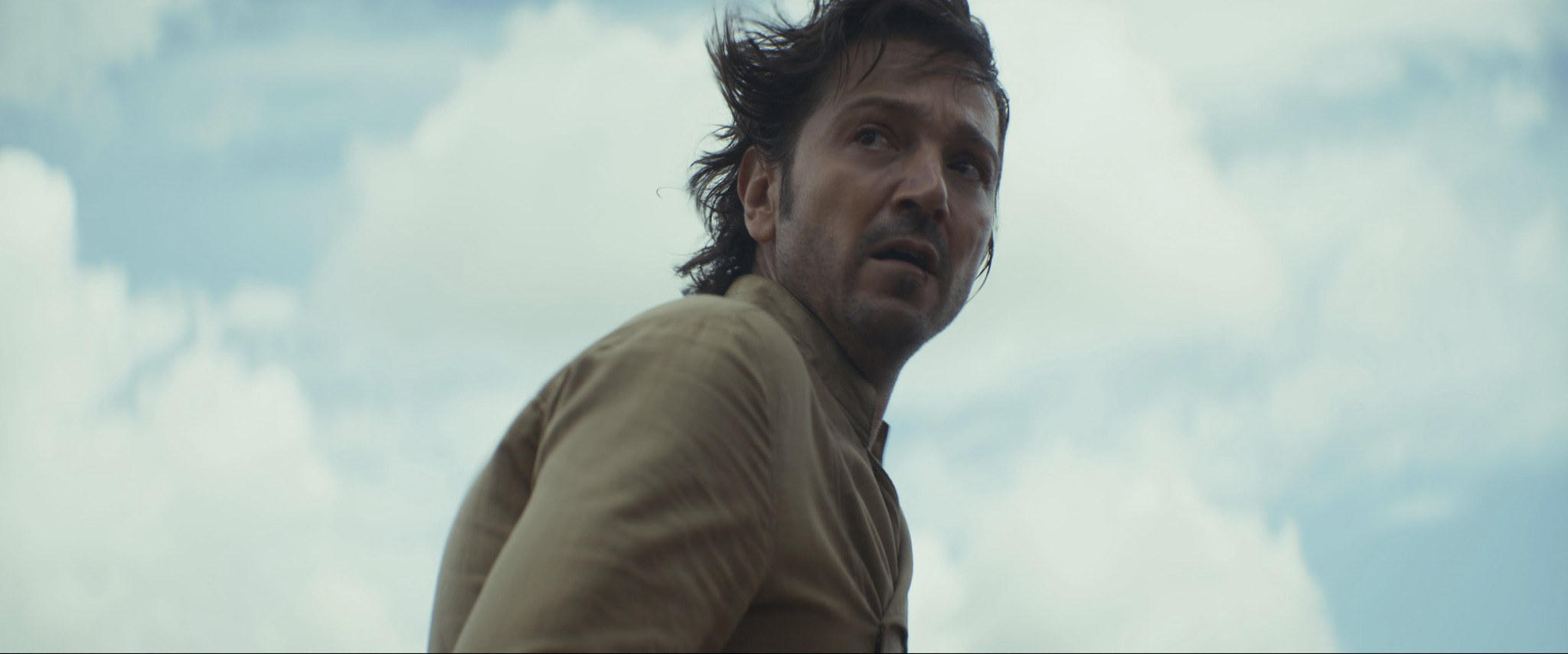

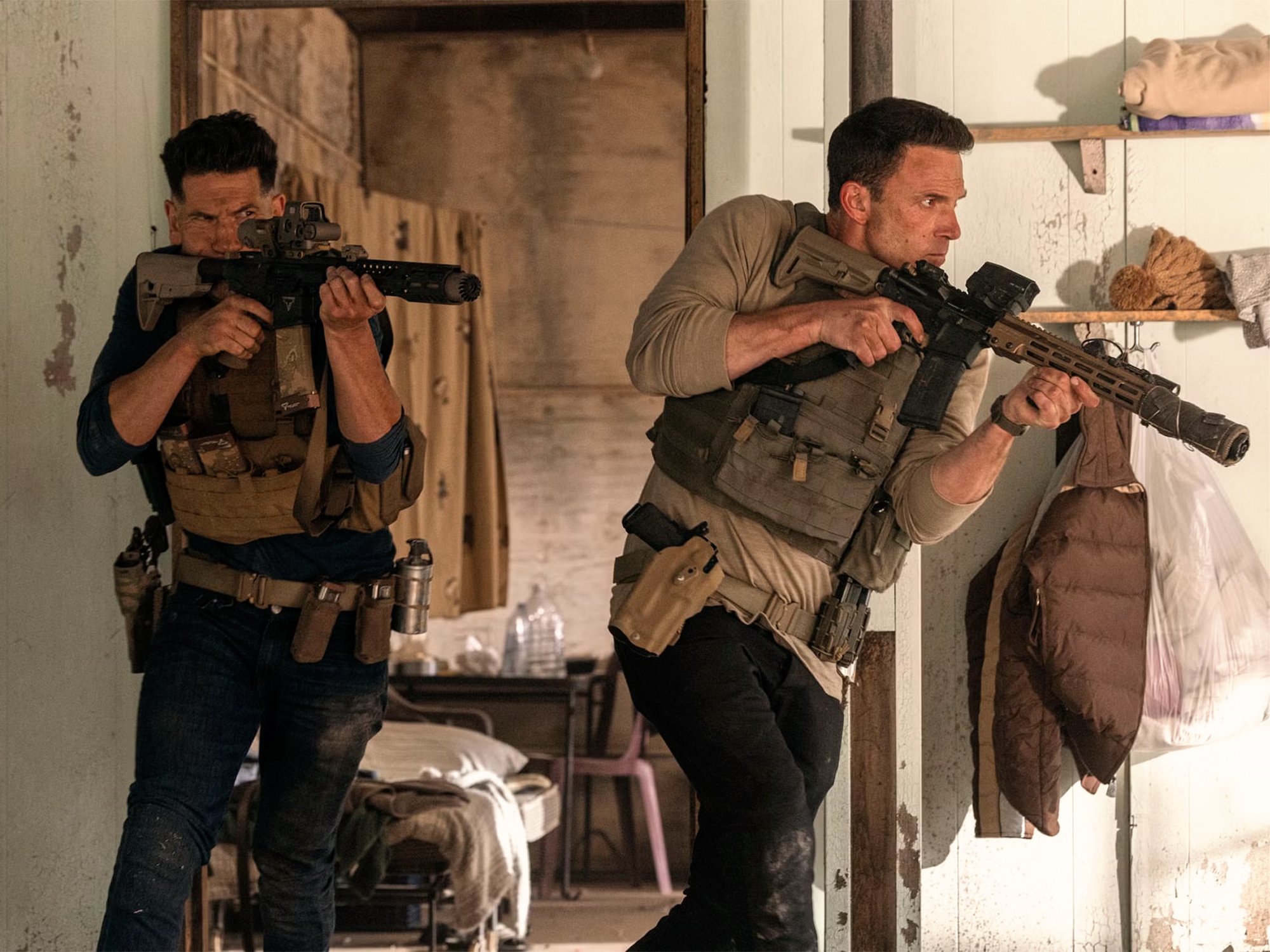
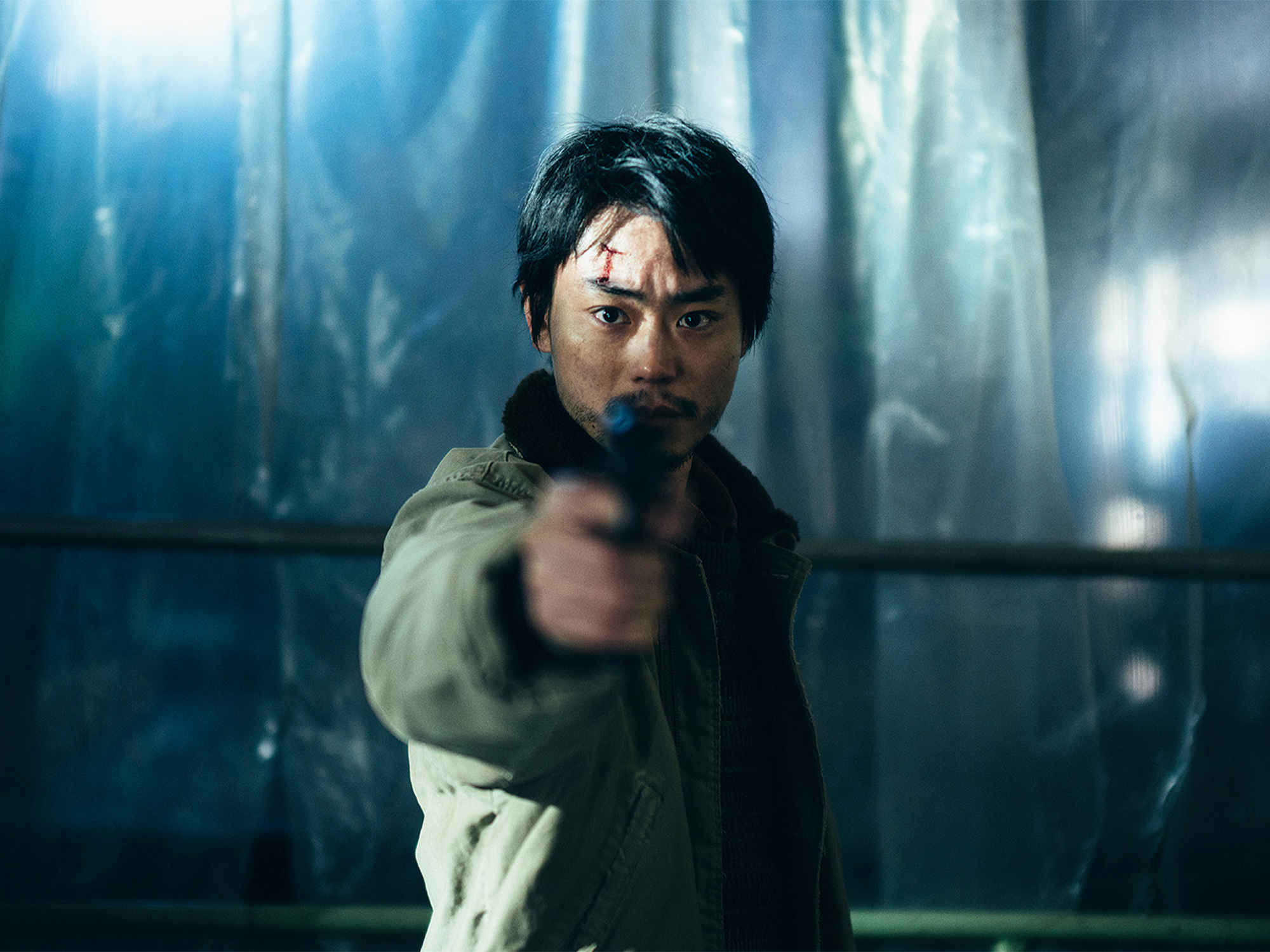









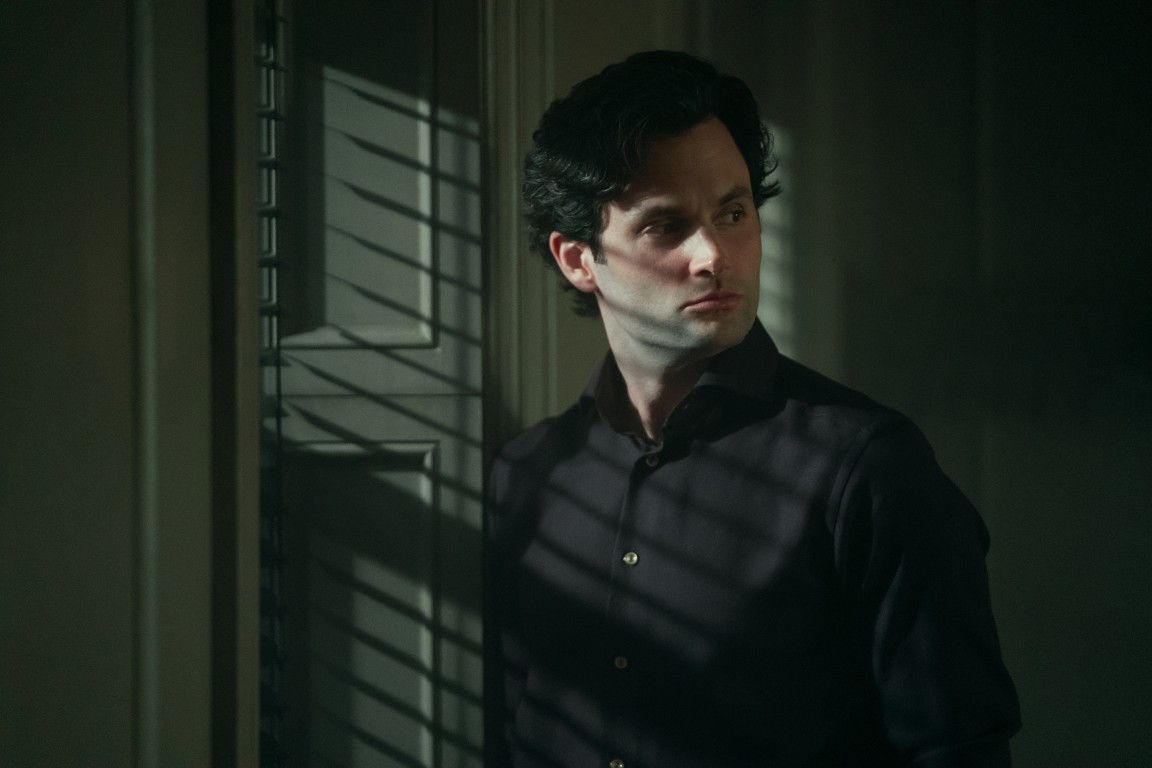
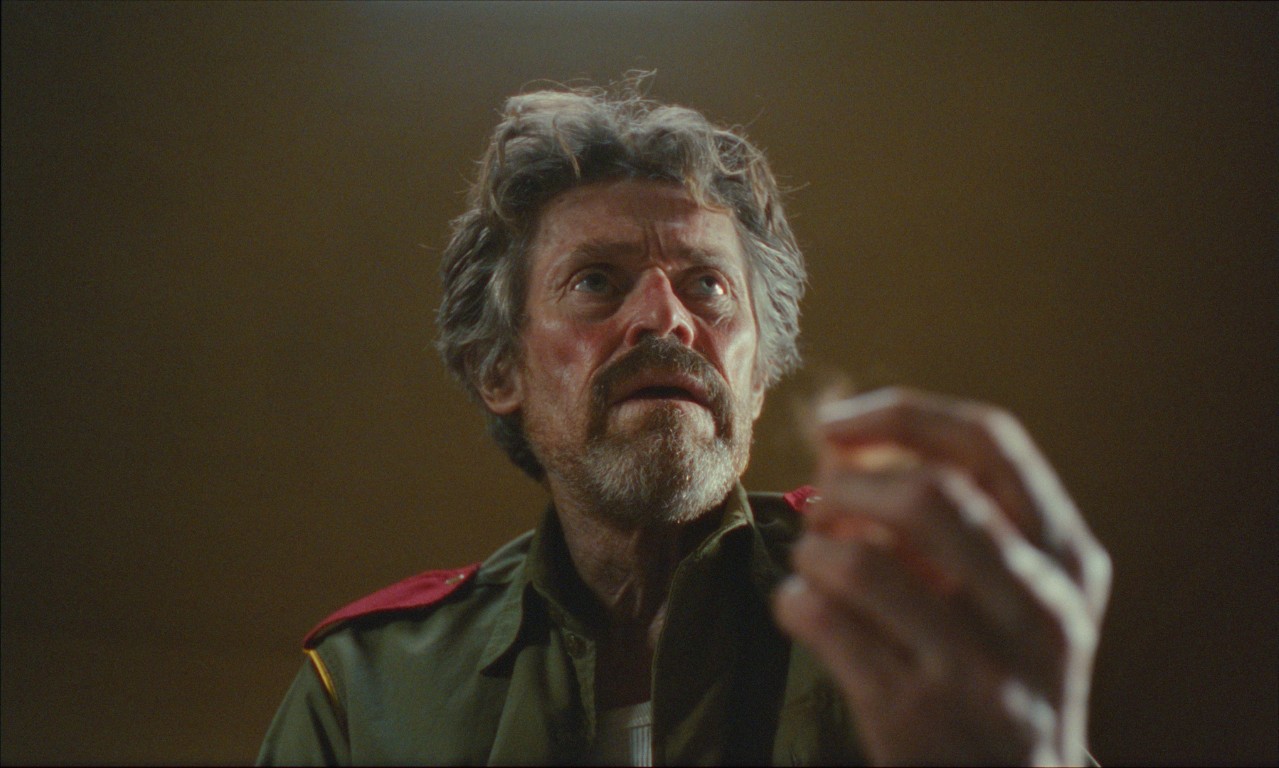
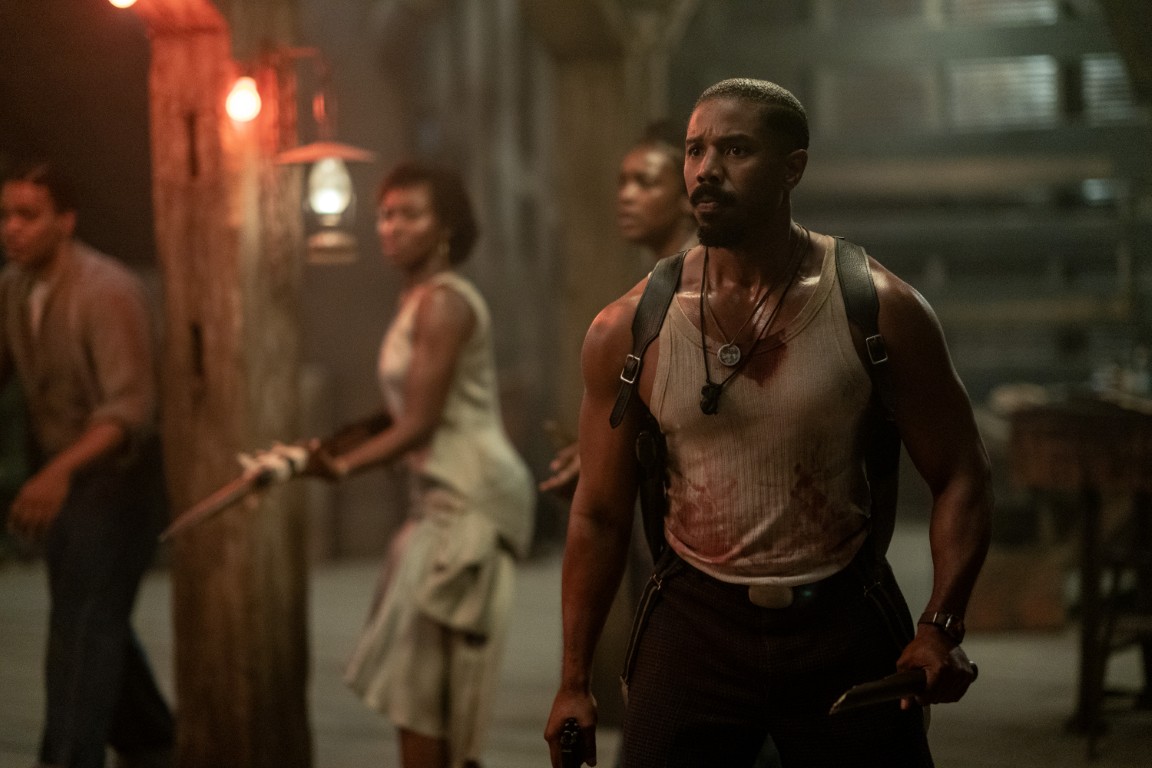




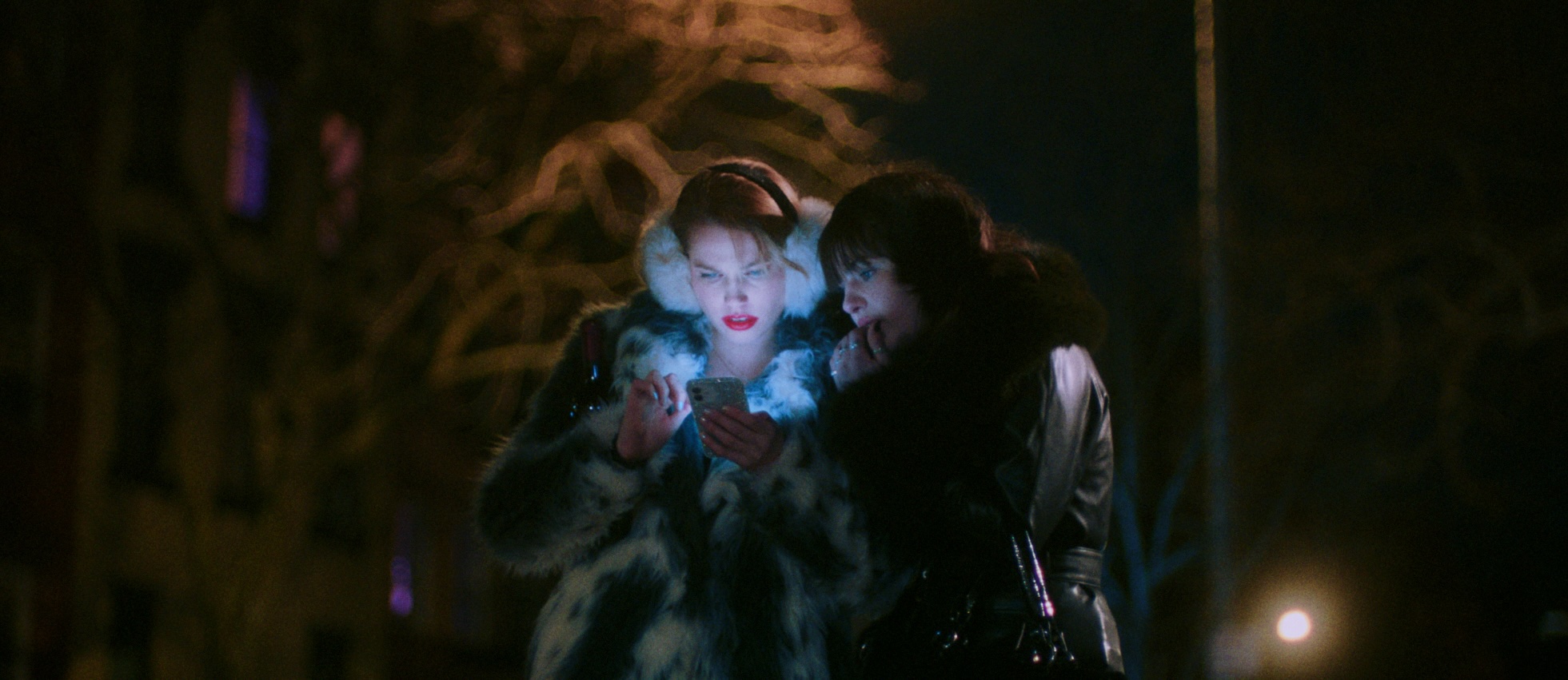

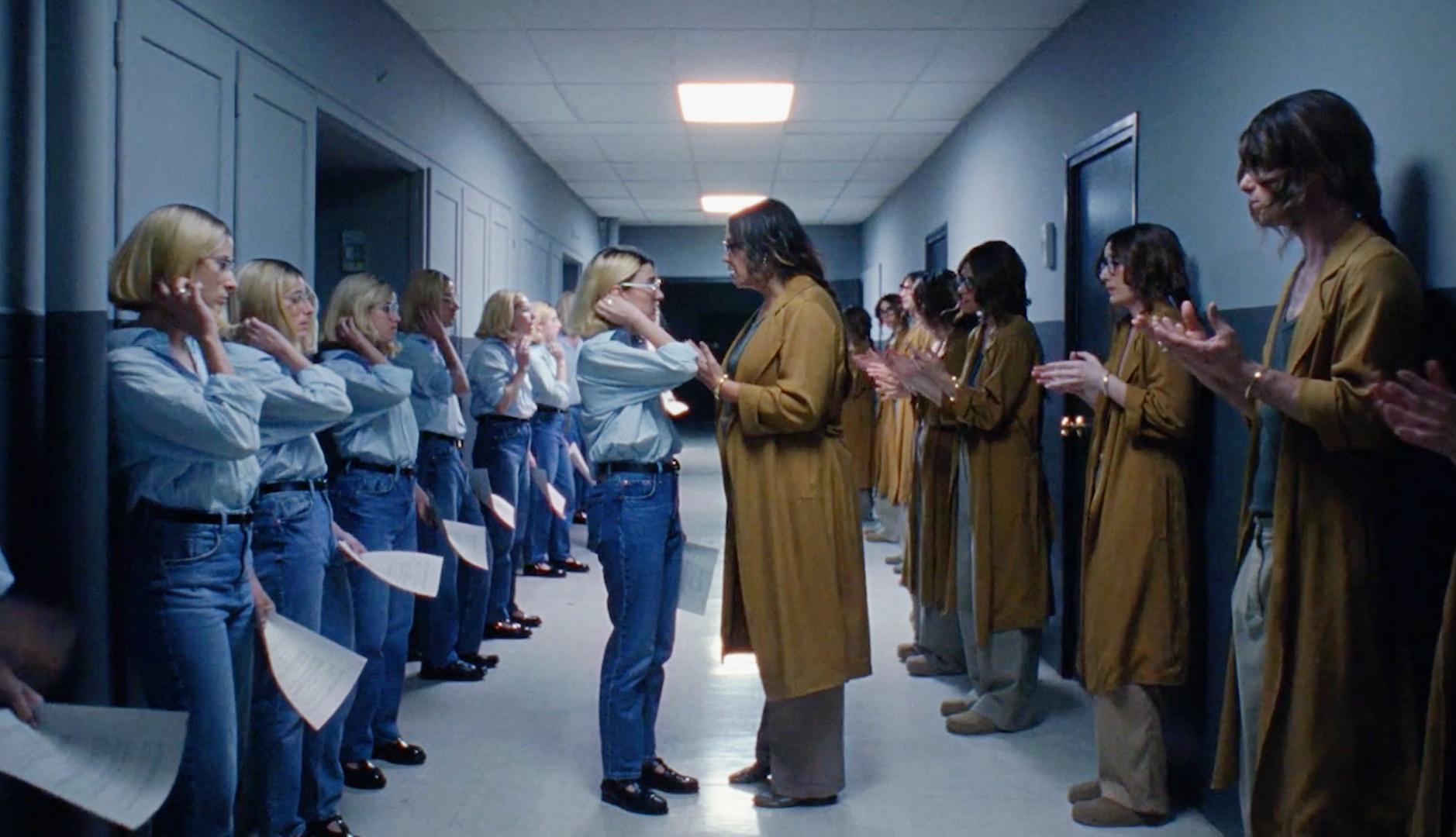
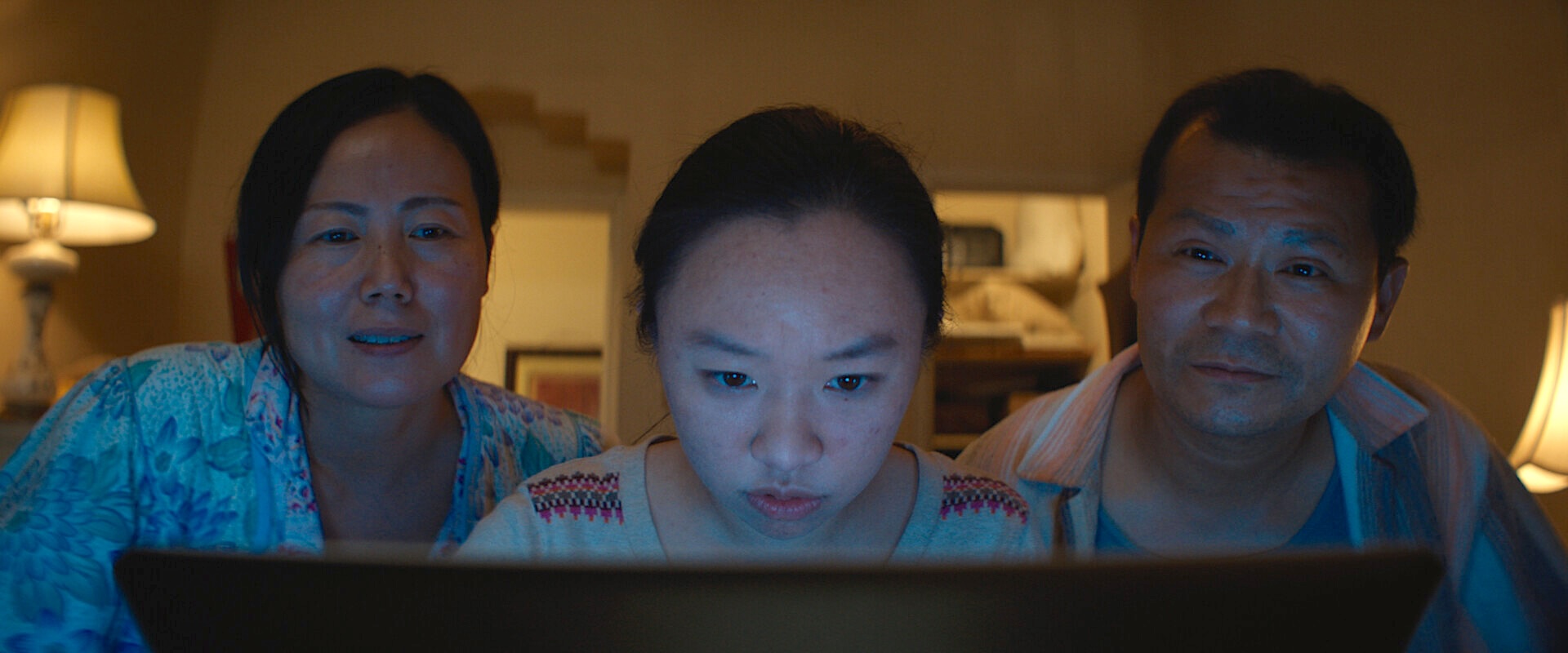
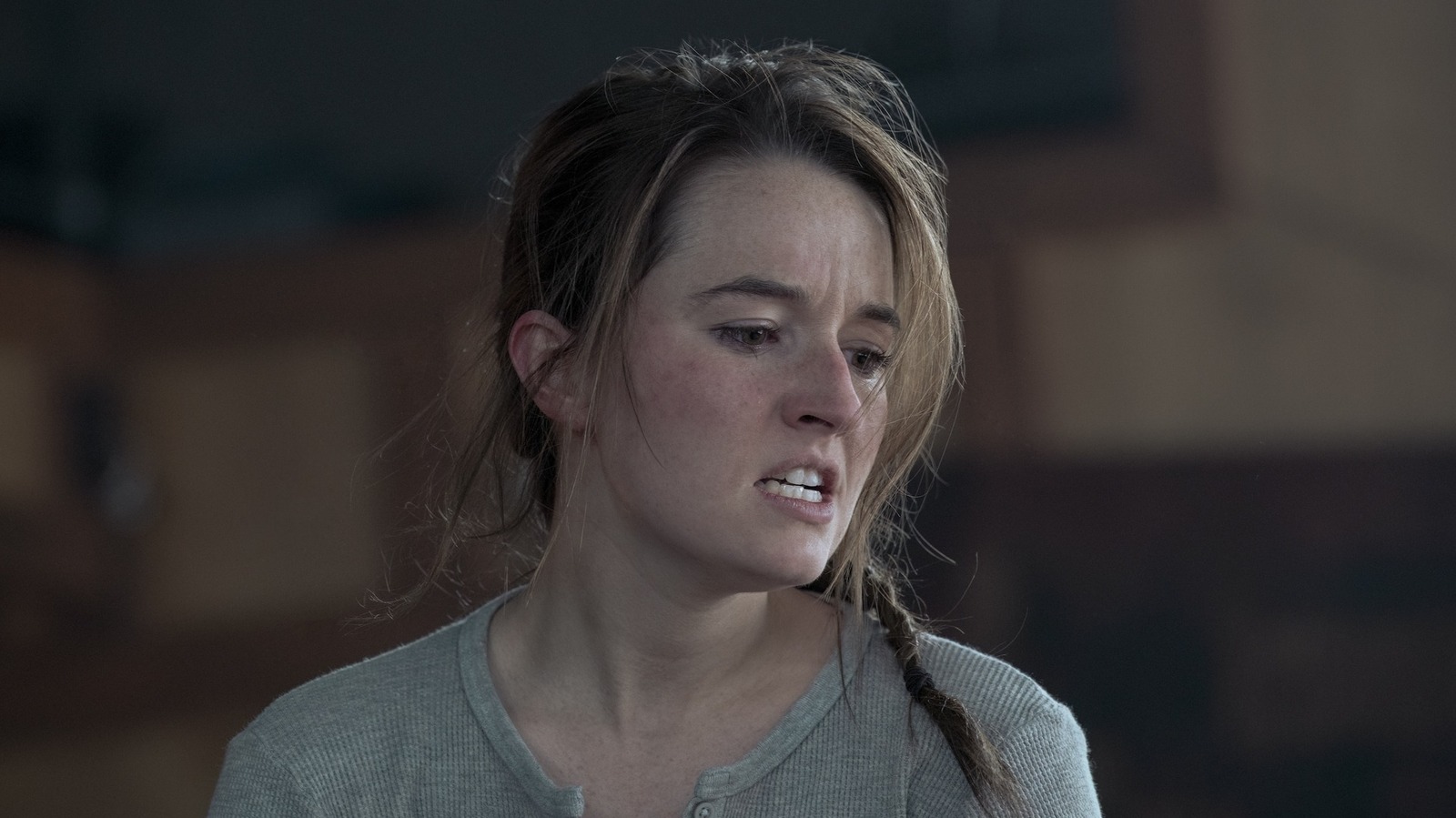
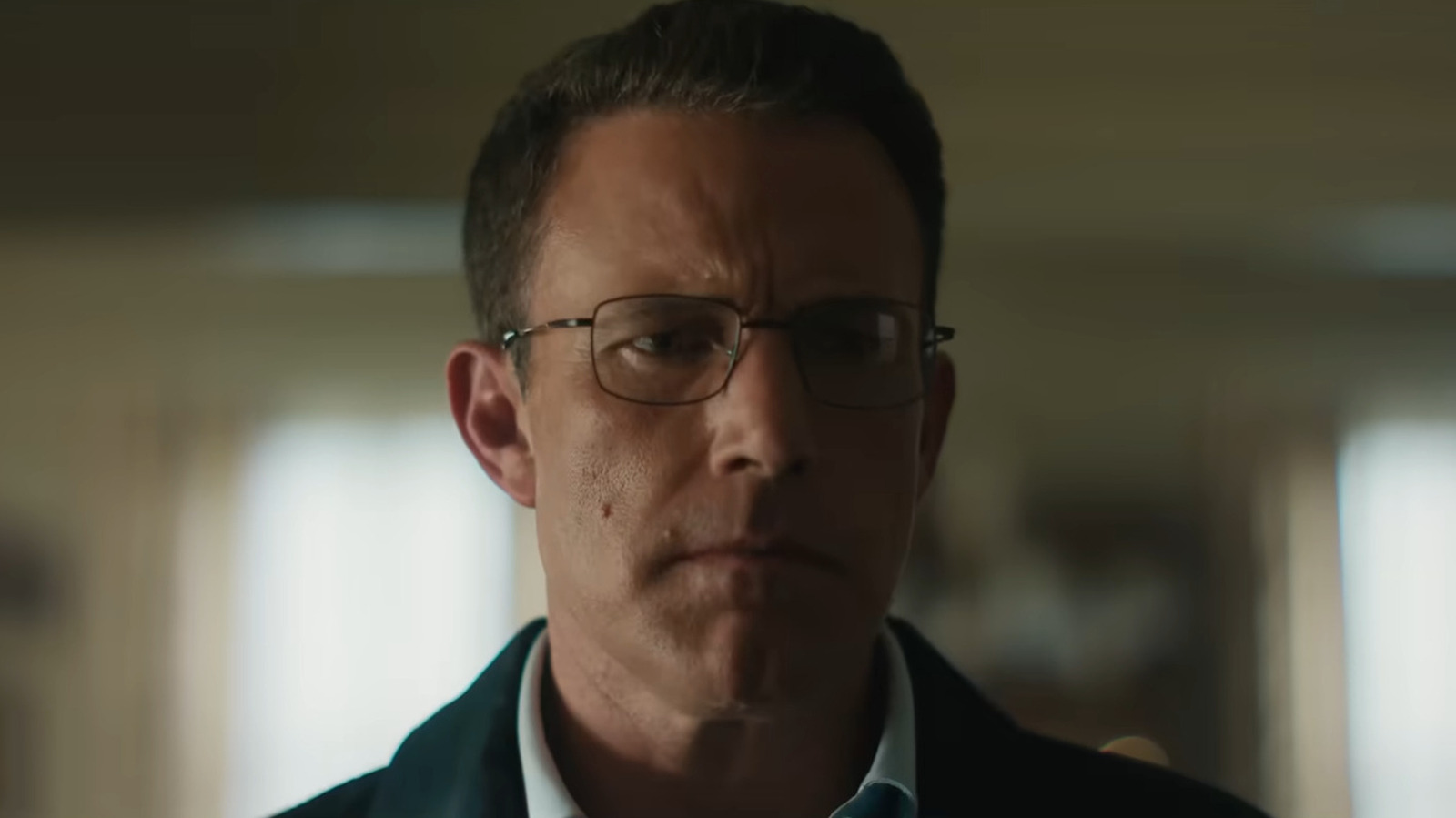
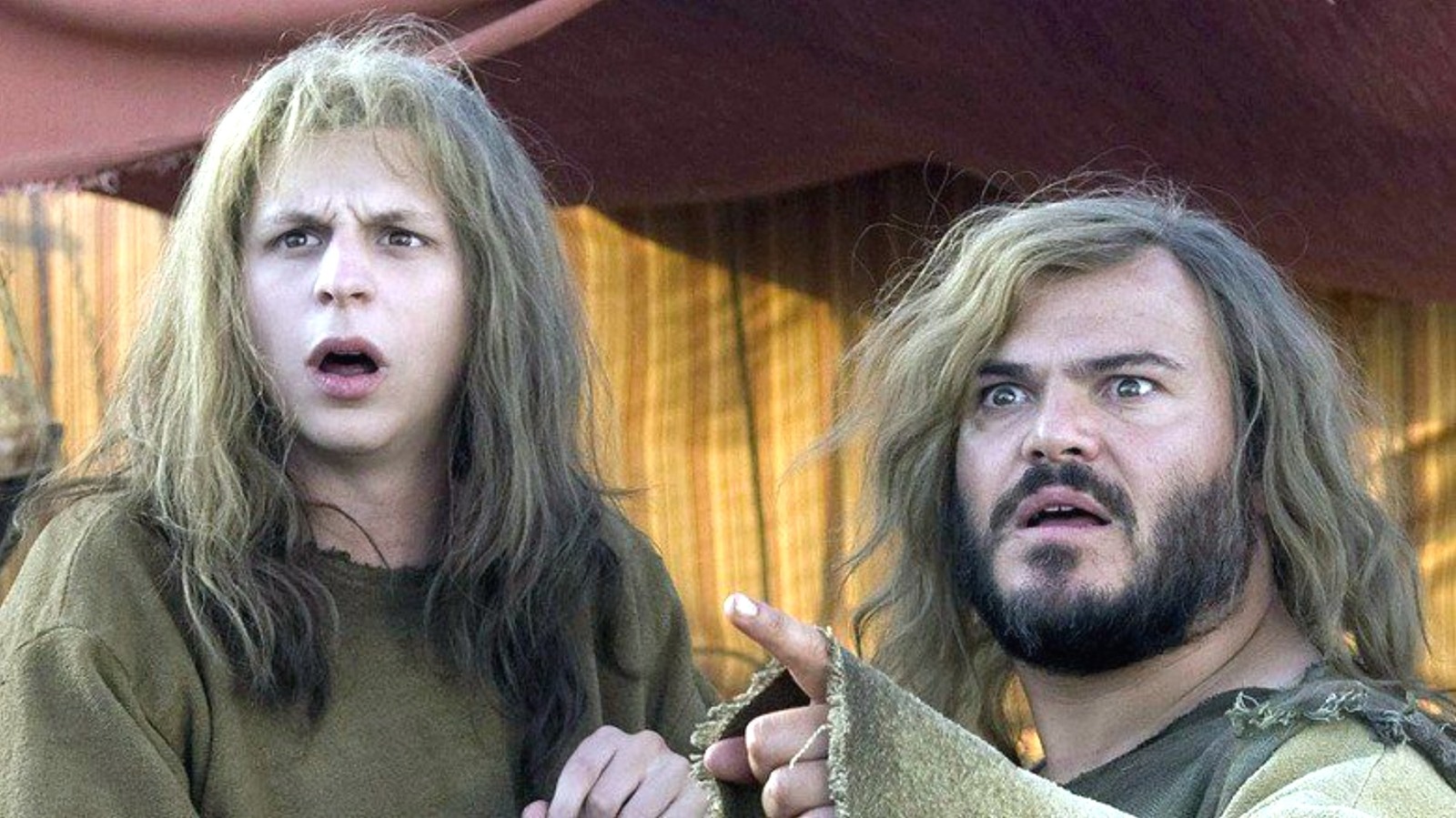
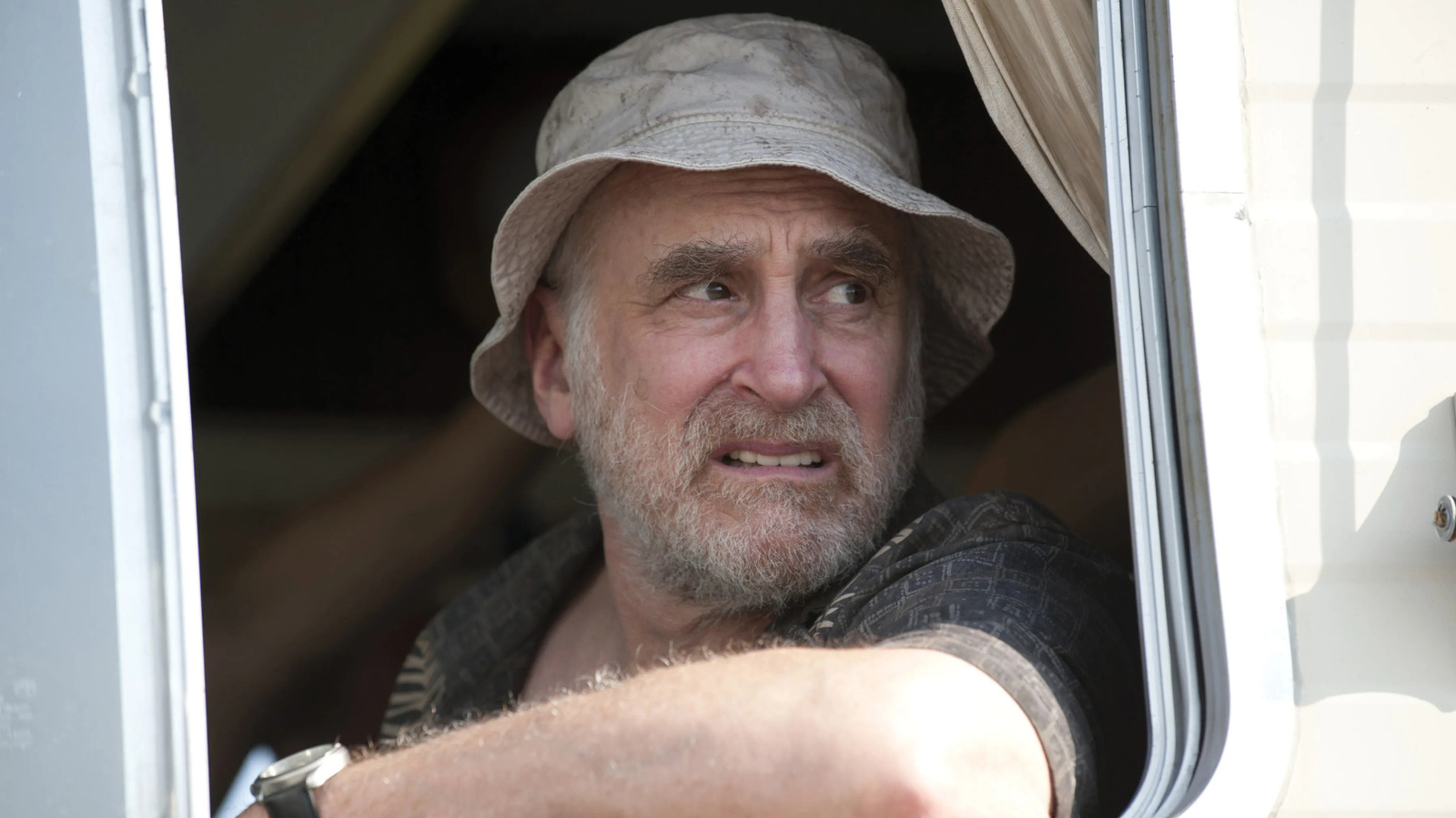

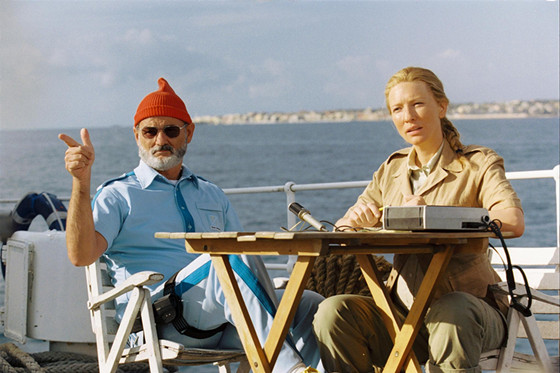


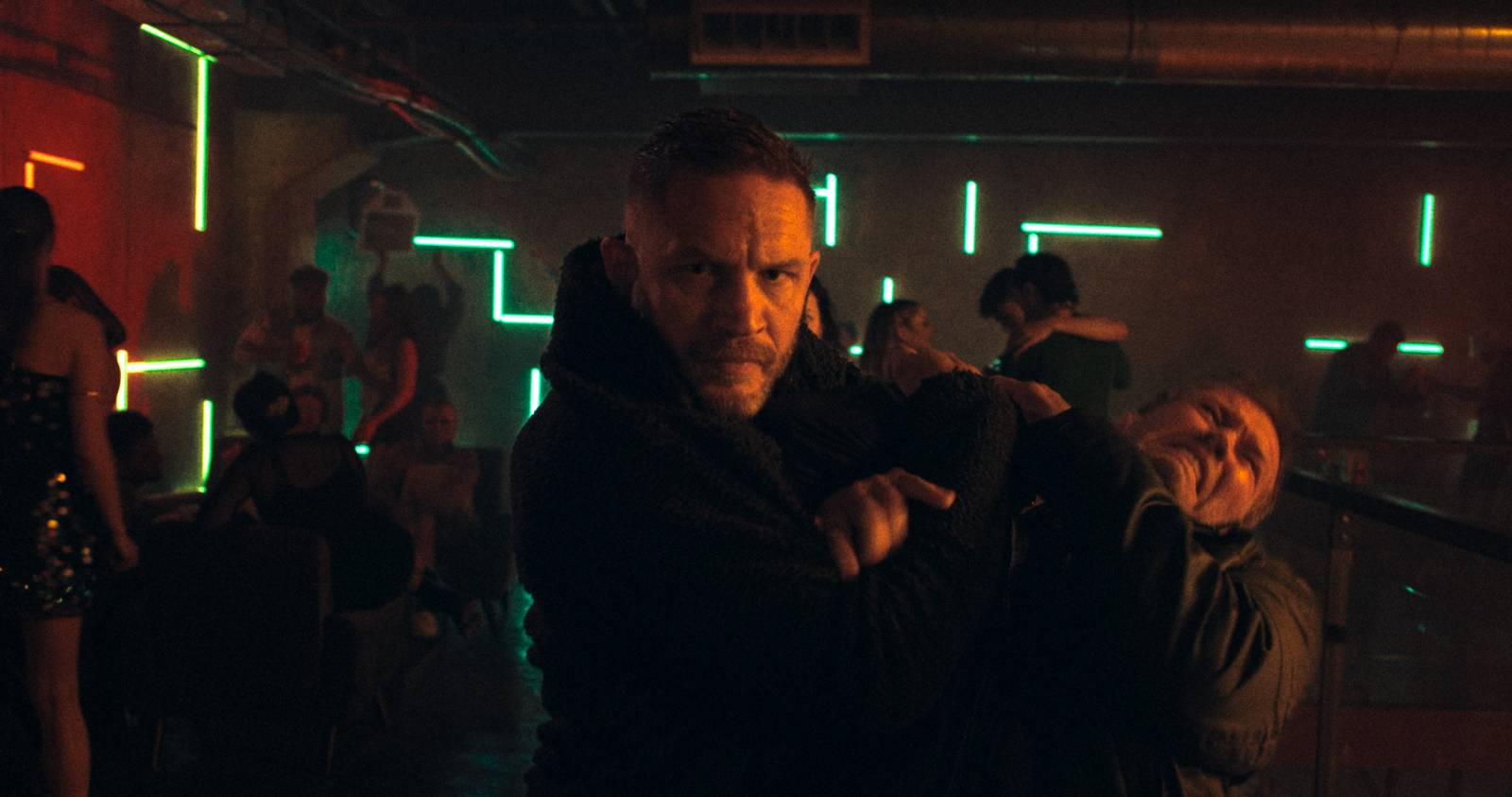
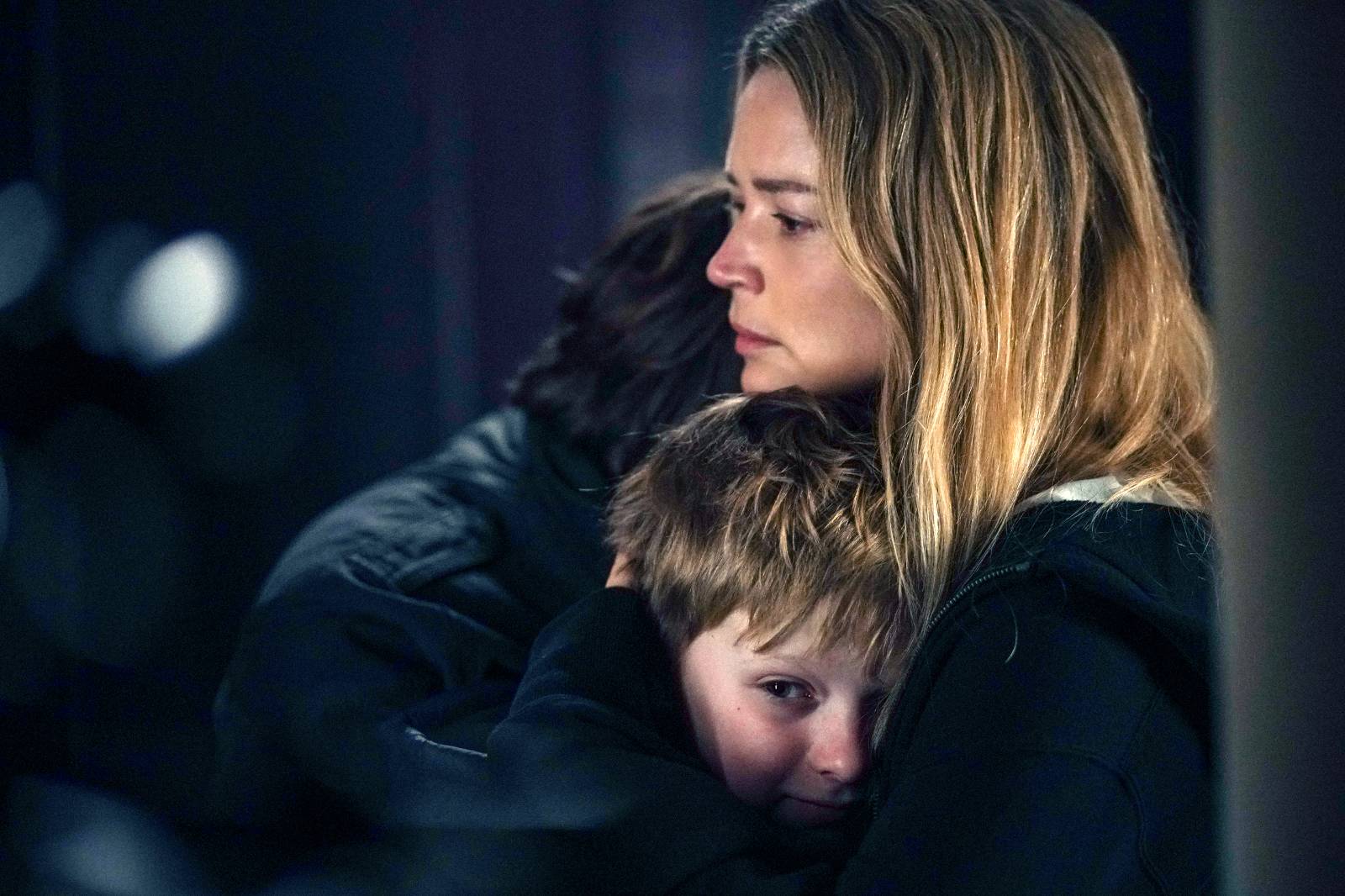

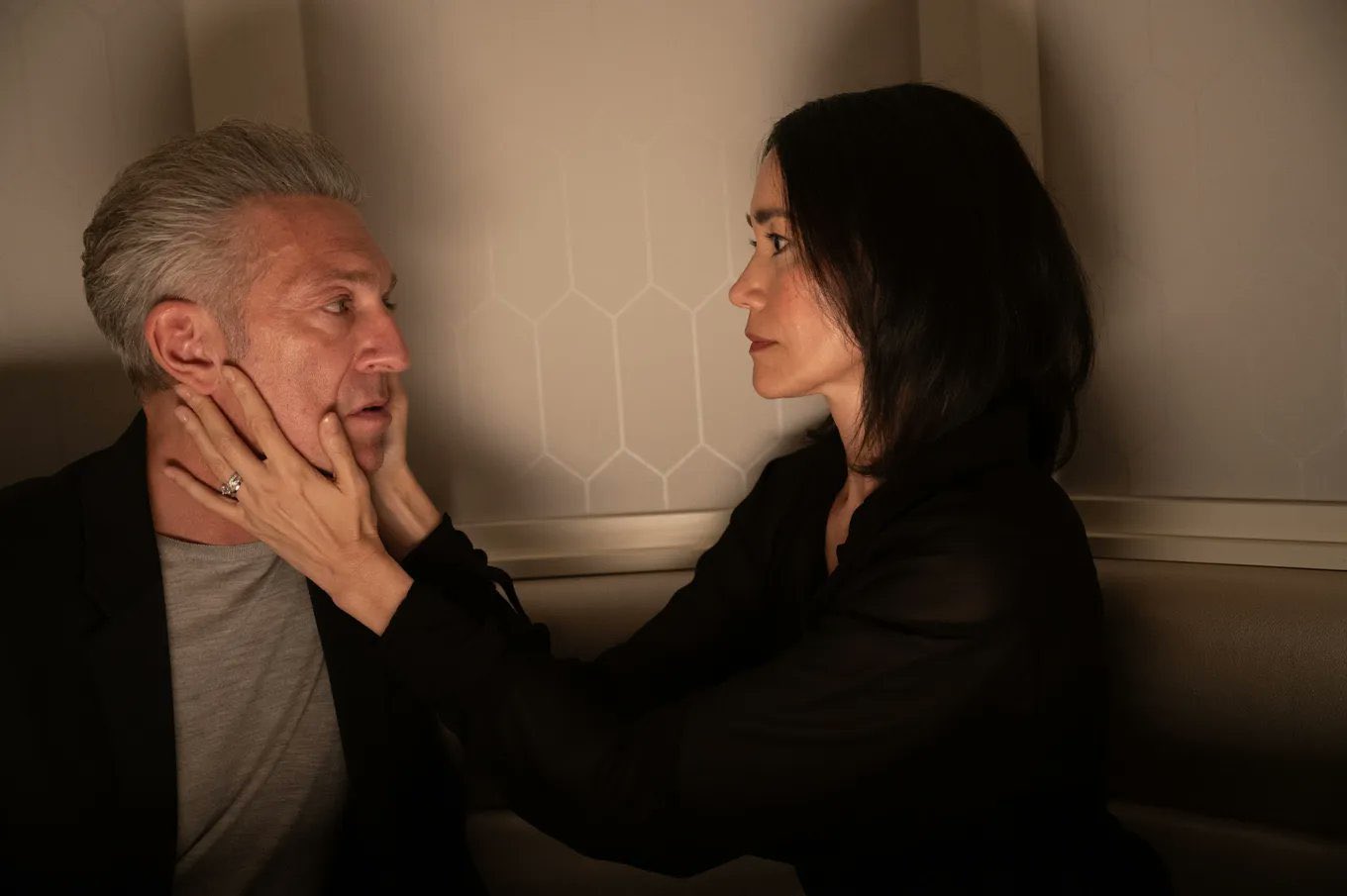

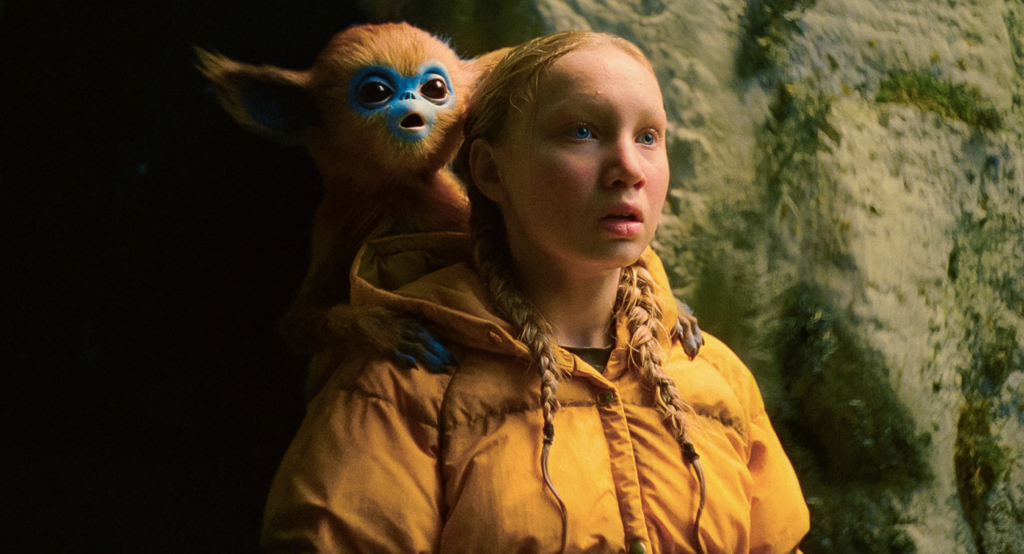


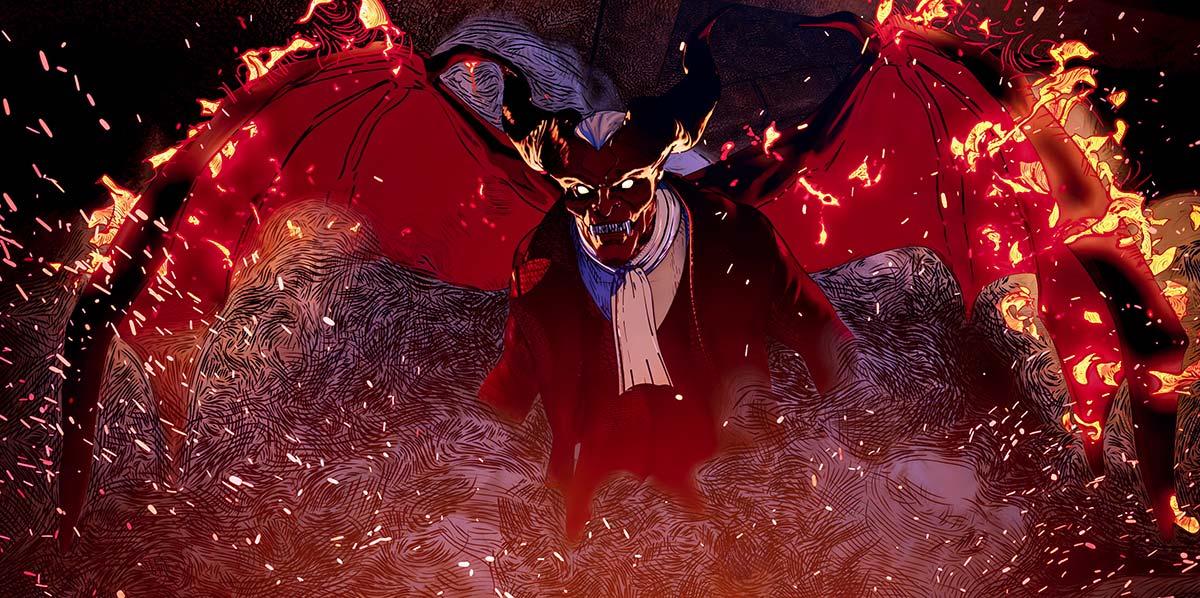
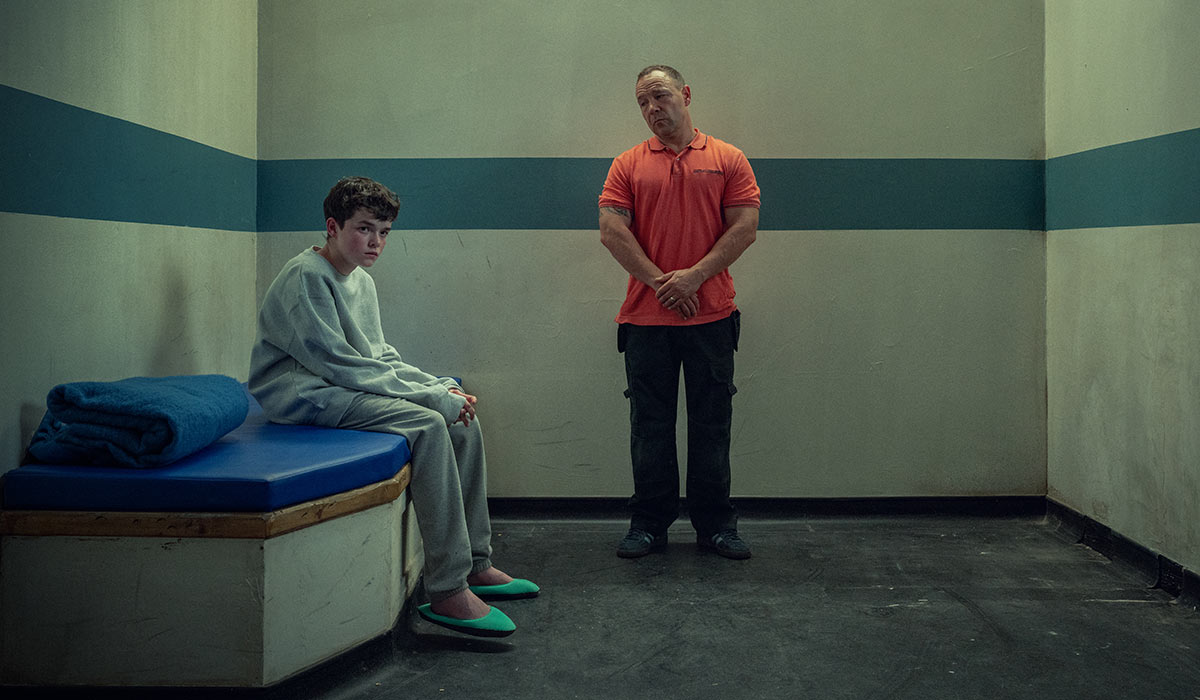
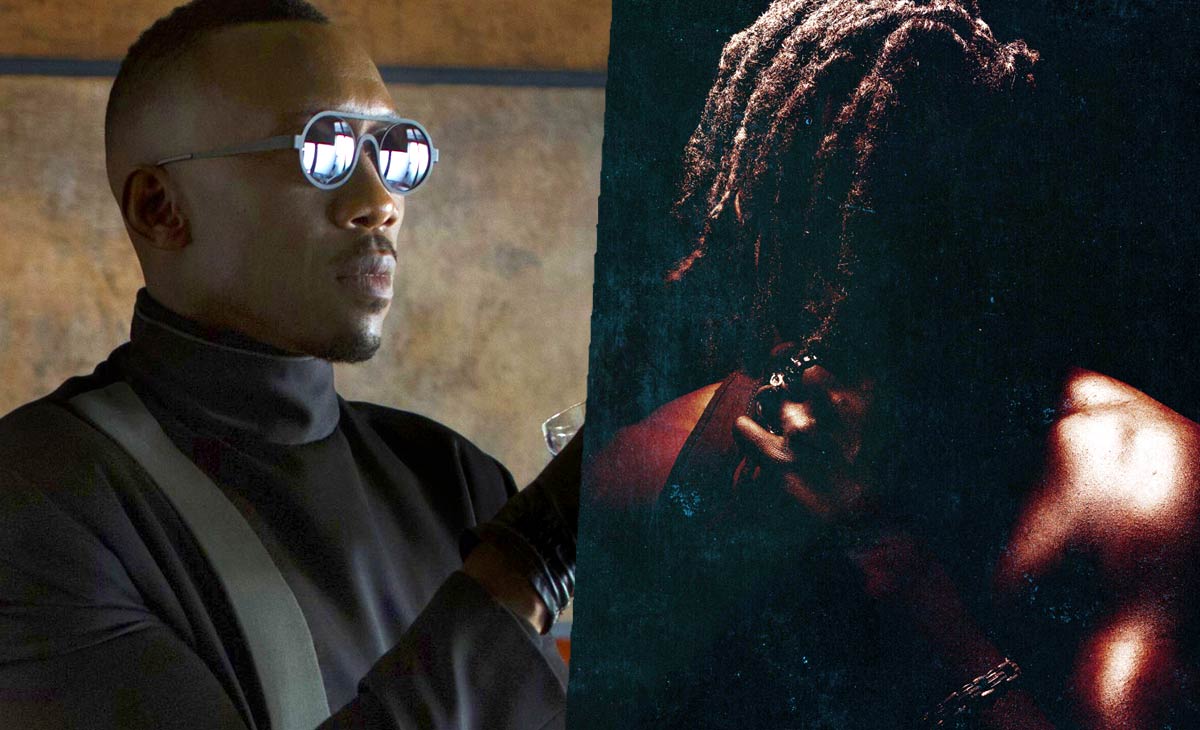
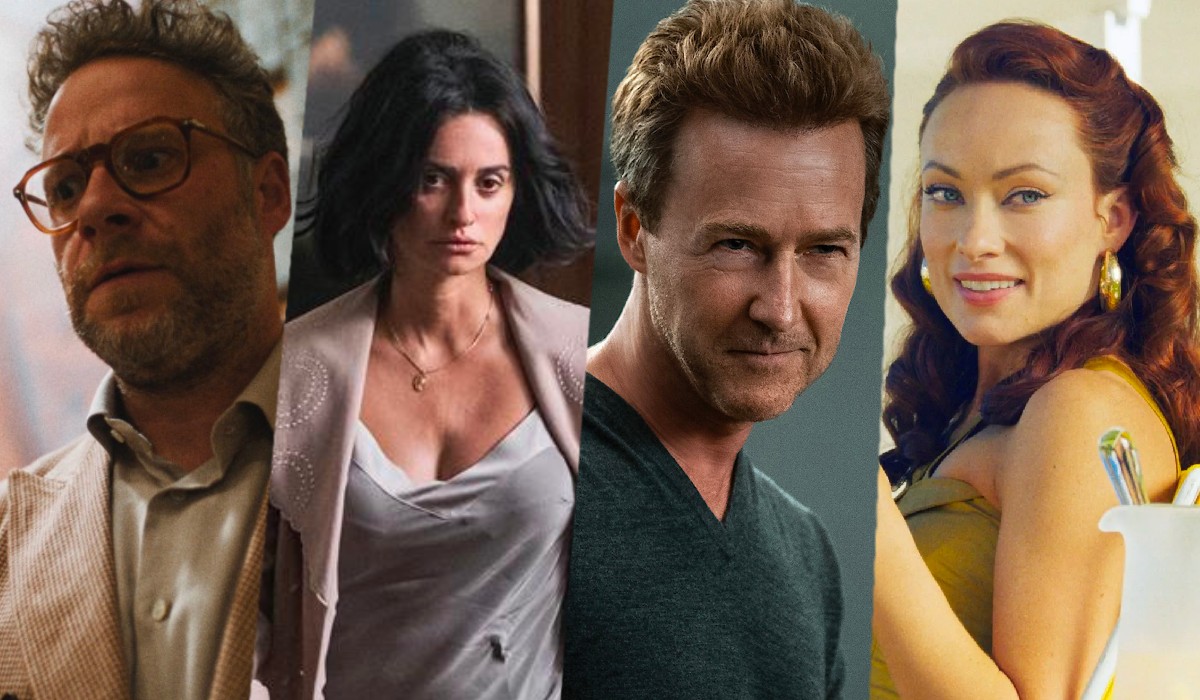
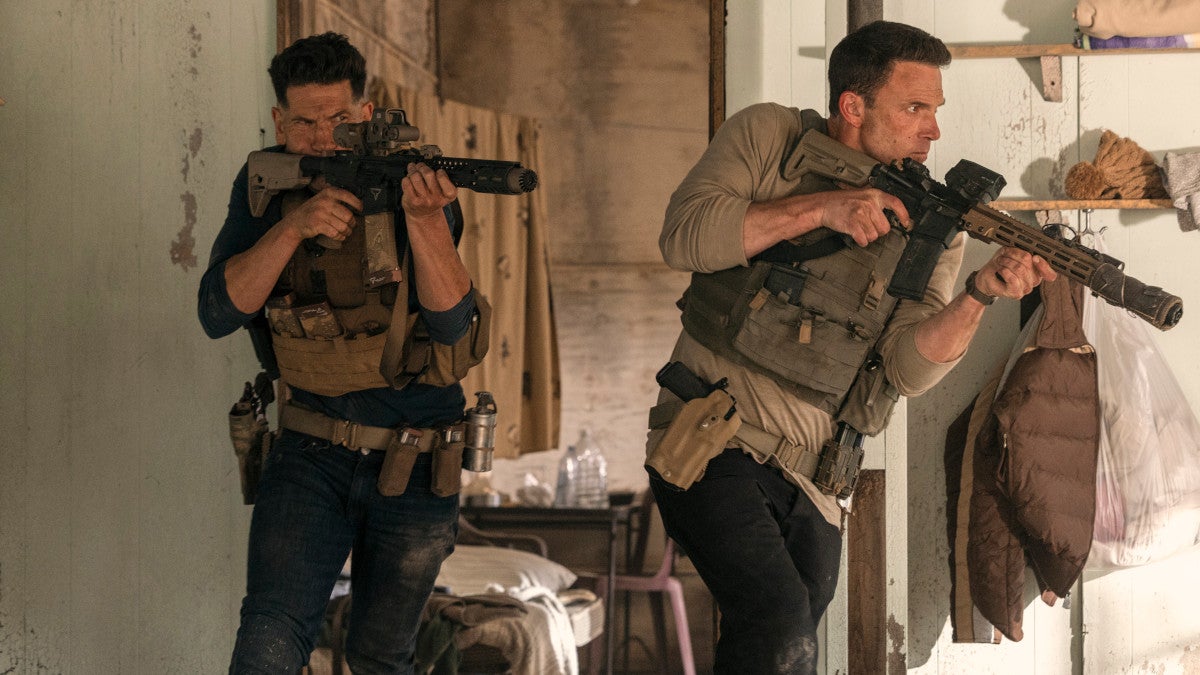
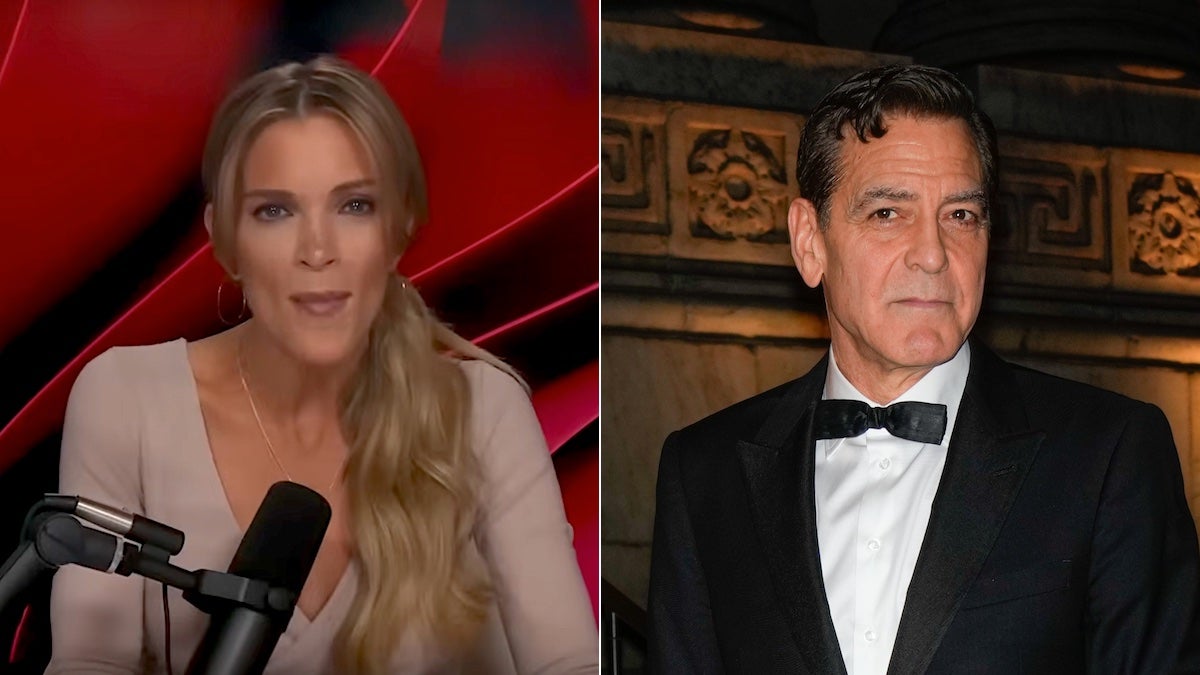
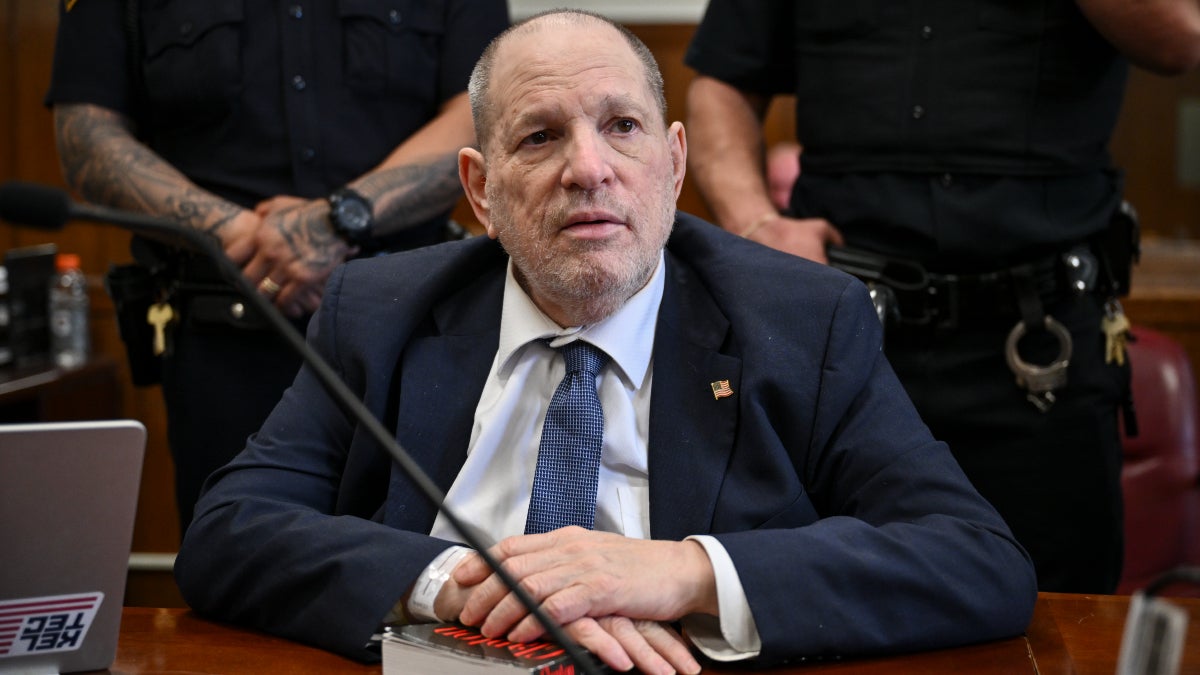
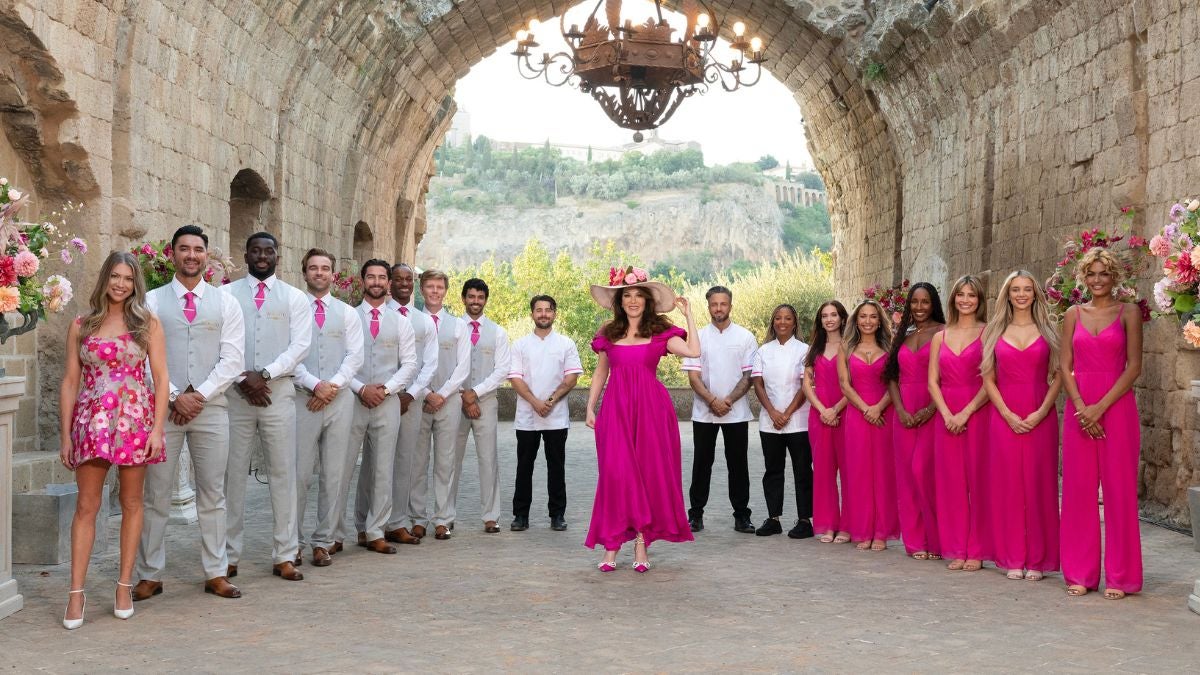
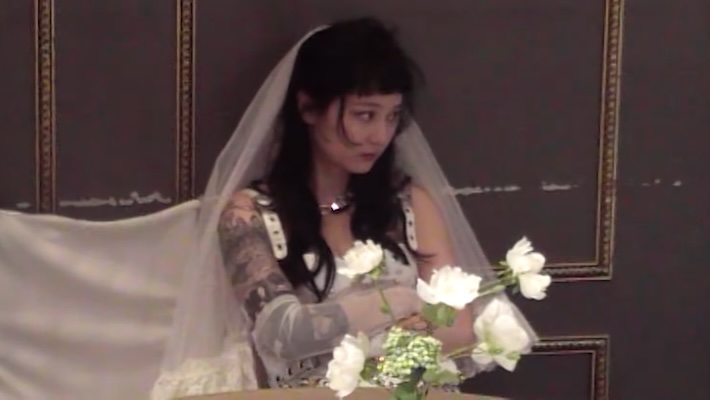


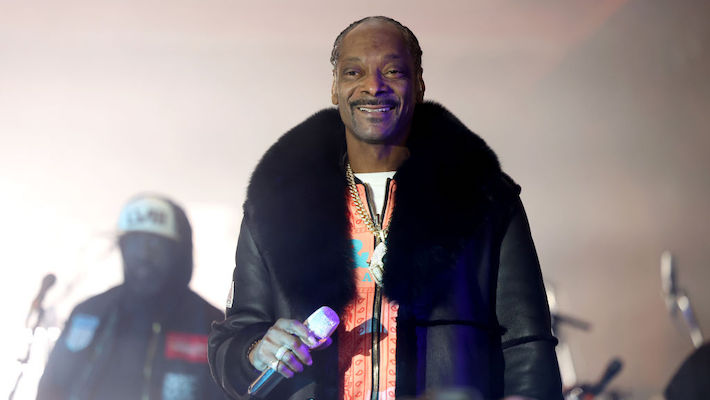









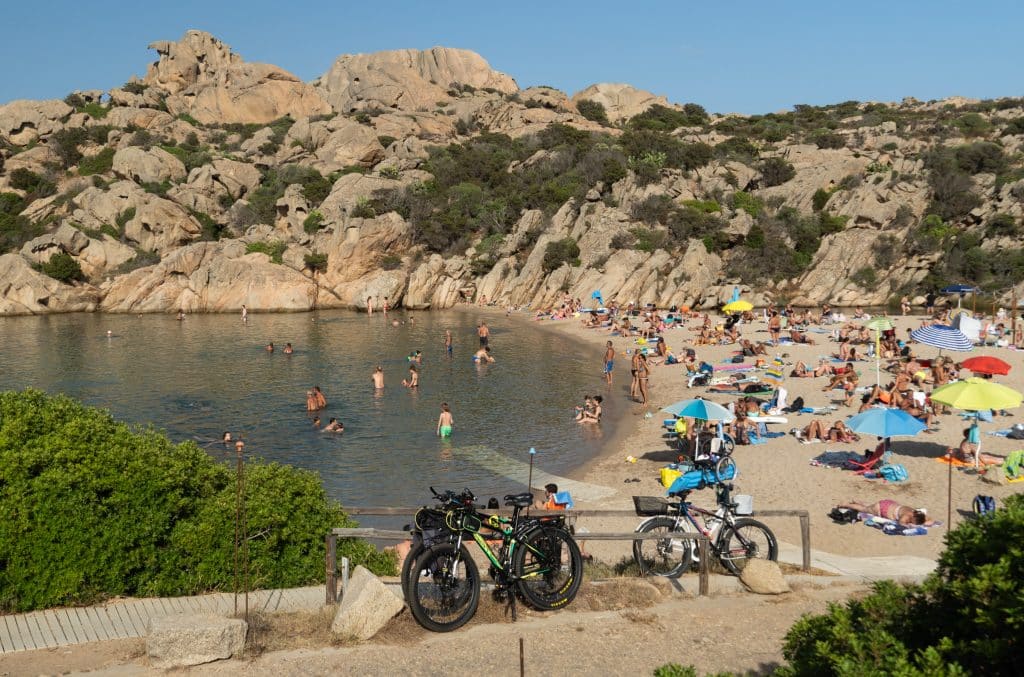















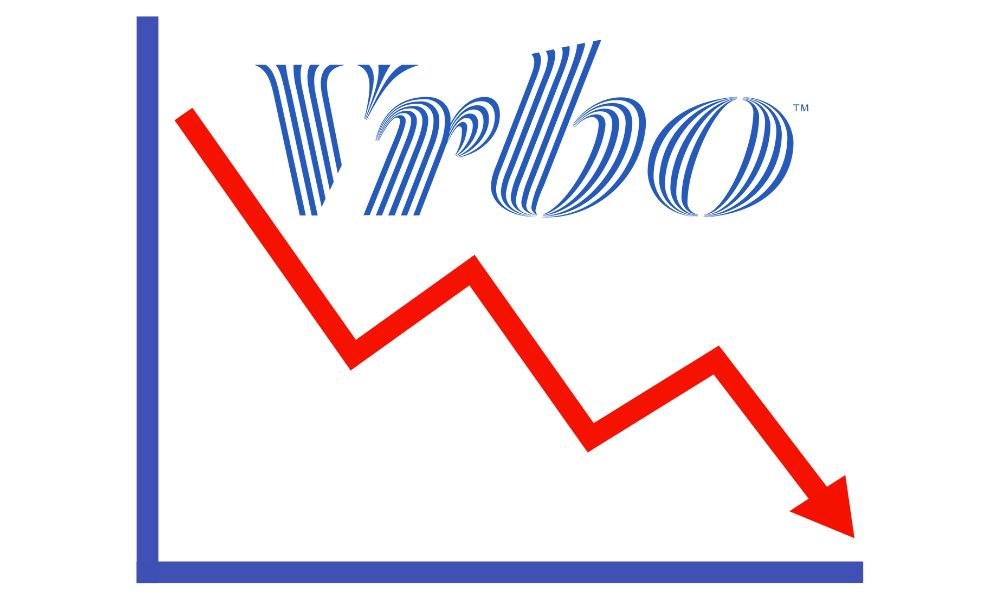






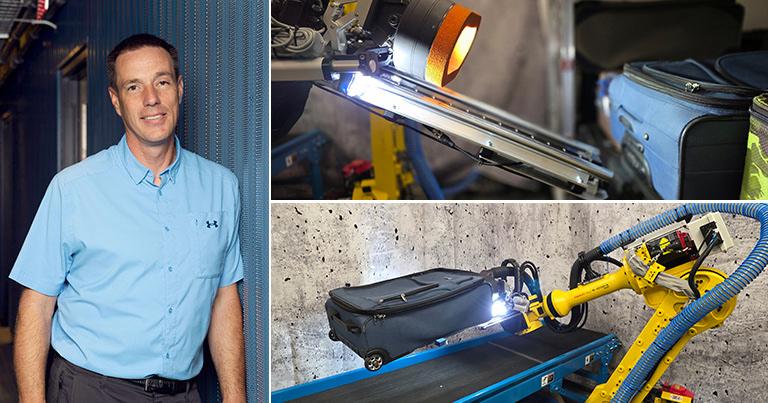


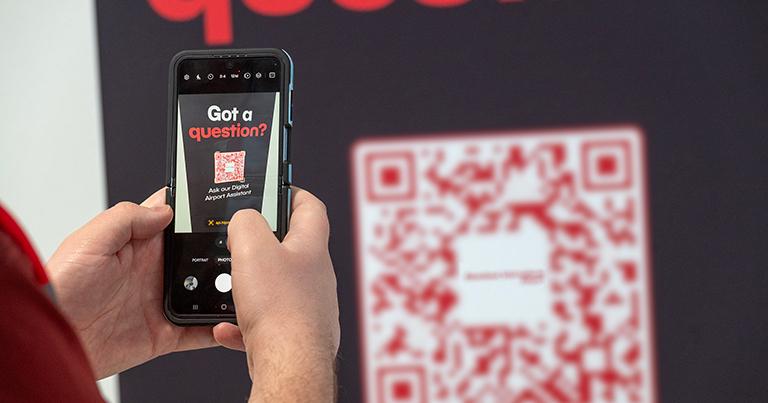






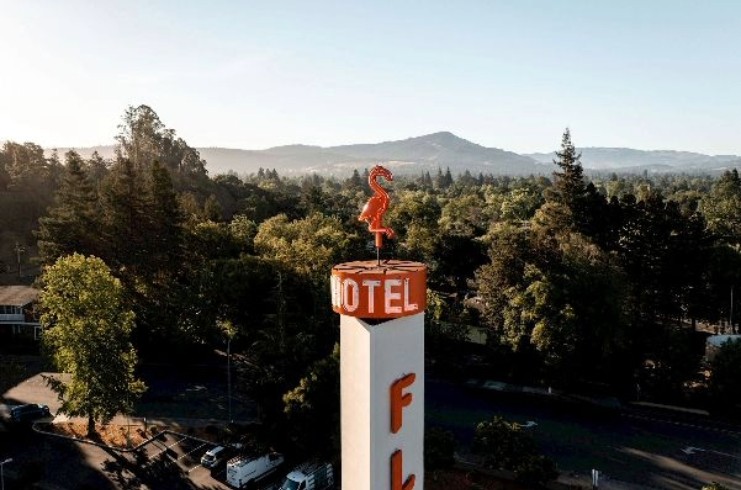







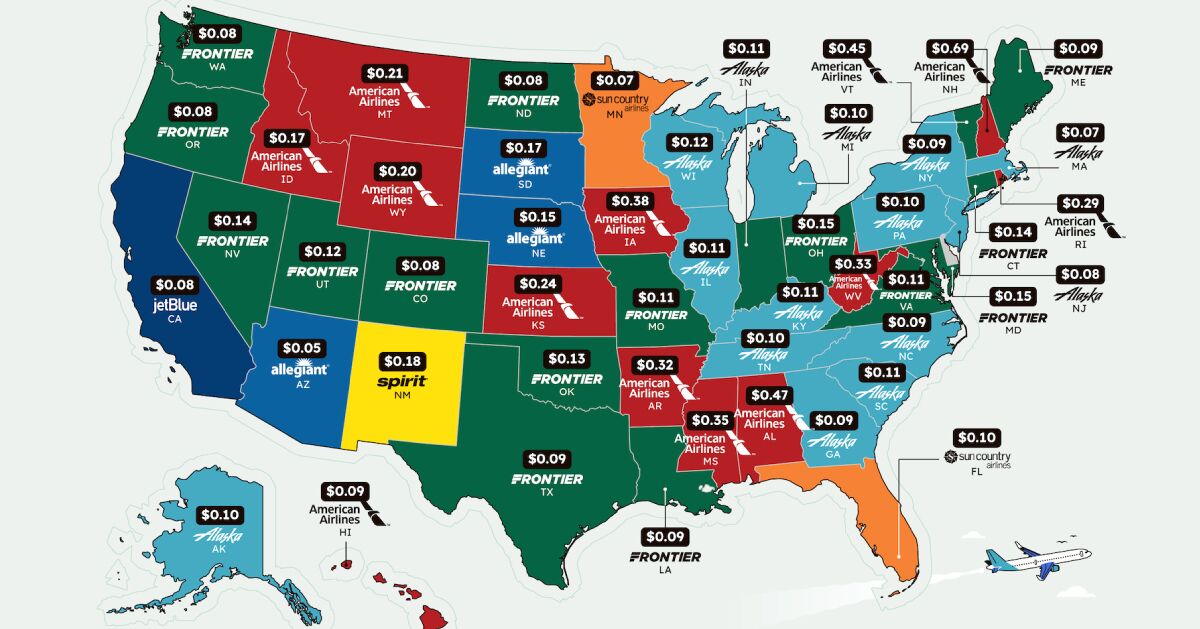












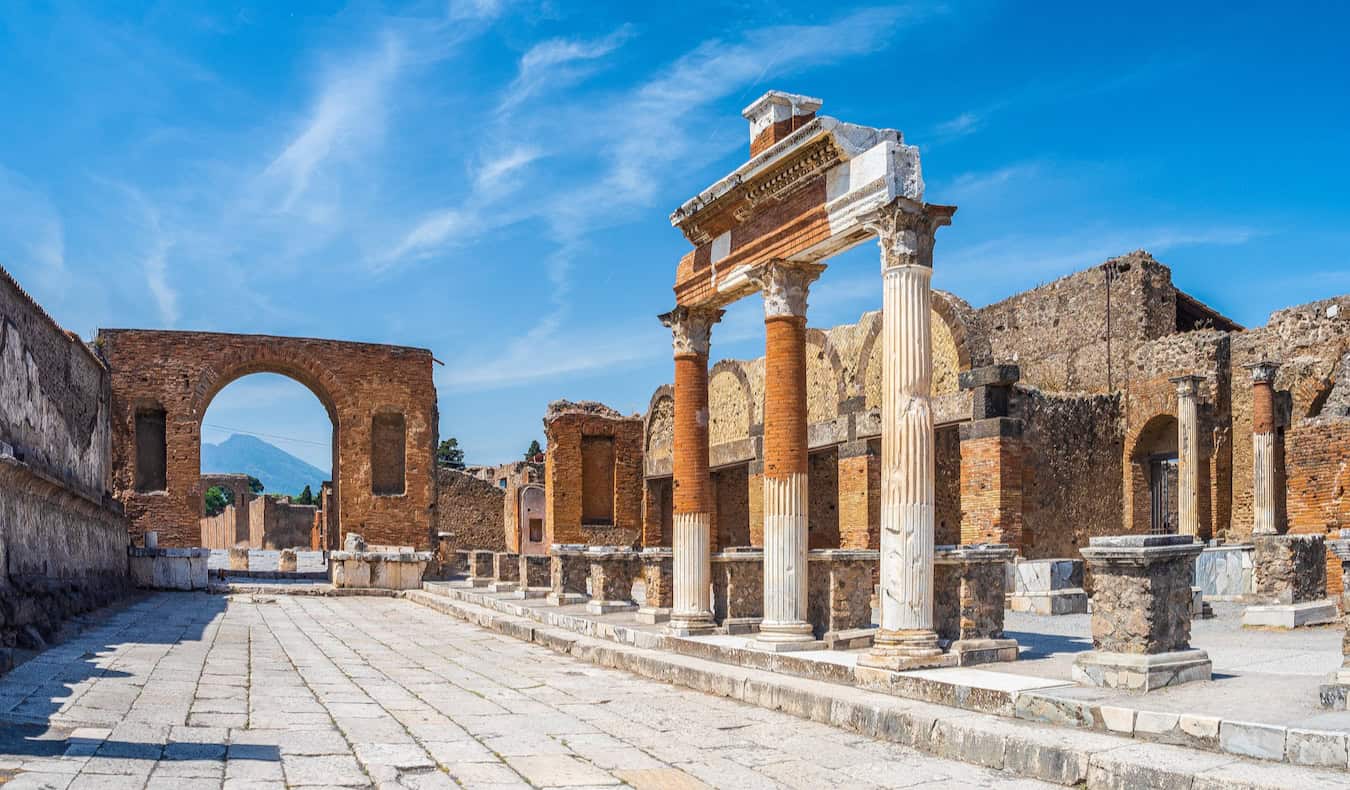
















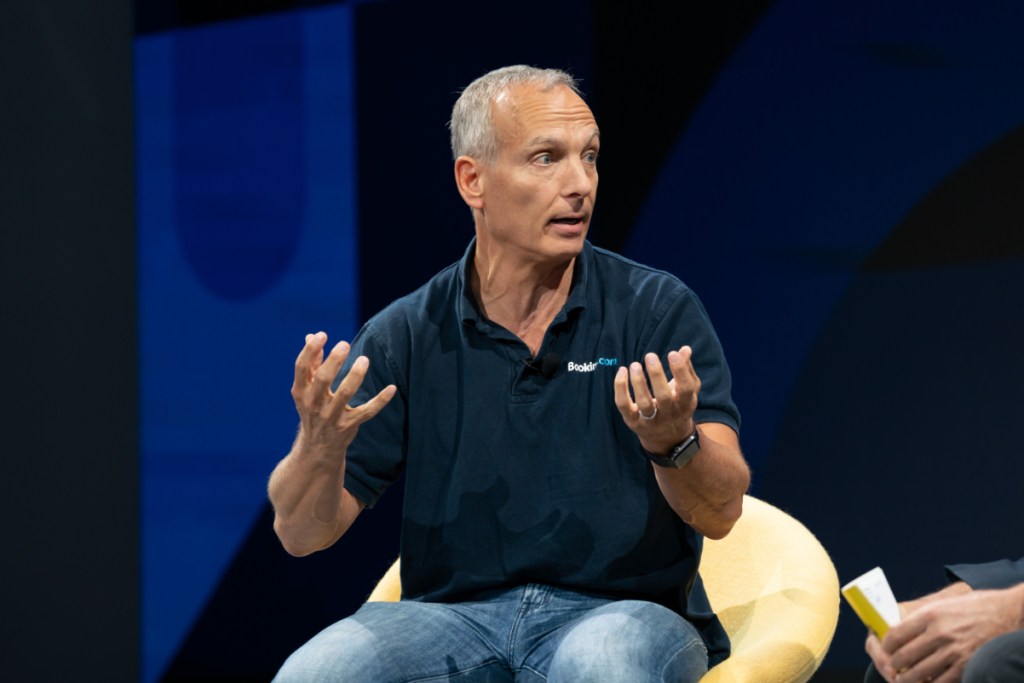






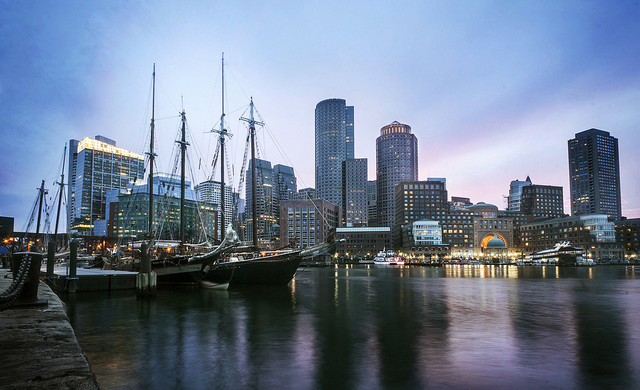


















![Hotel Beds Outperform Your Master Bedroom for Better Sex—Here’s Why [Roundup]](https://viewfromthewing.com/wp-content/uploads/2025/04/burj-al-arab-bed.jpg?#)























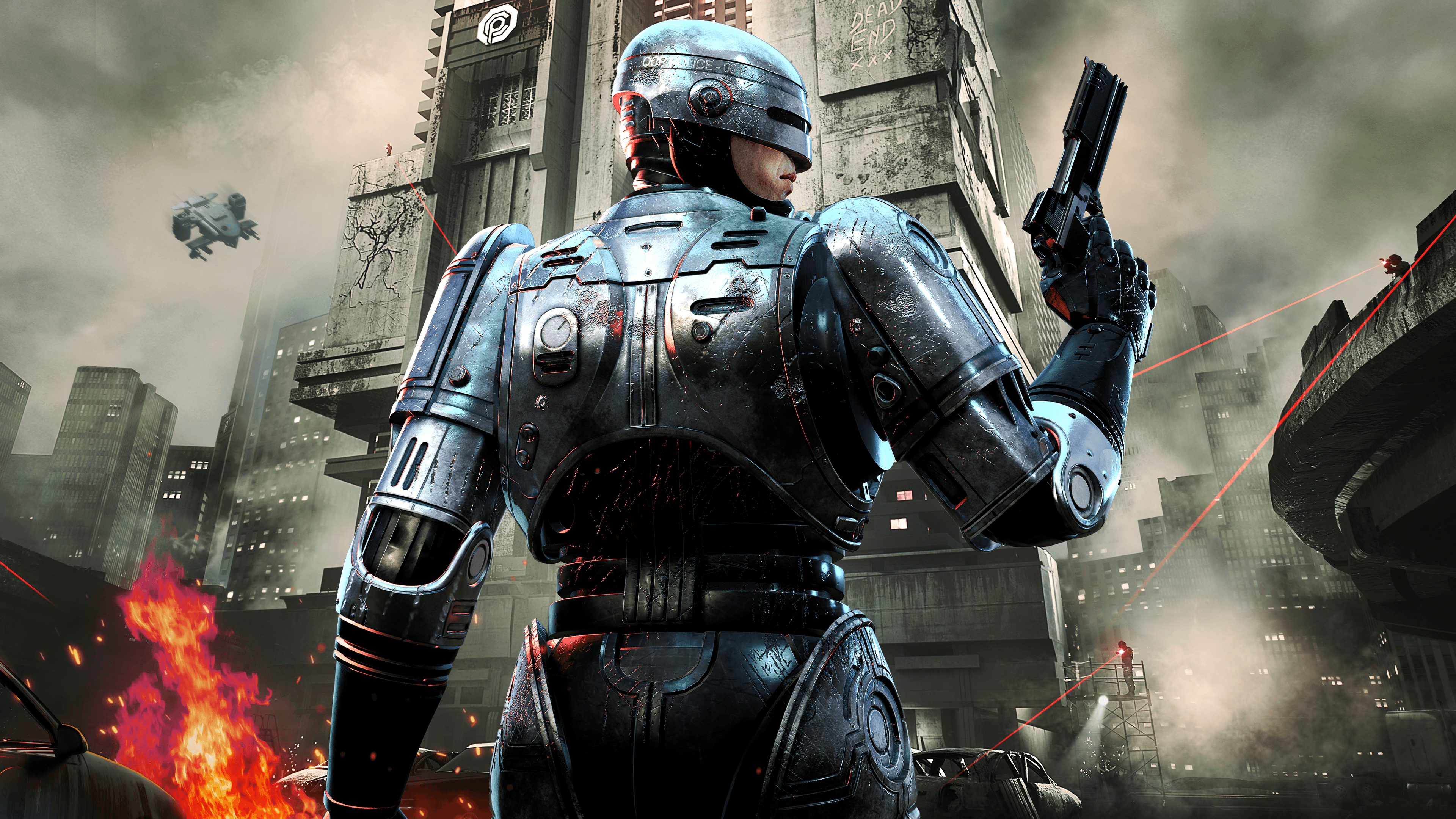






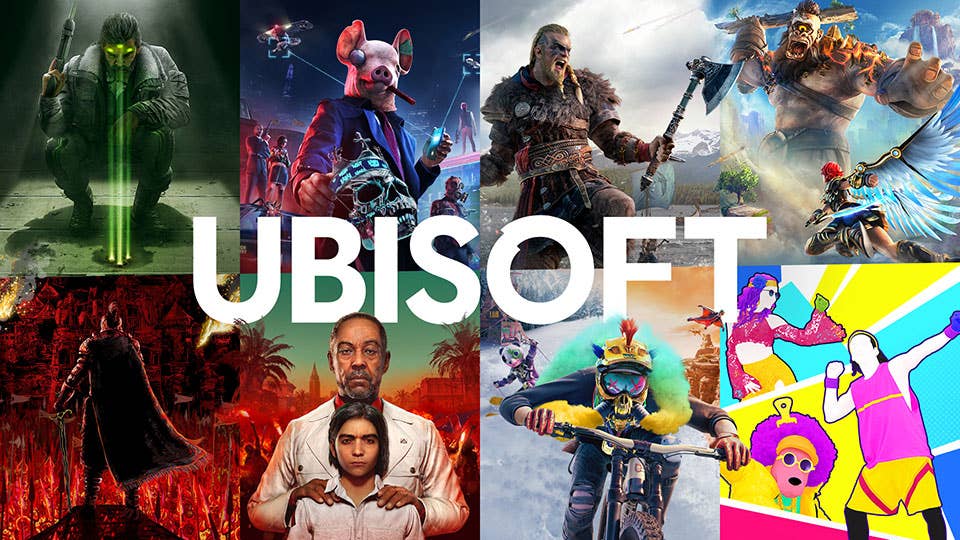
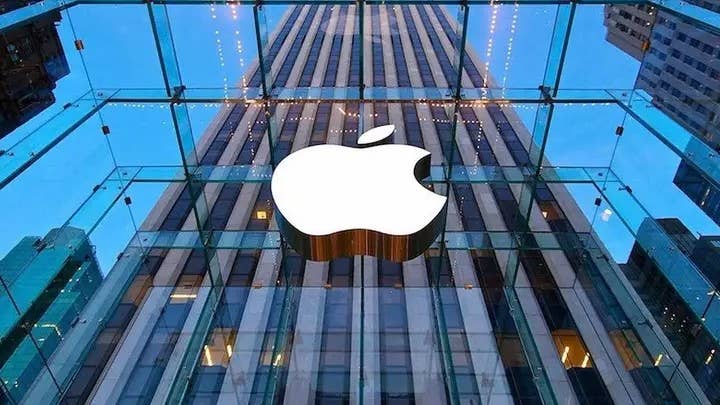

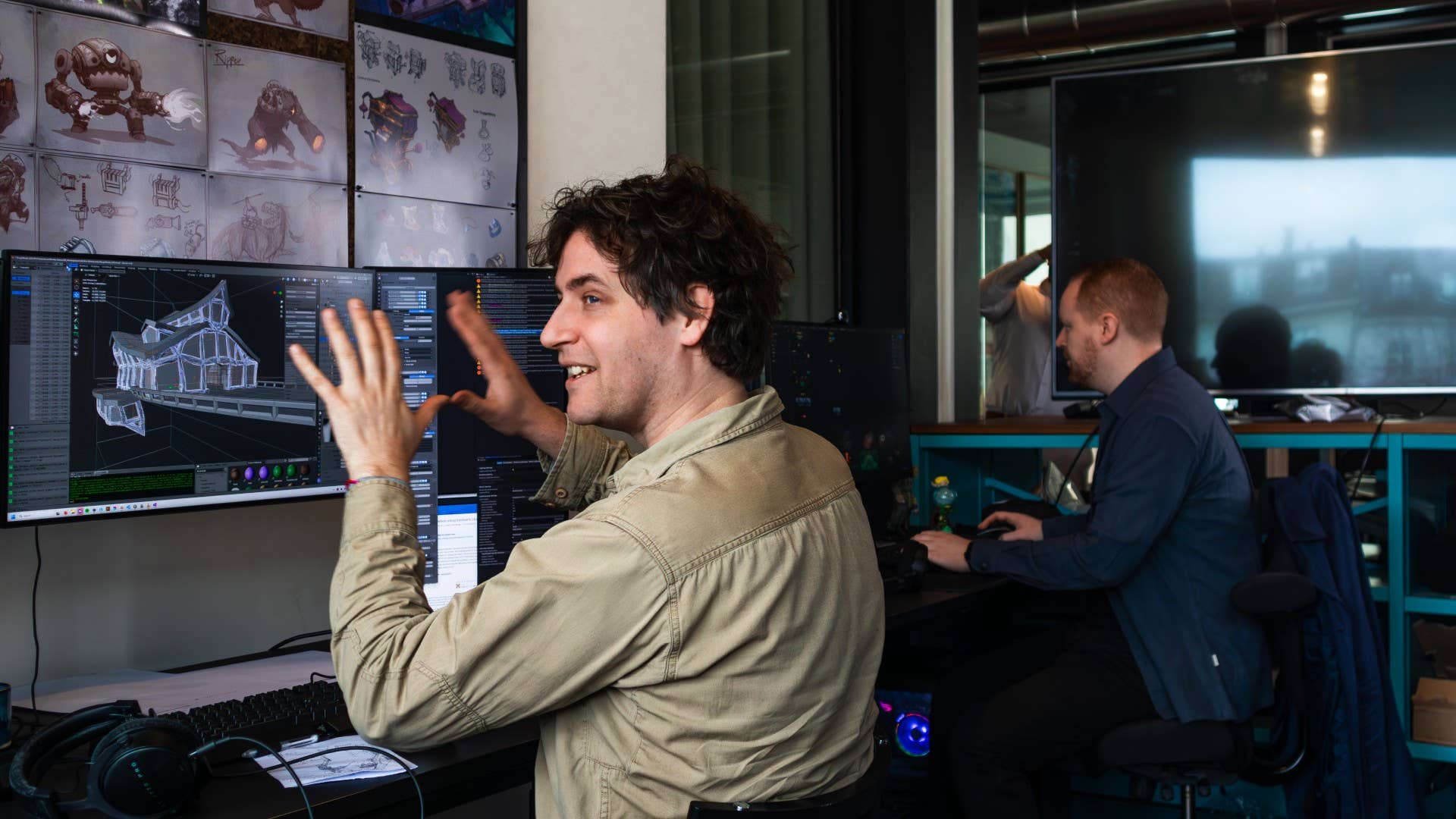

.jpg?#)










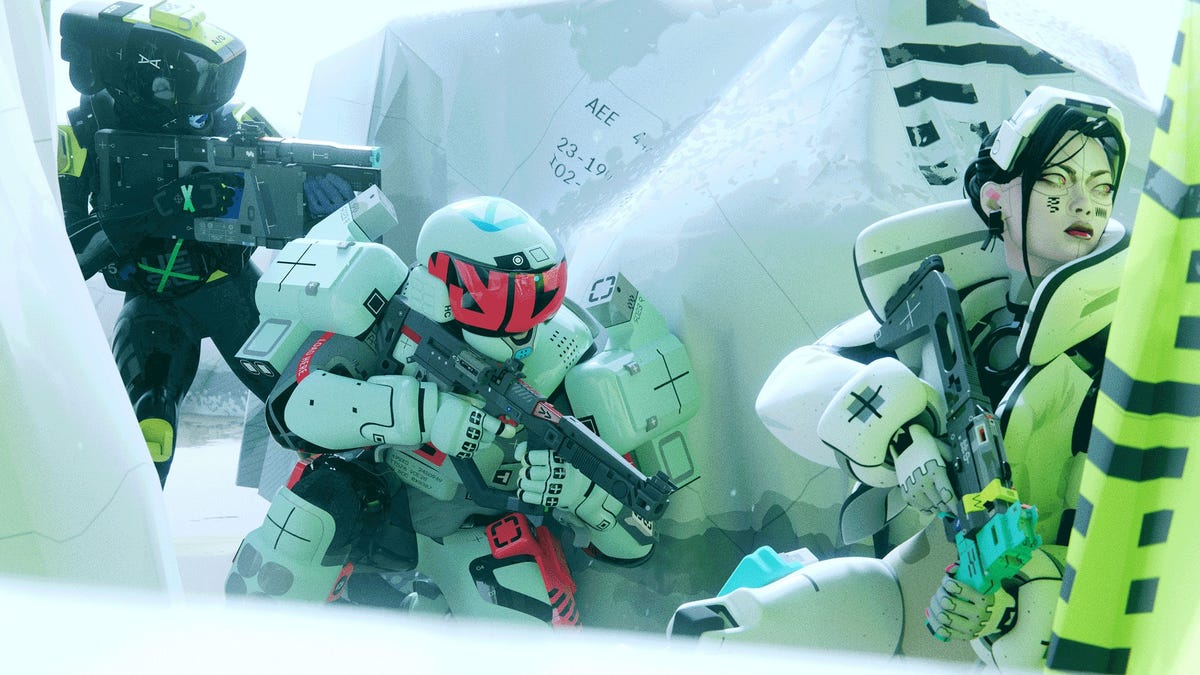
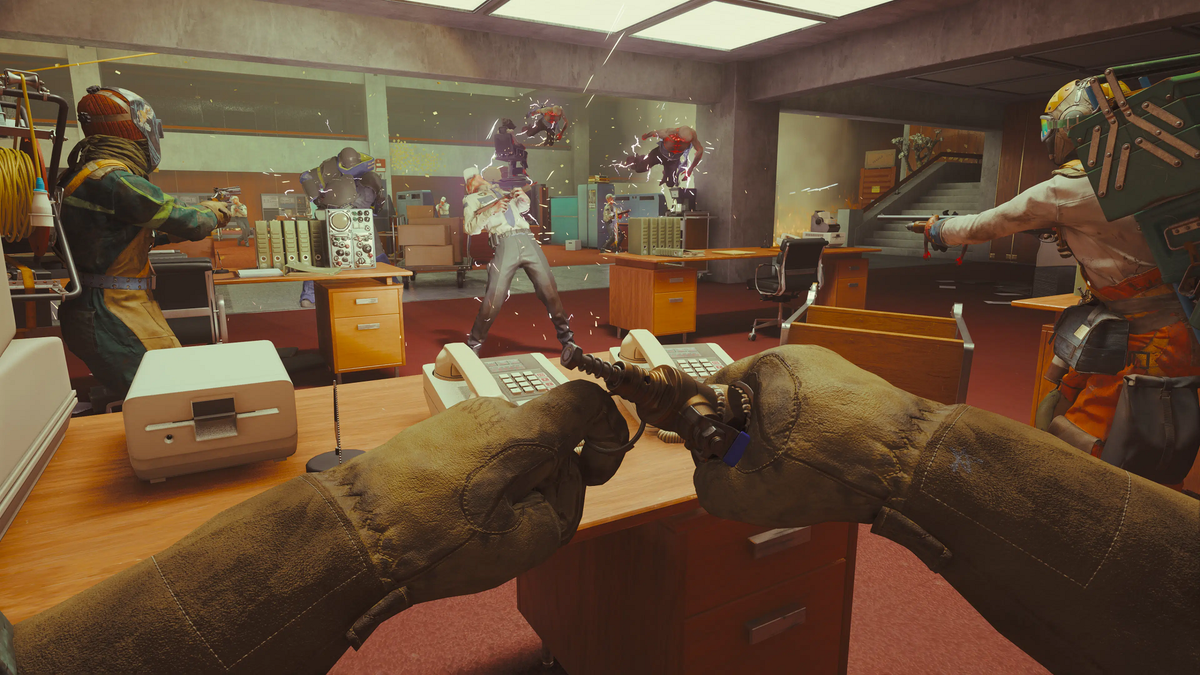
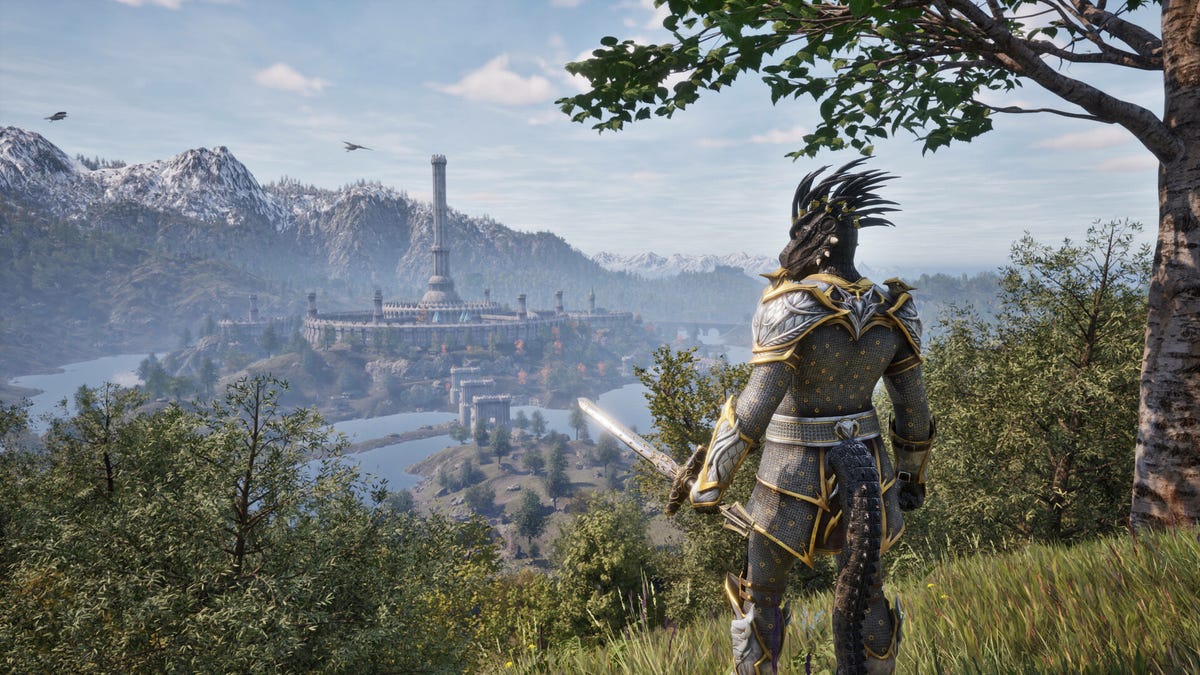






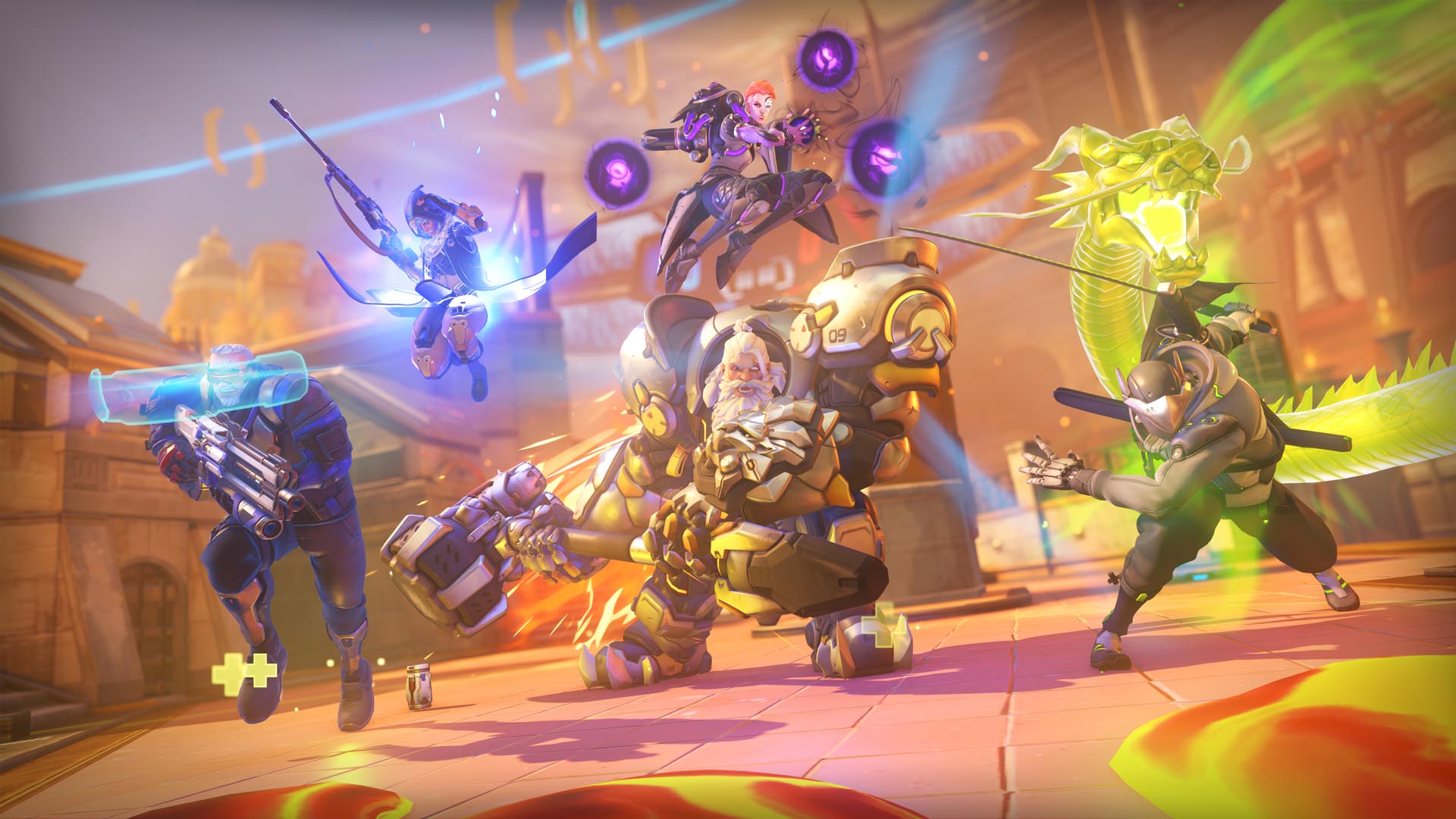
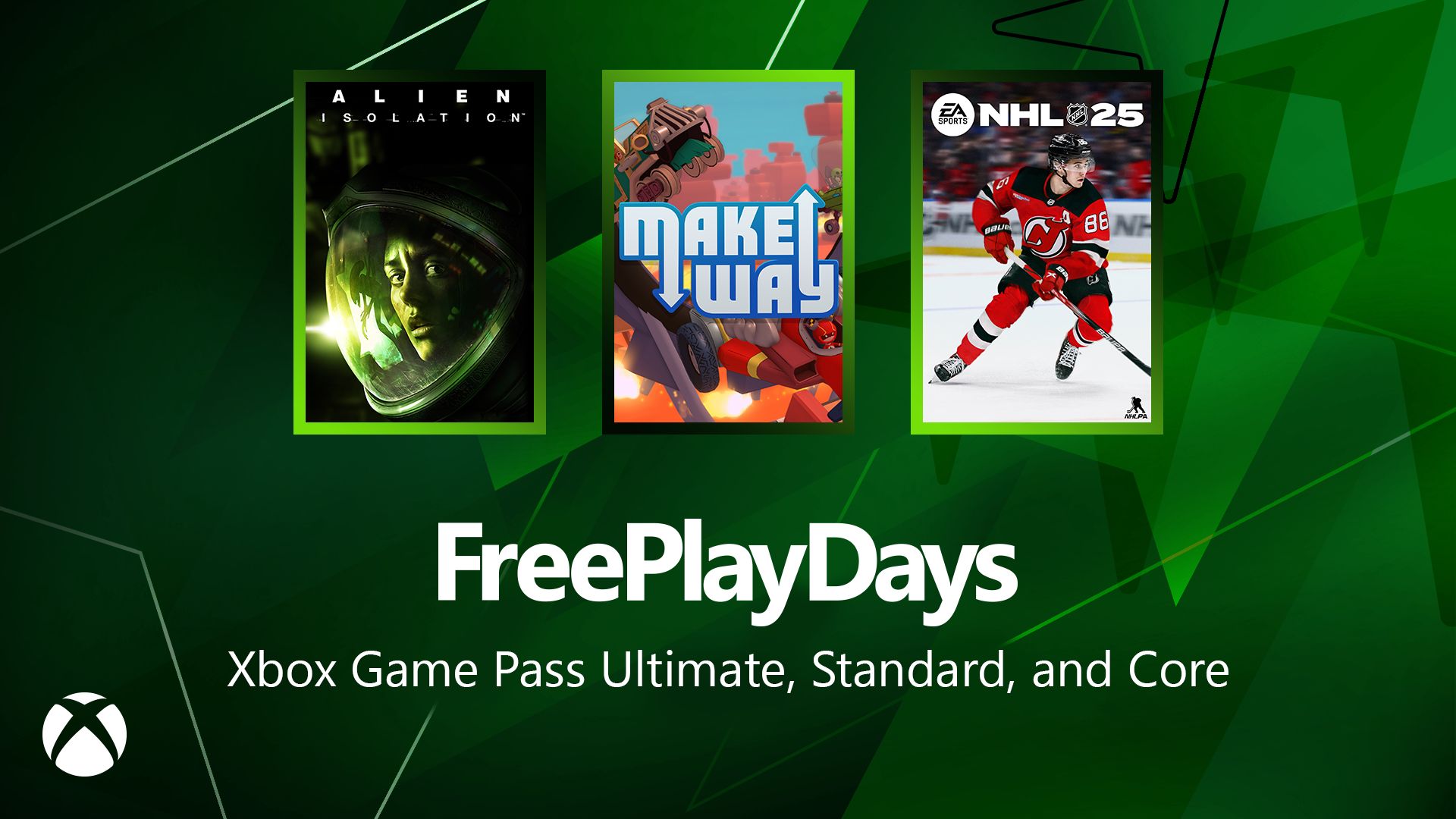



















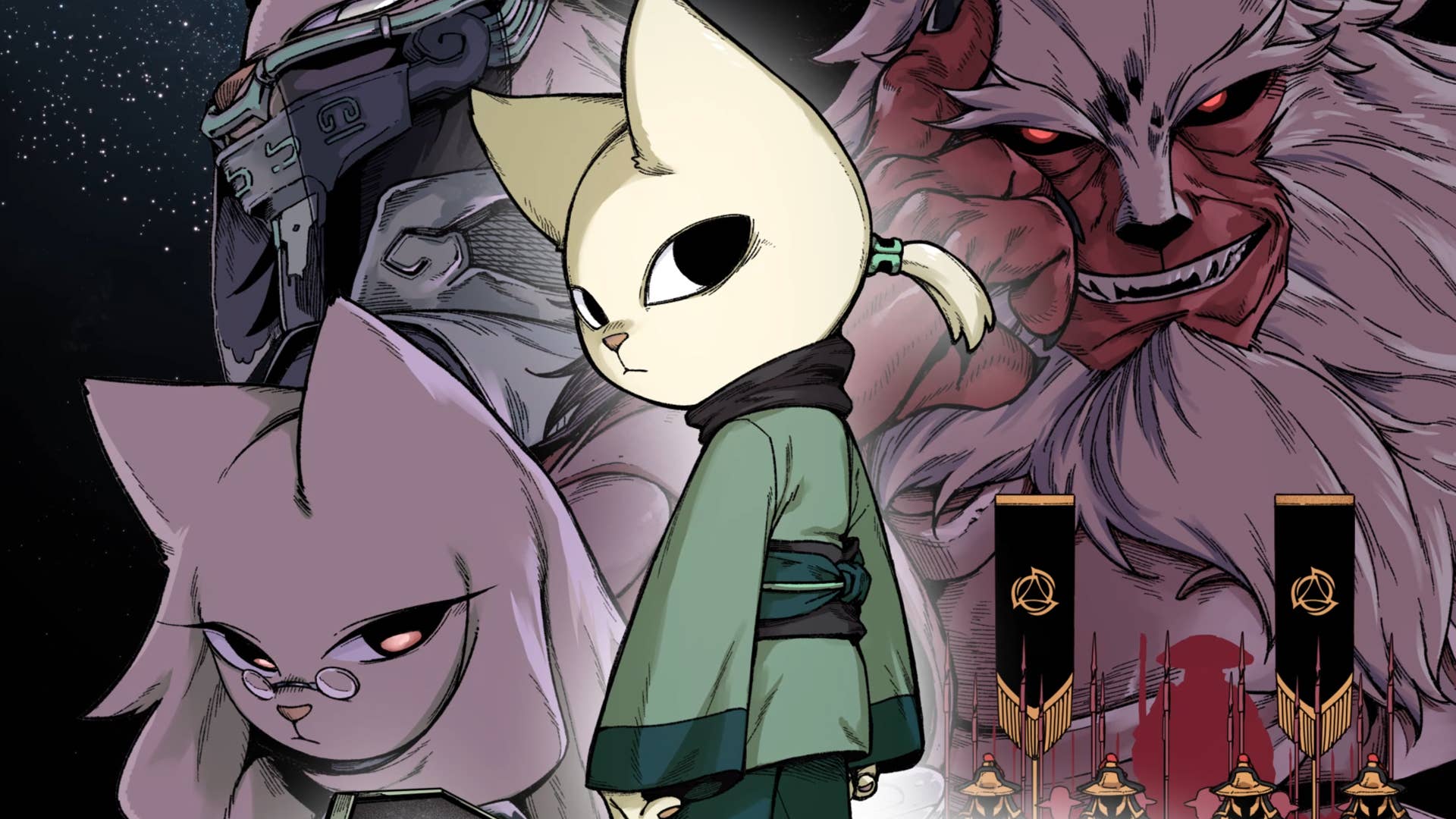
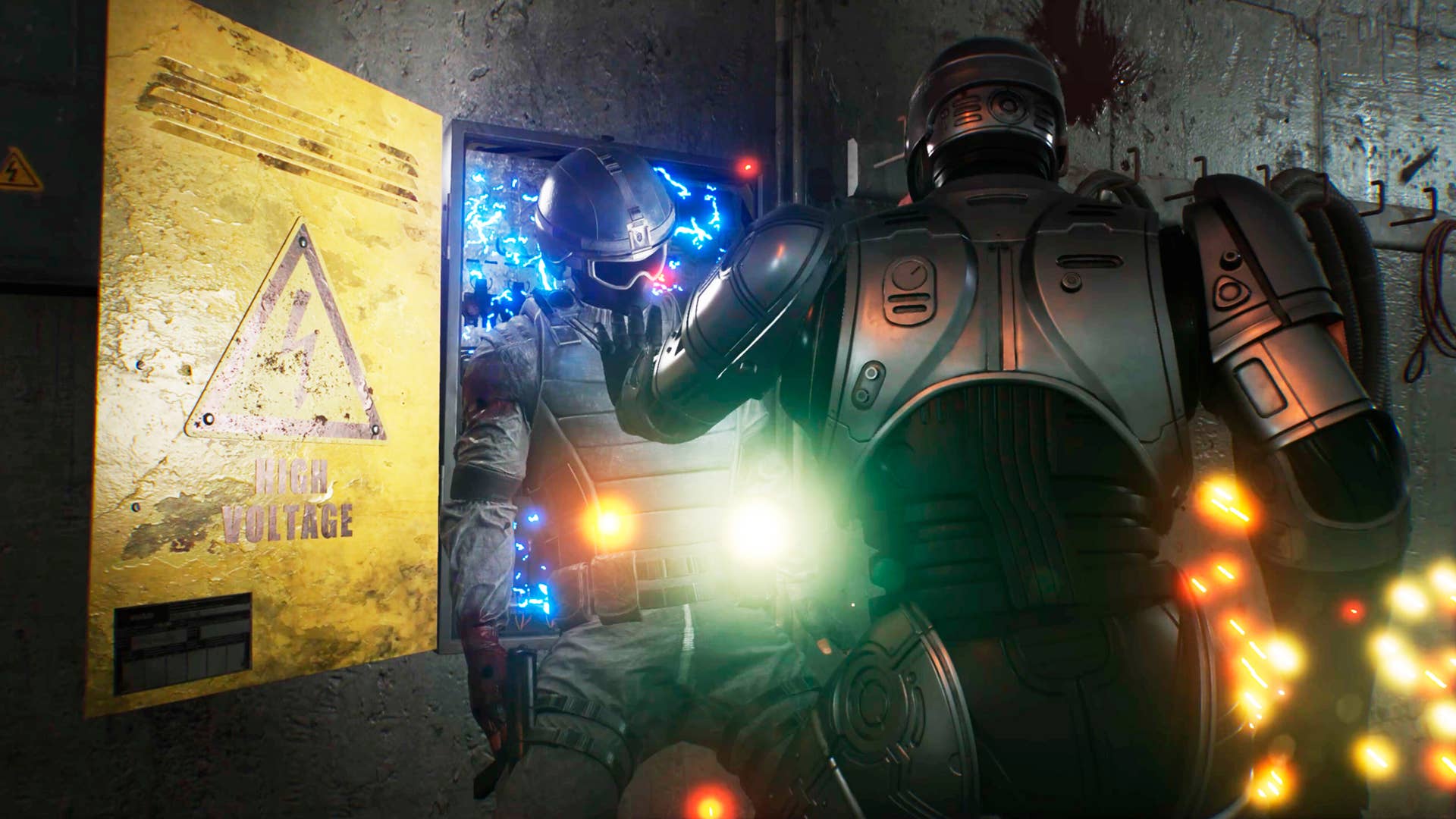
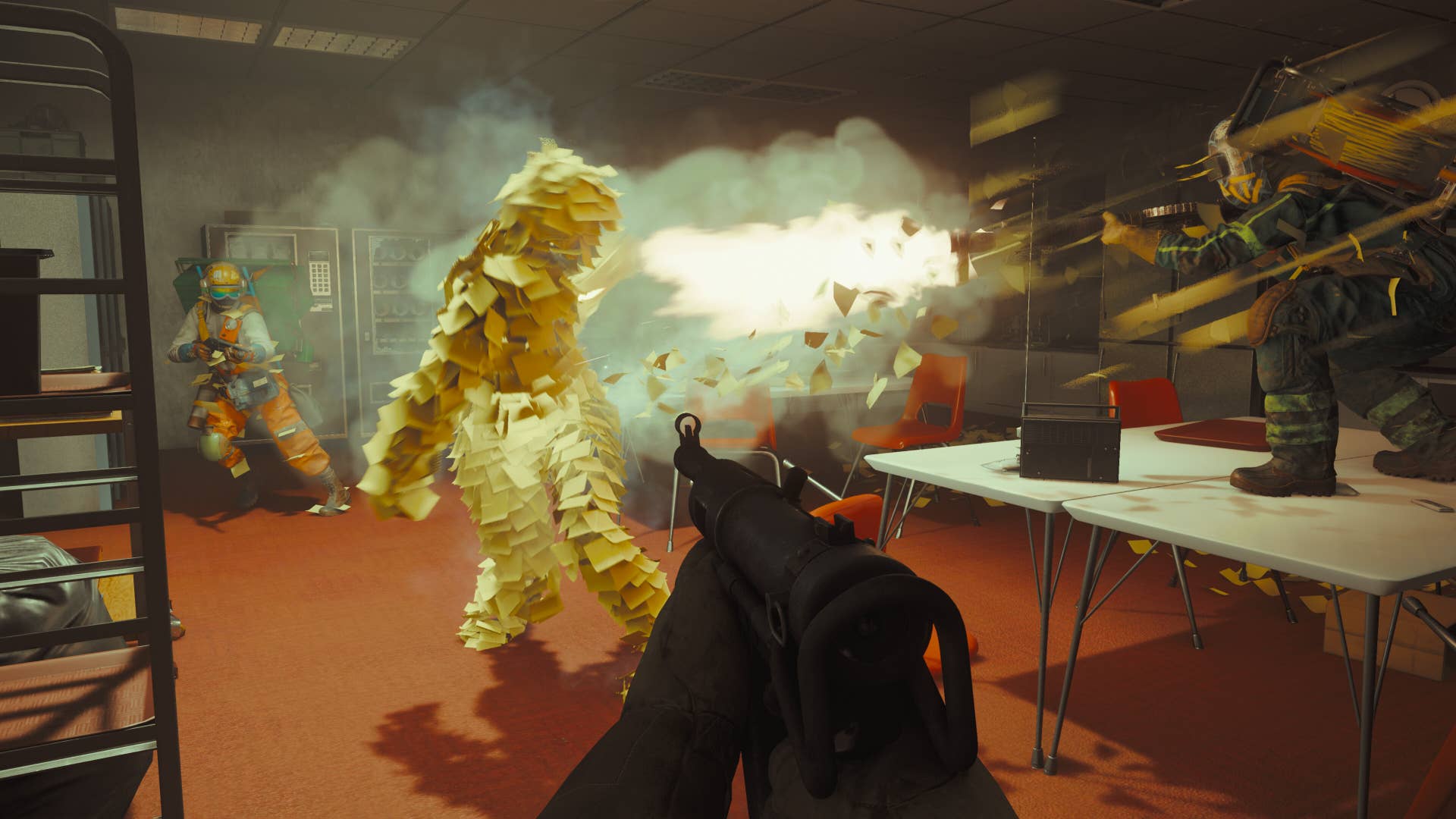







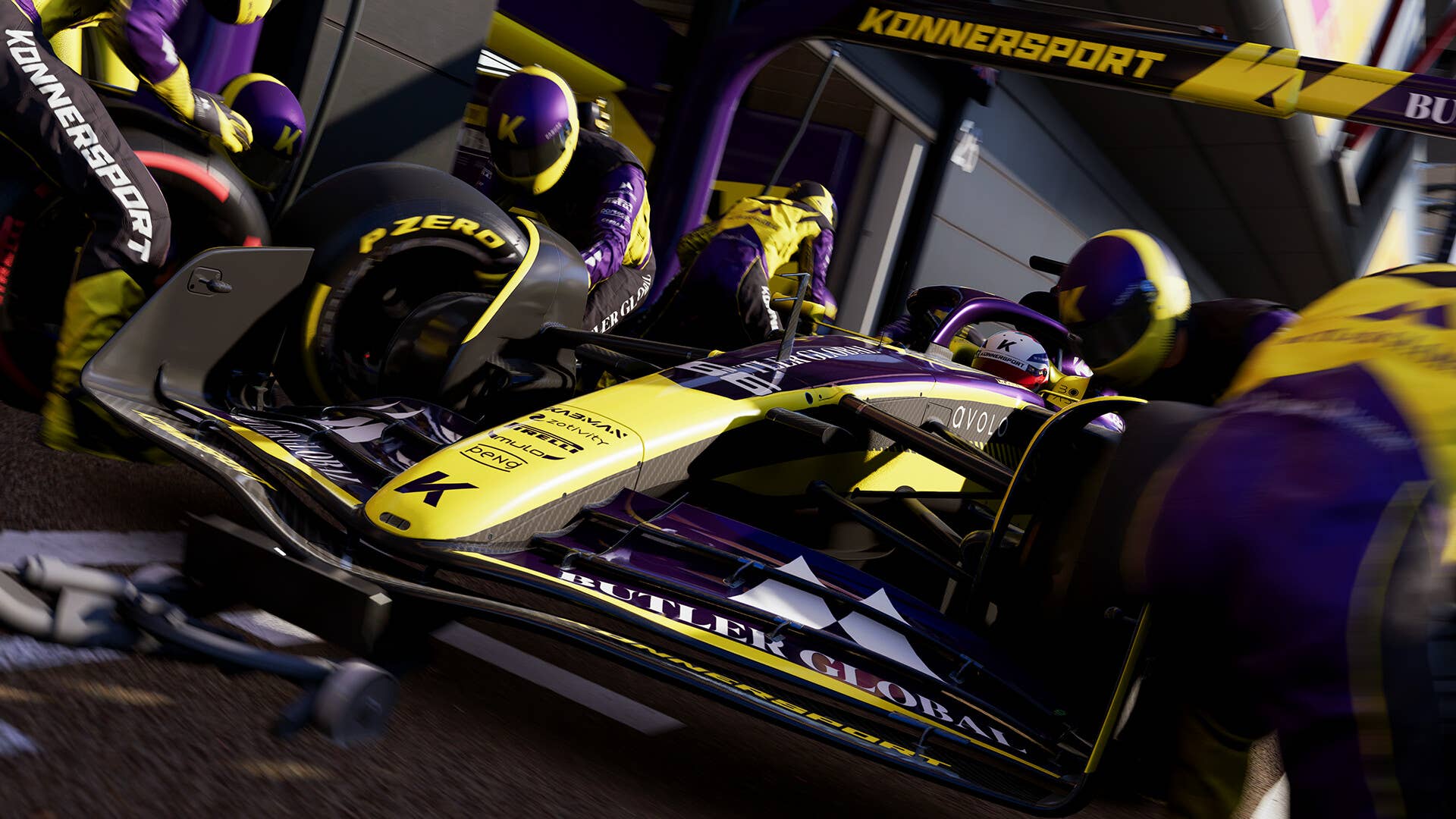
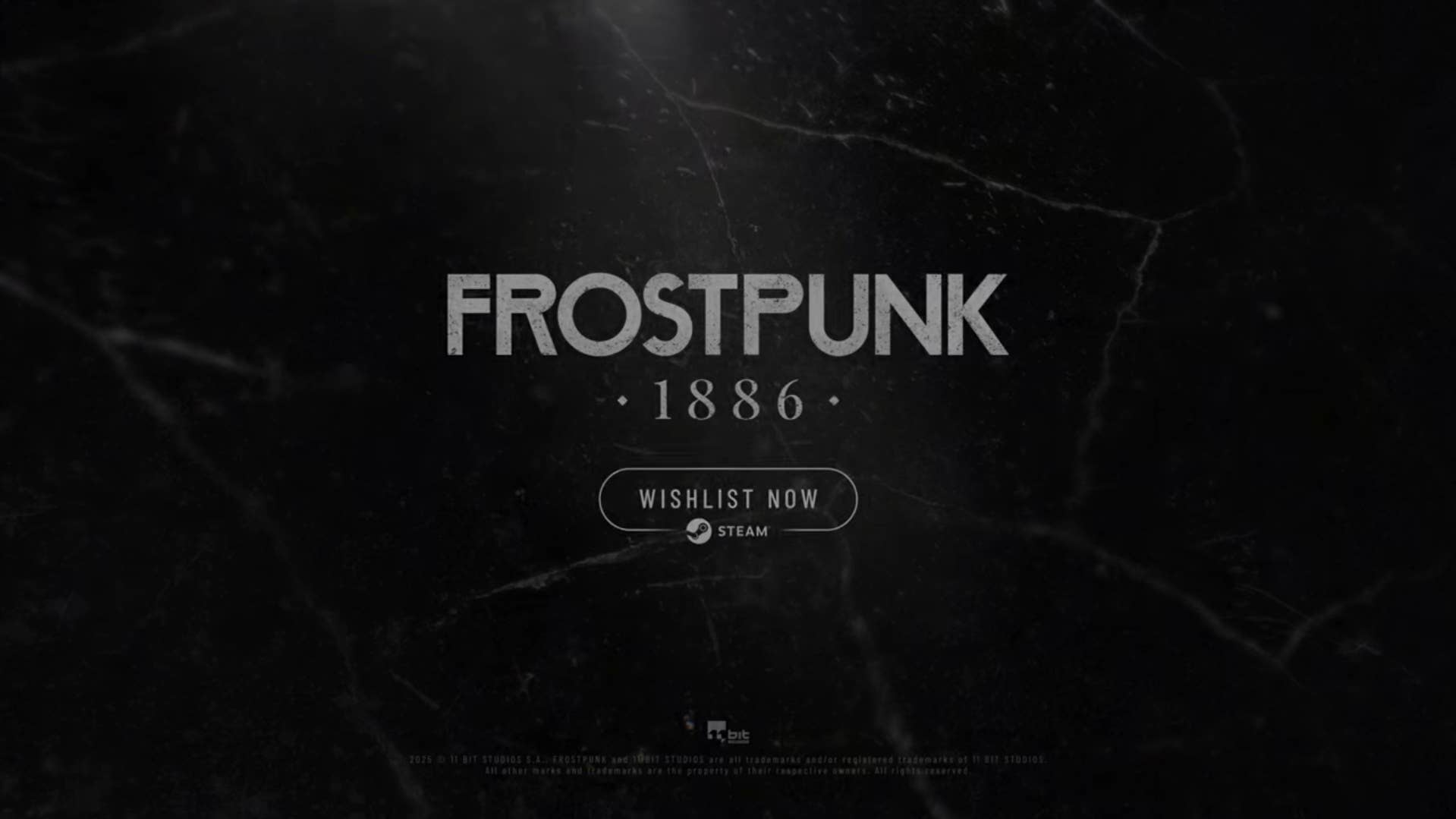









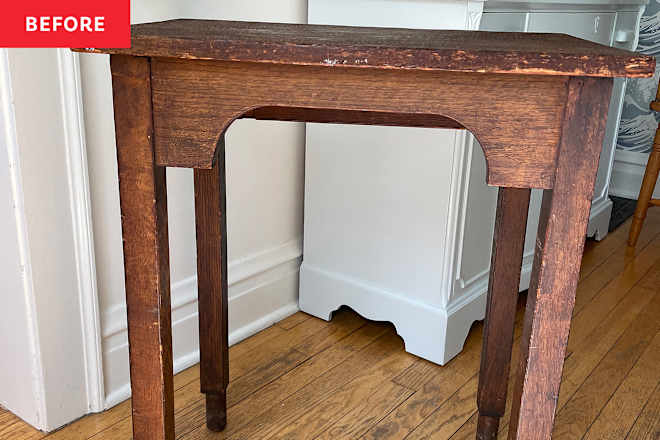



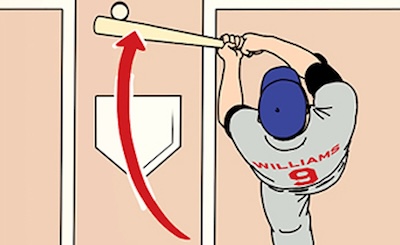
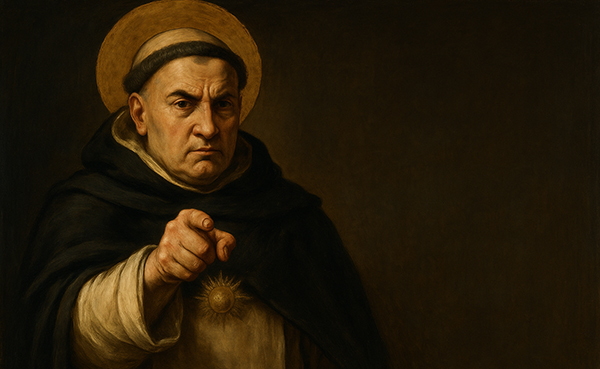




































































![[Podcast] Unlocking Innovation: How Play & Creativity Drive Success with Melissa Dinwiddie](https://justcreative.com/wp-content/uploads/2025/04/melissa-dinwiddie-youtube.png)











